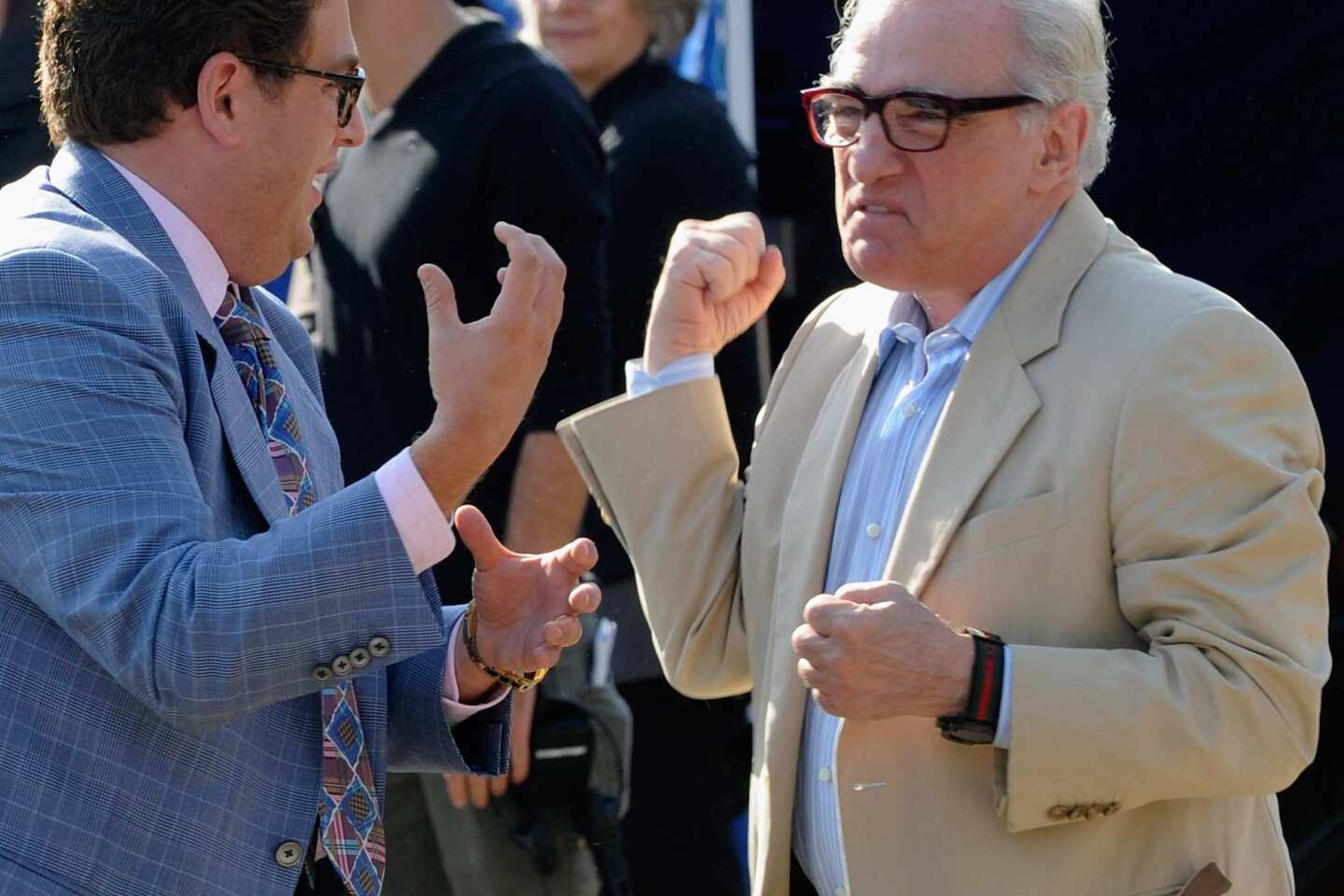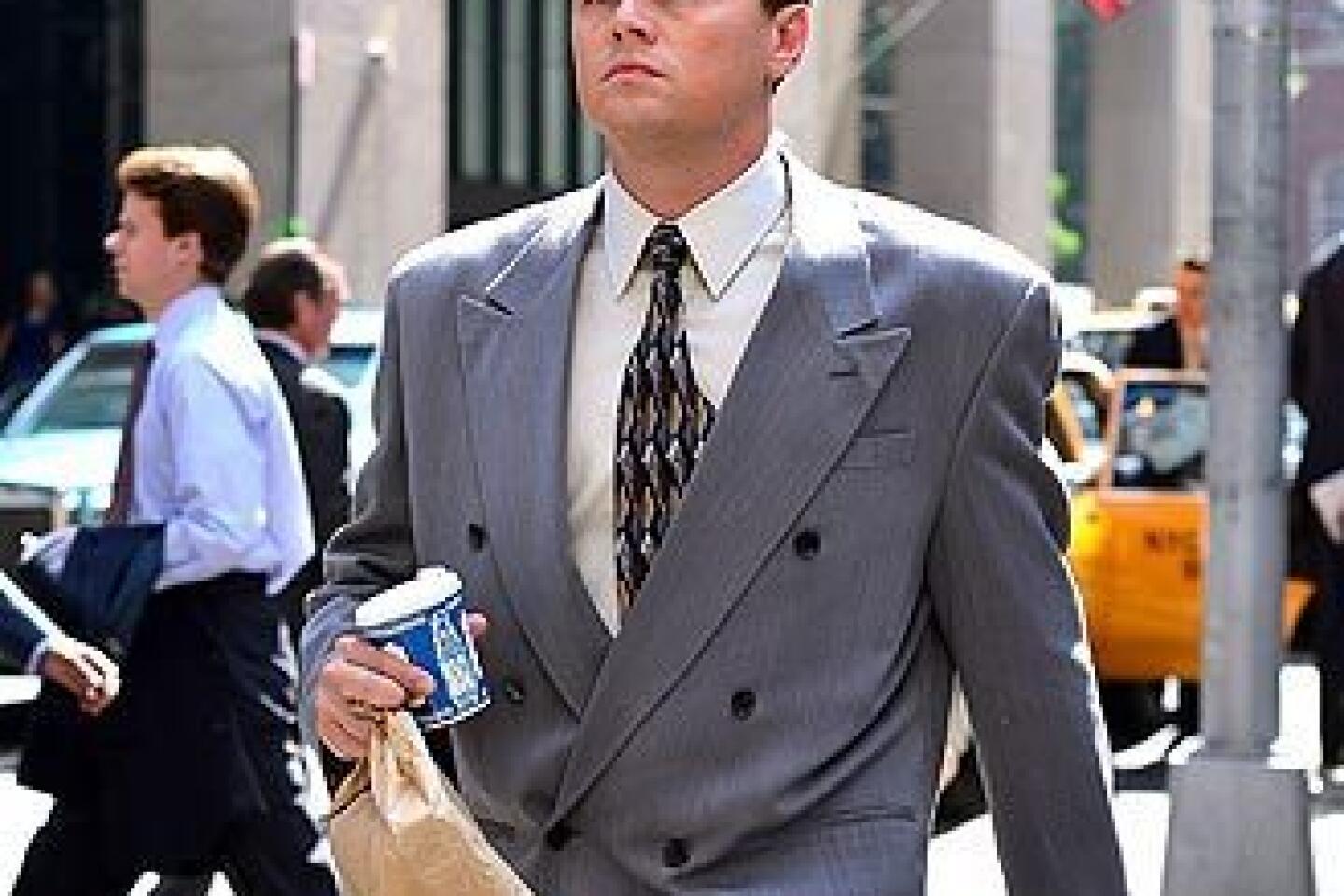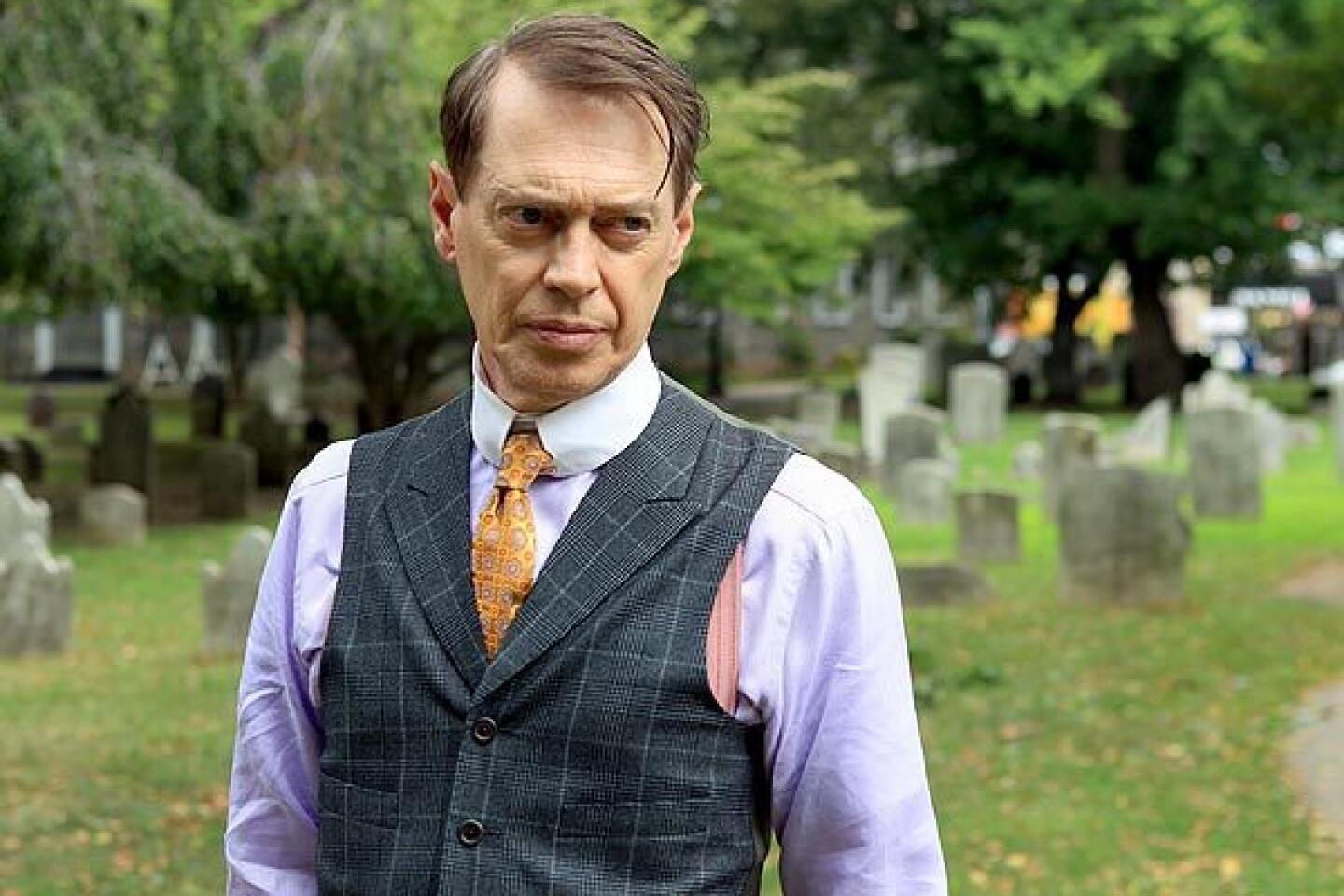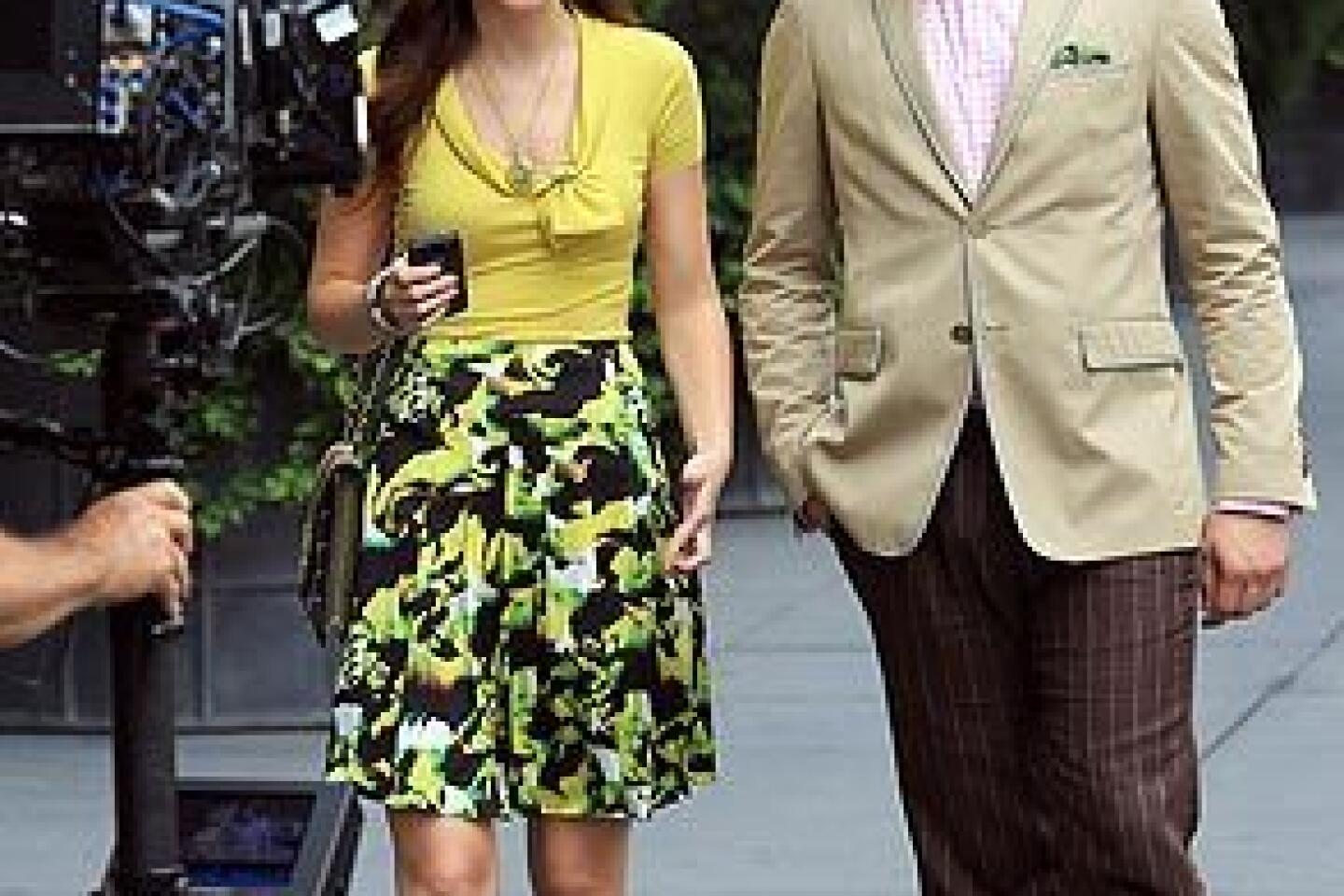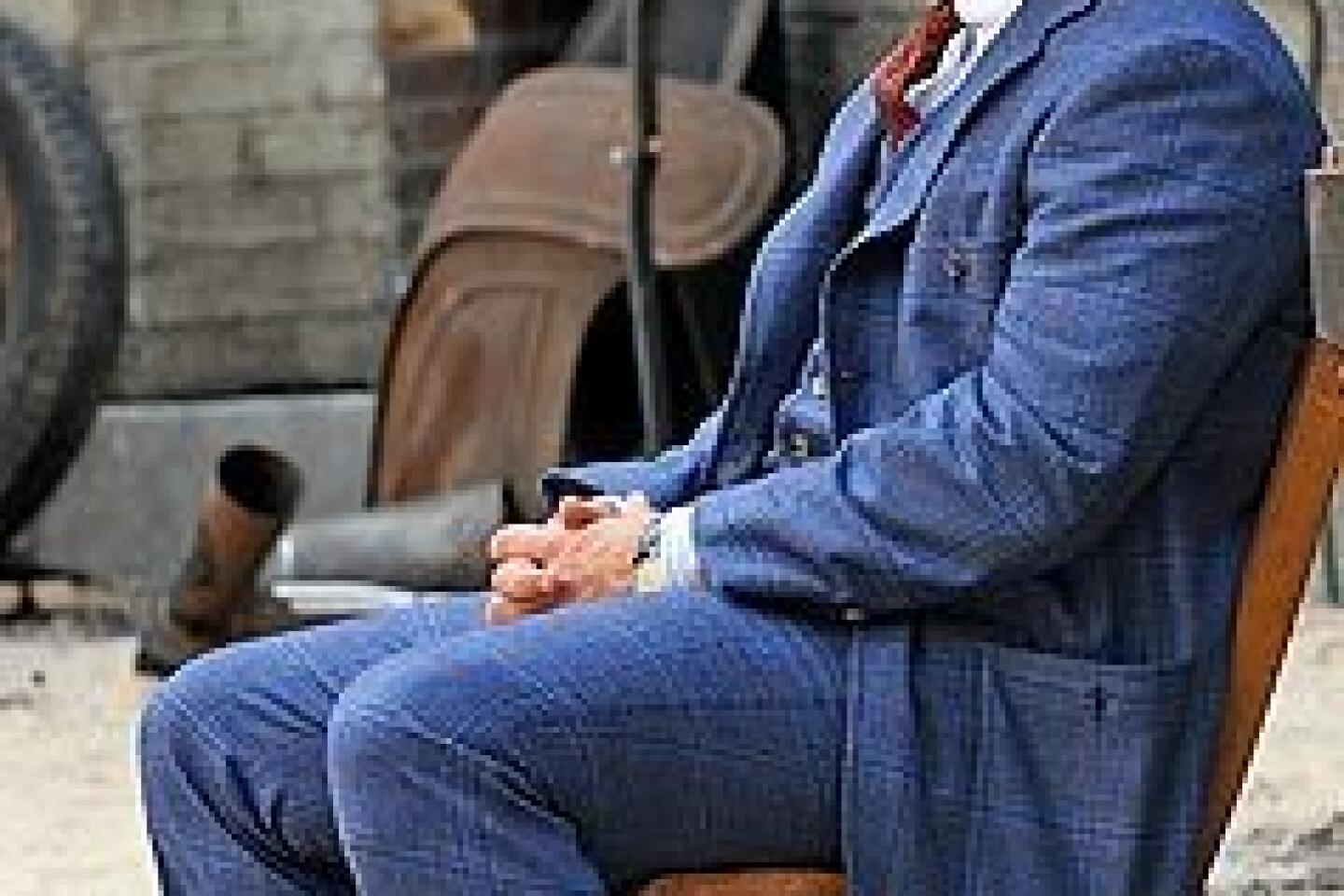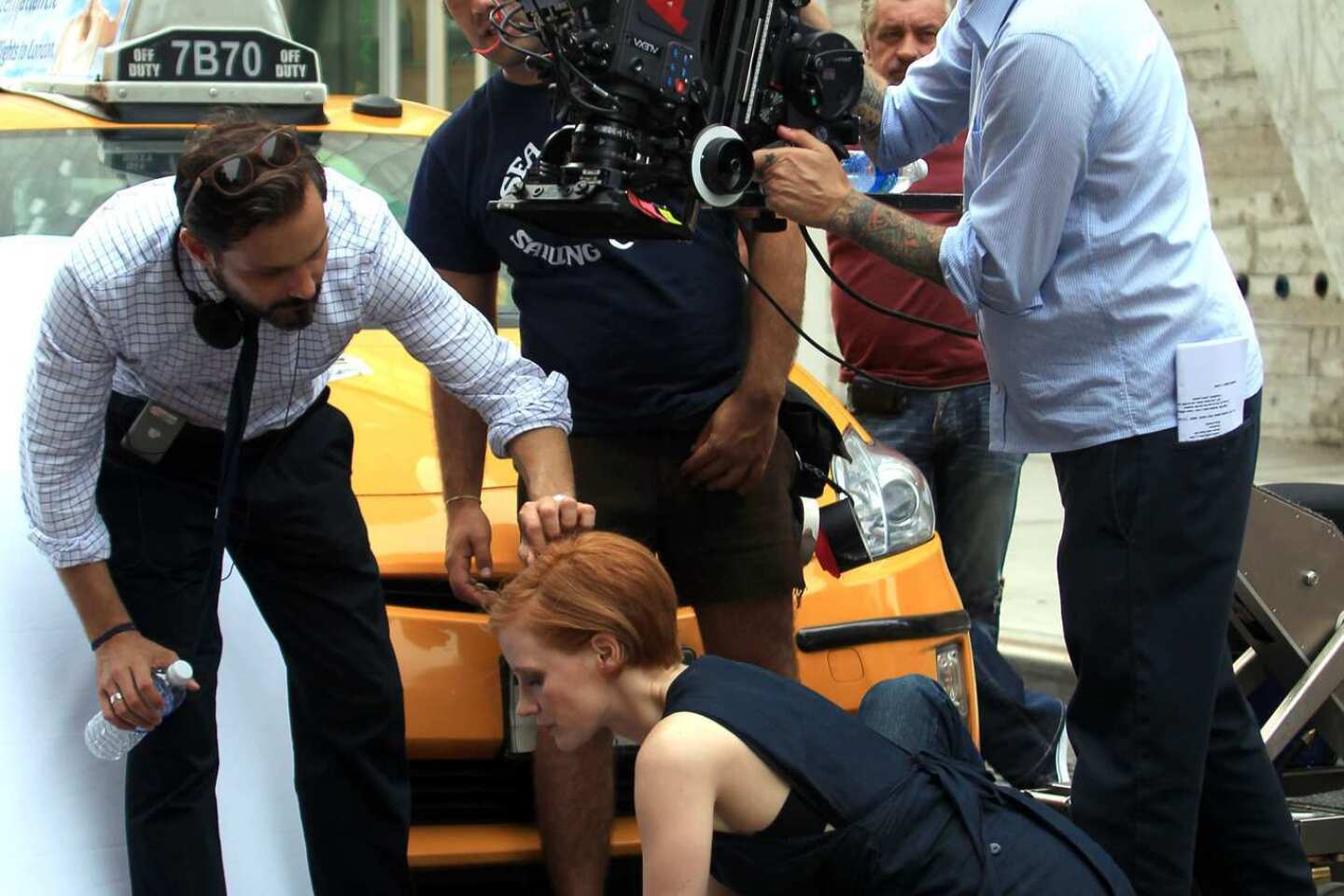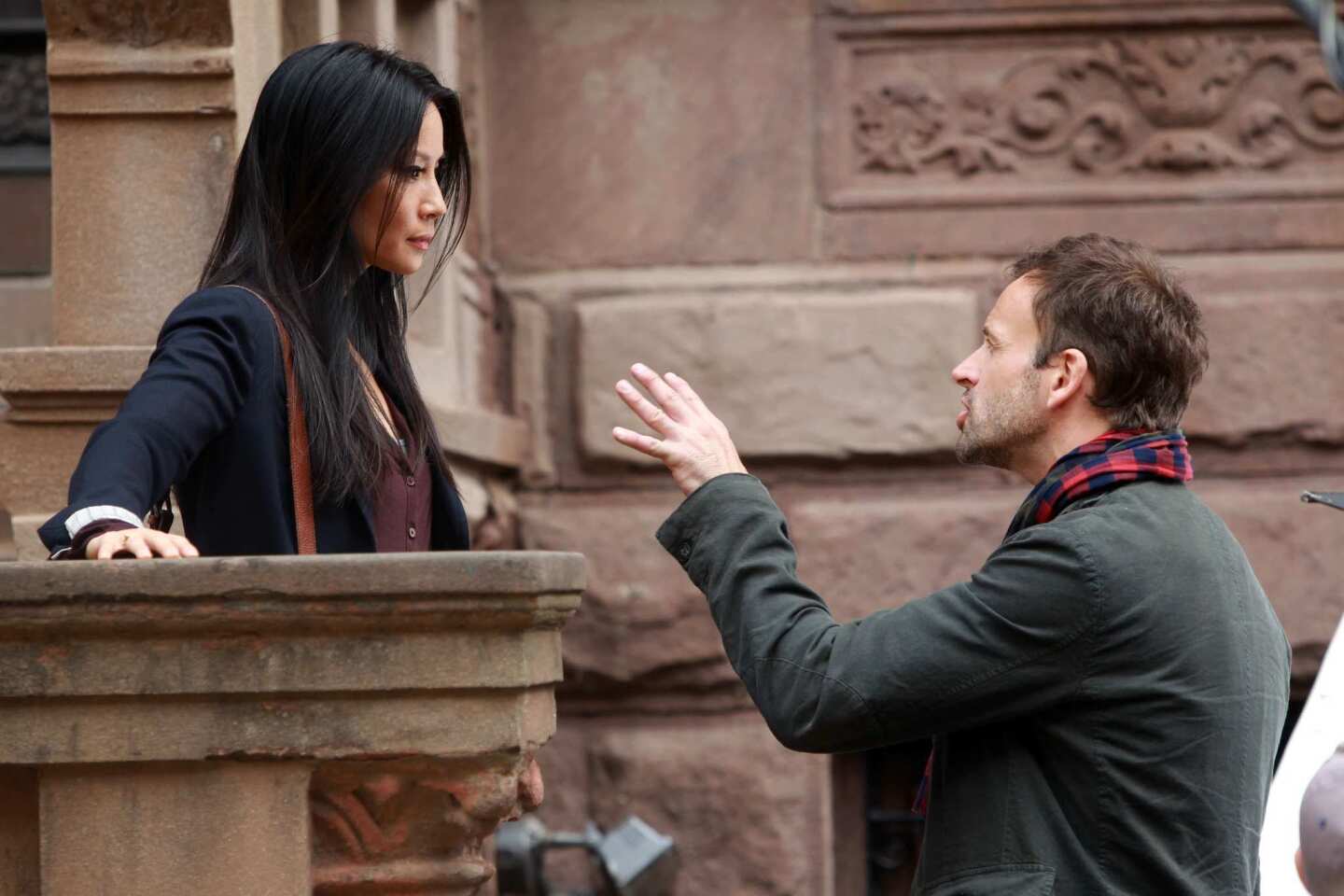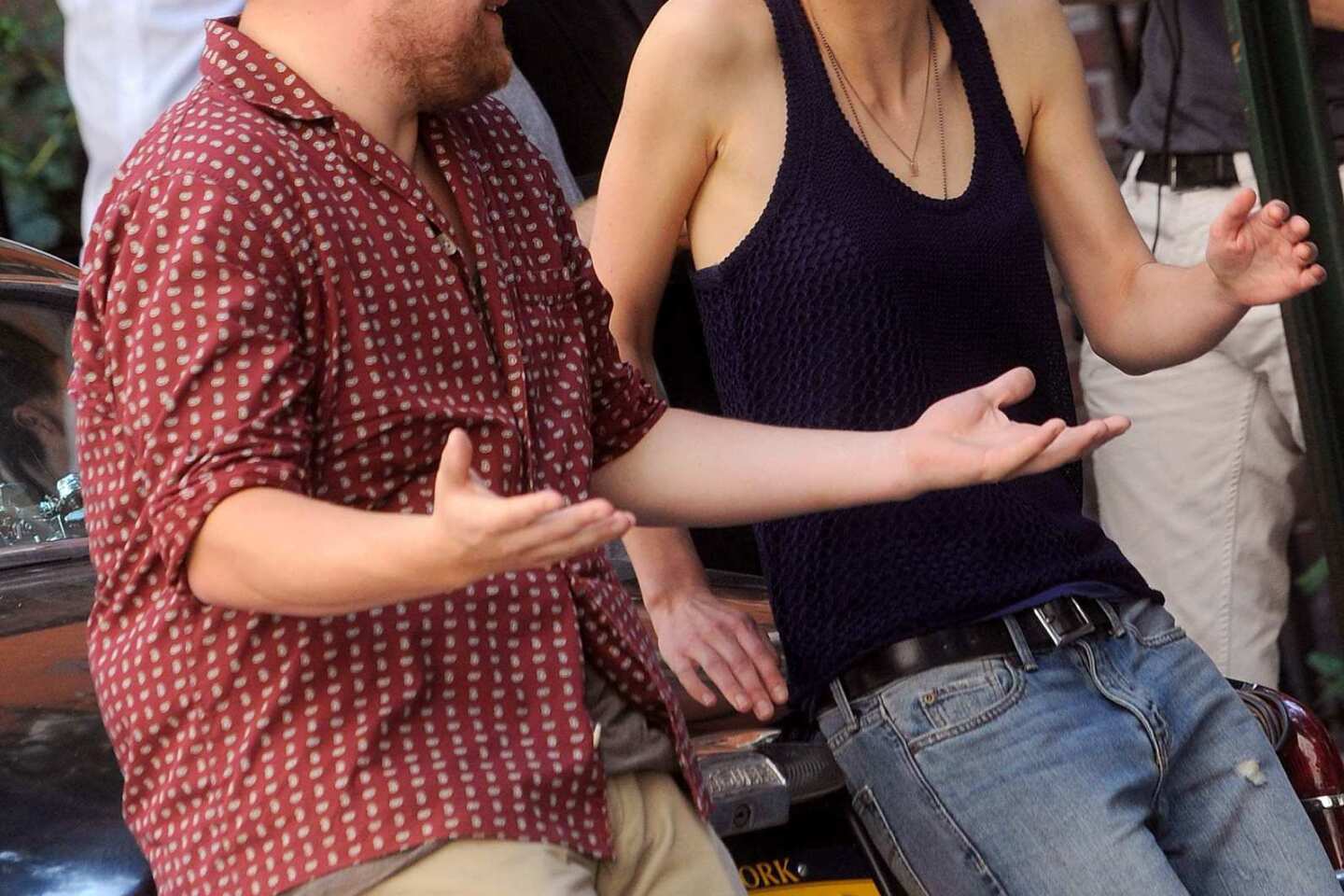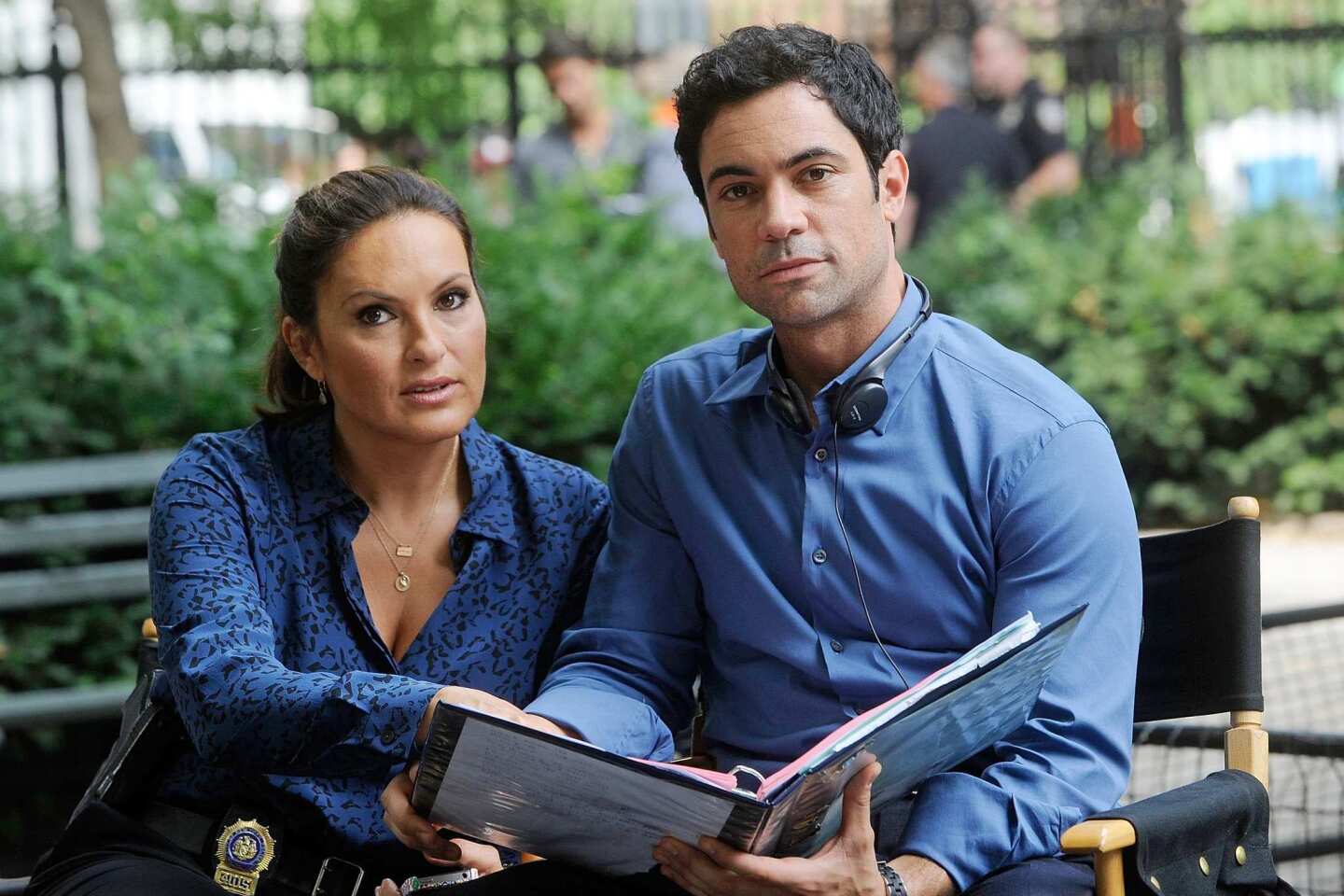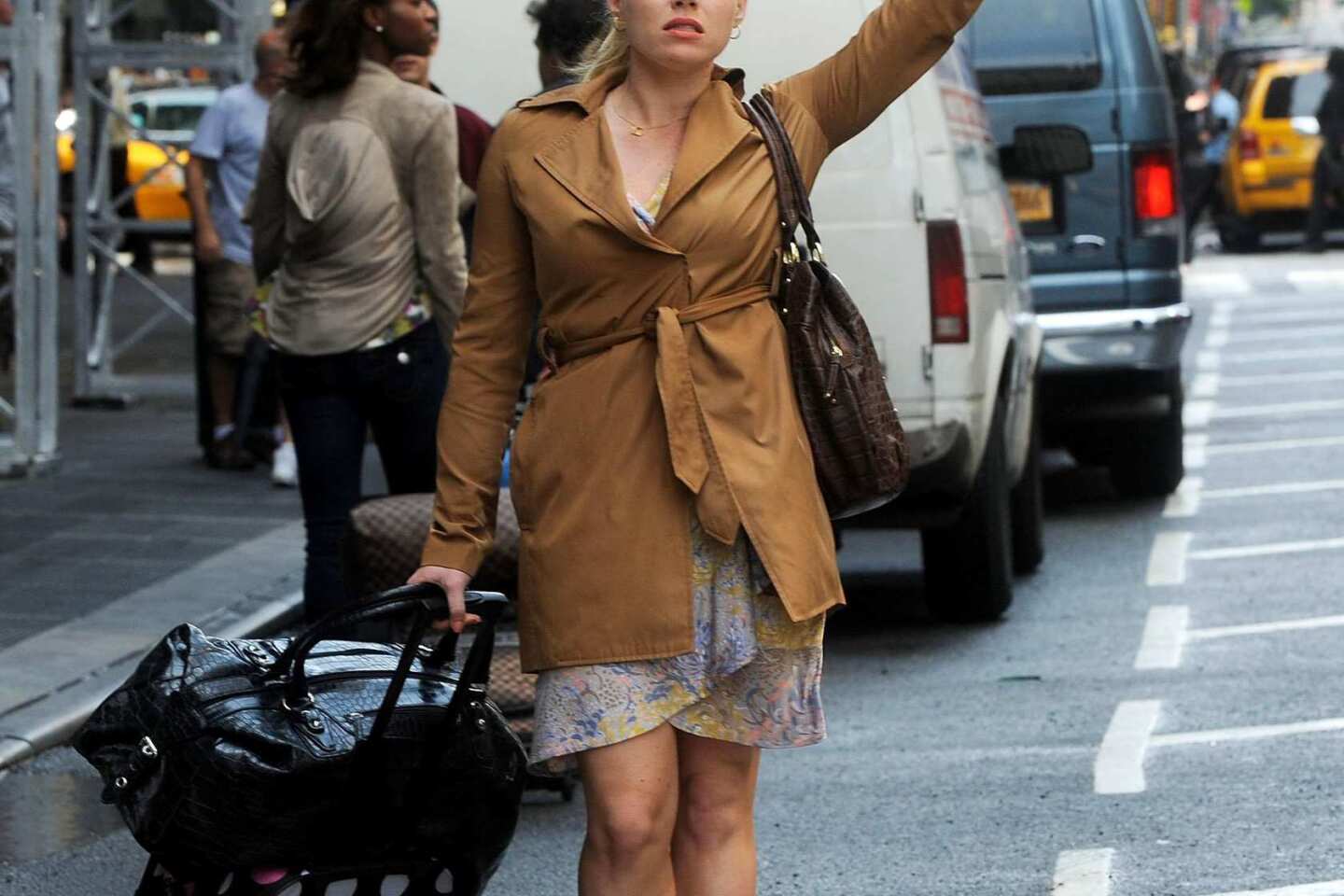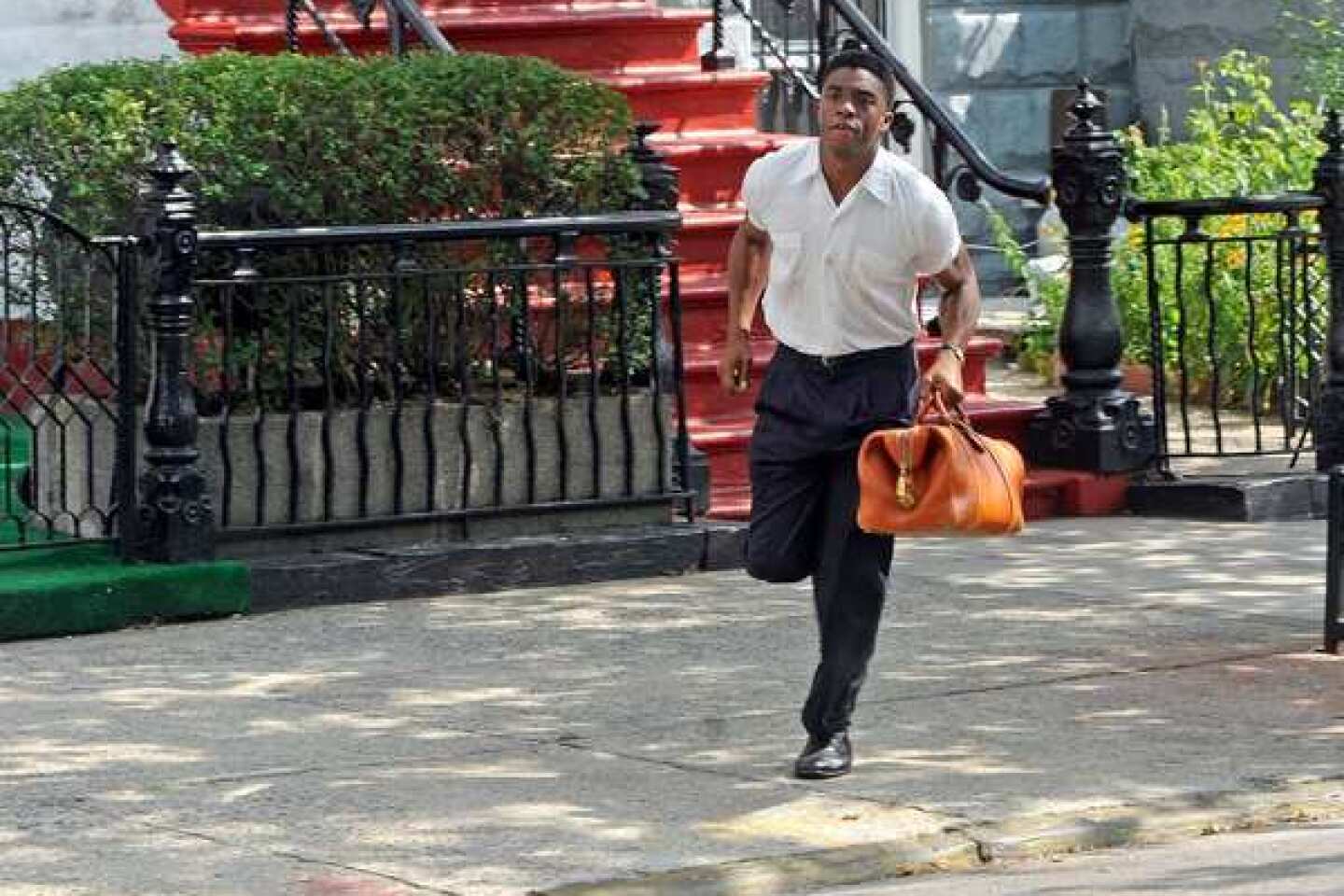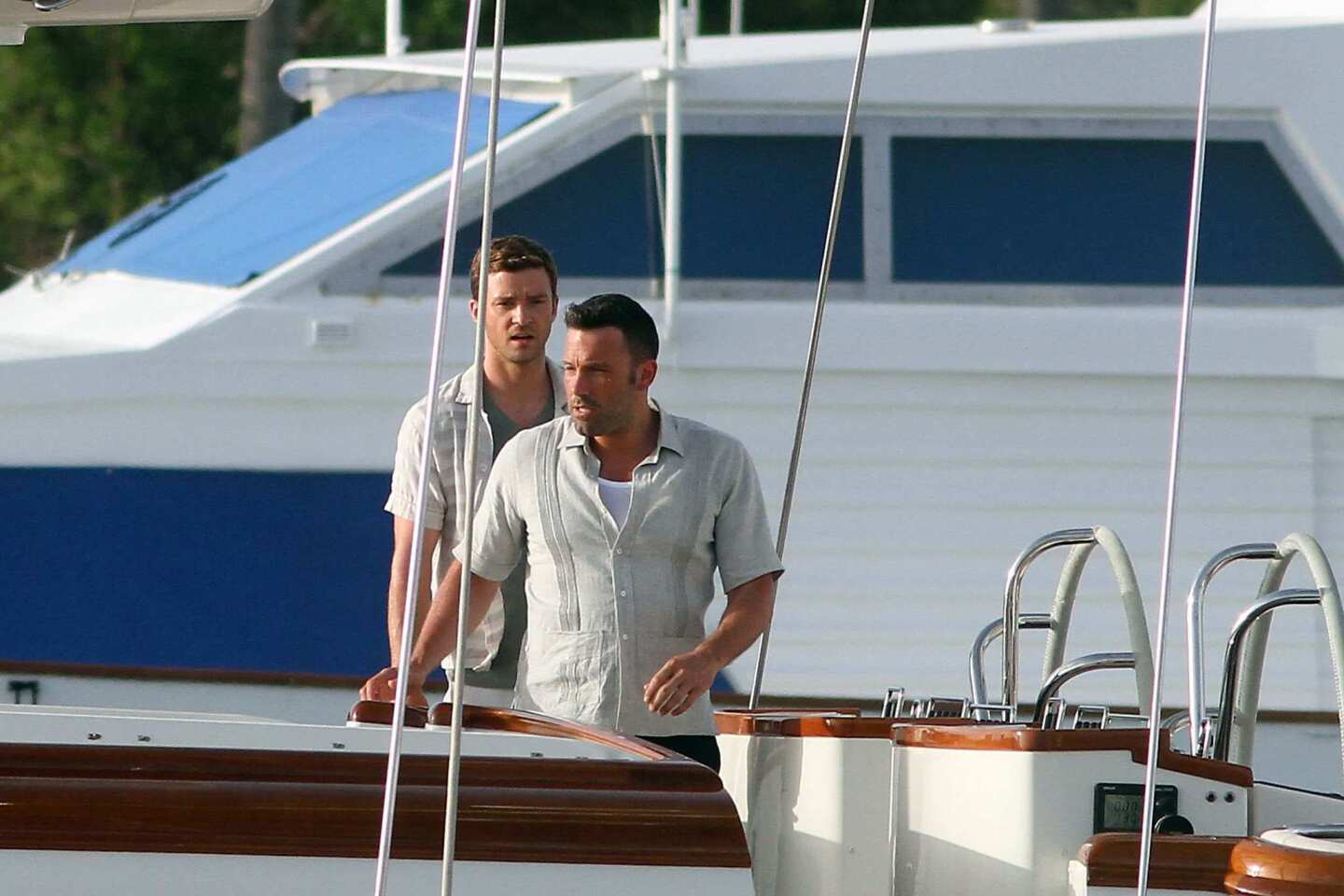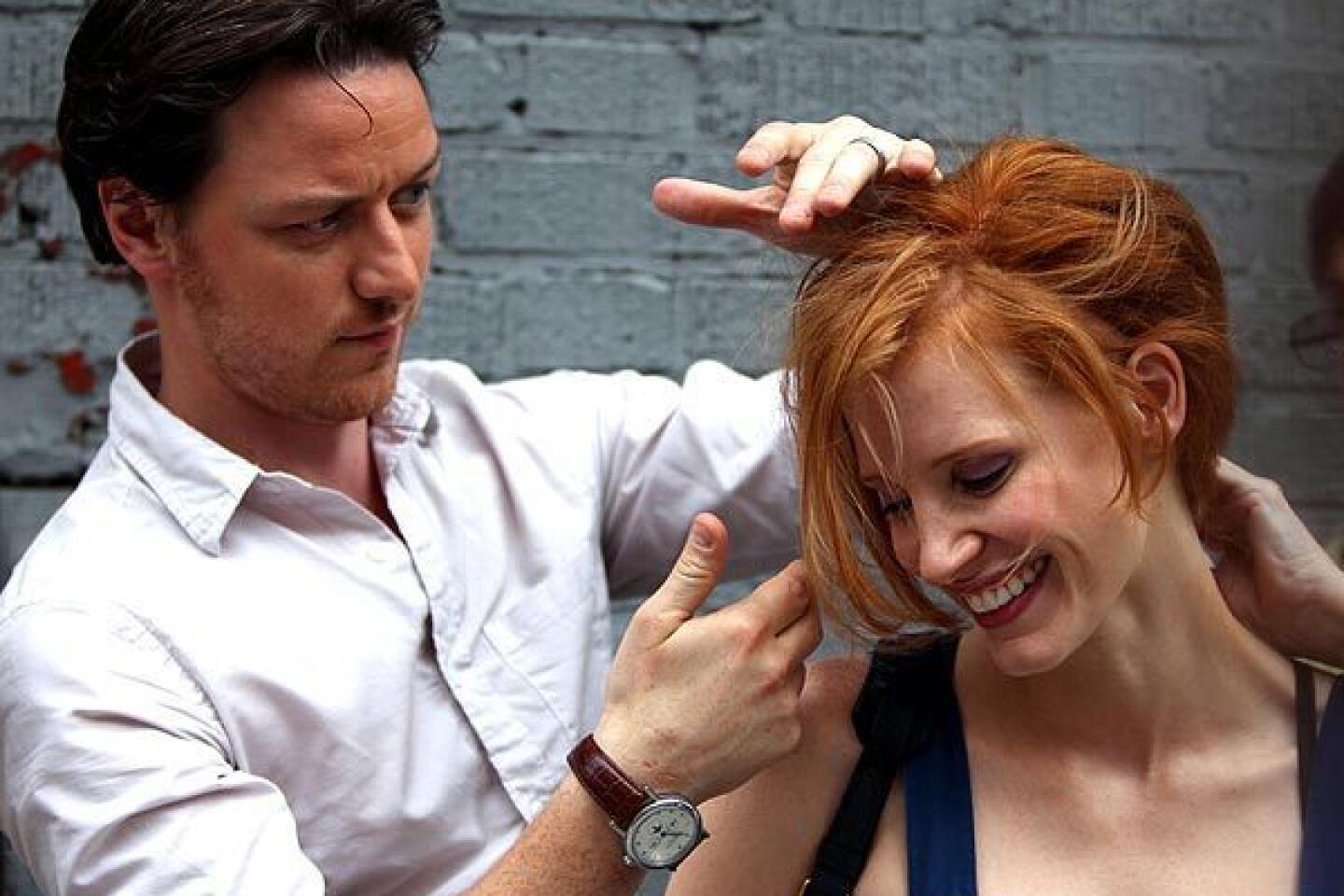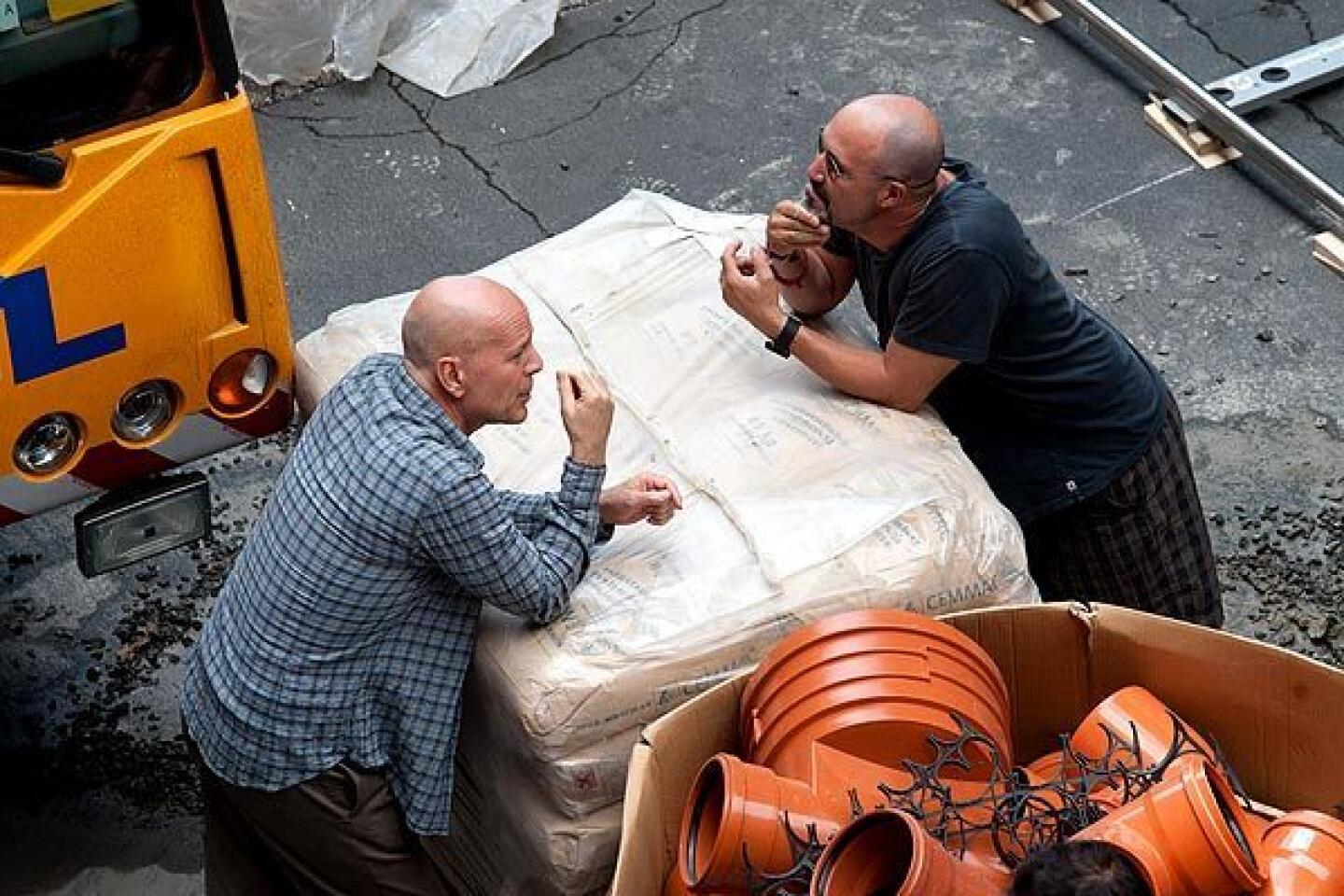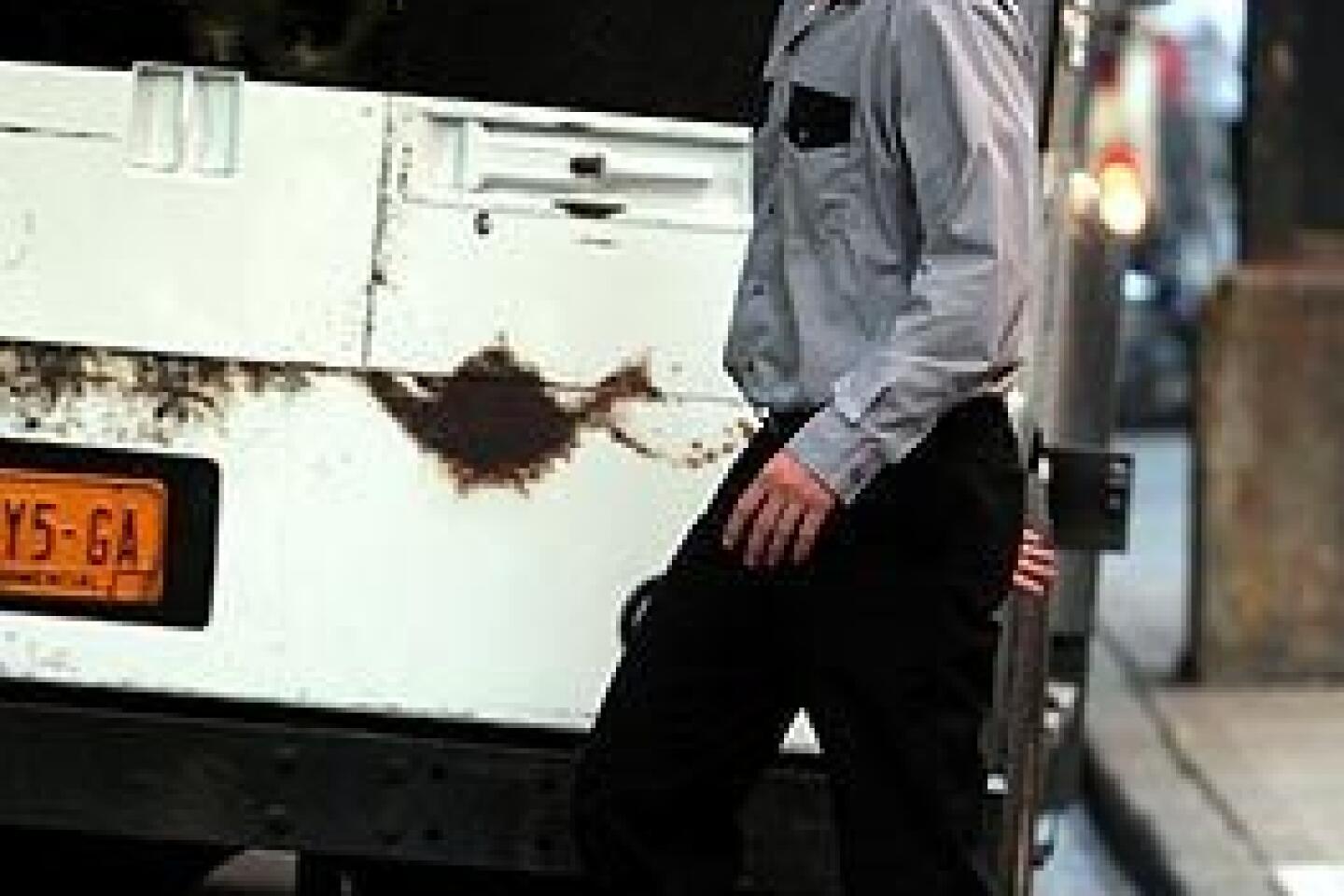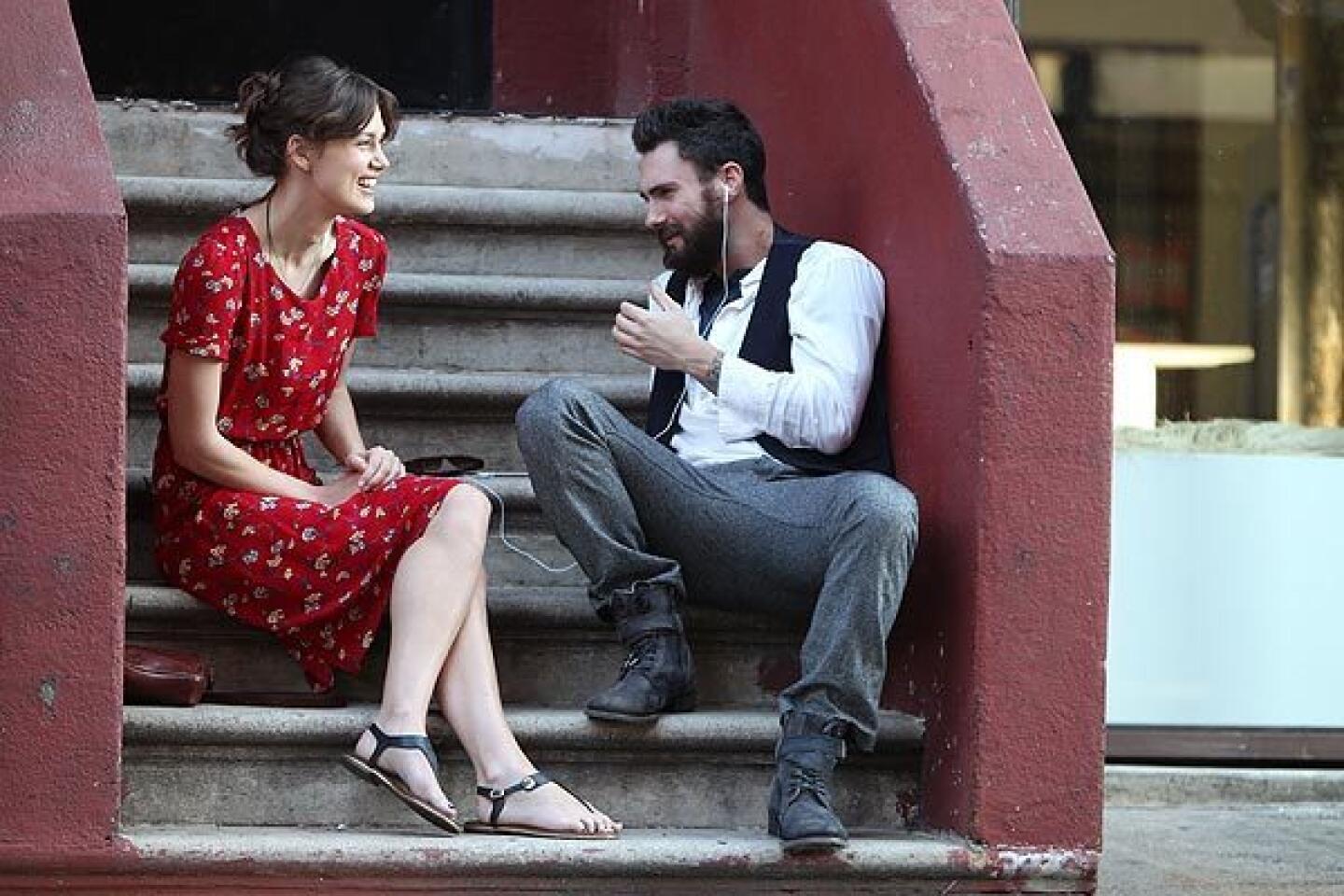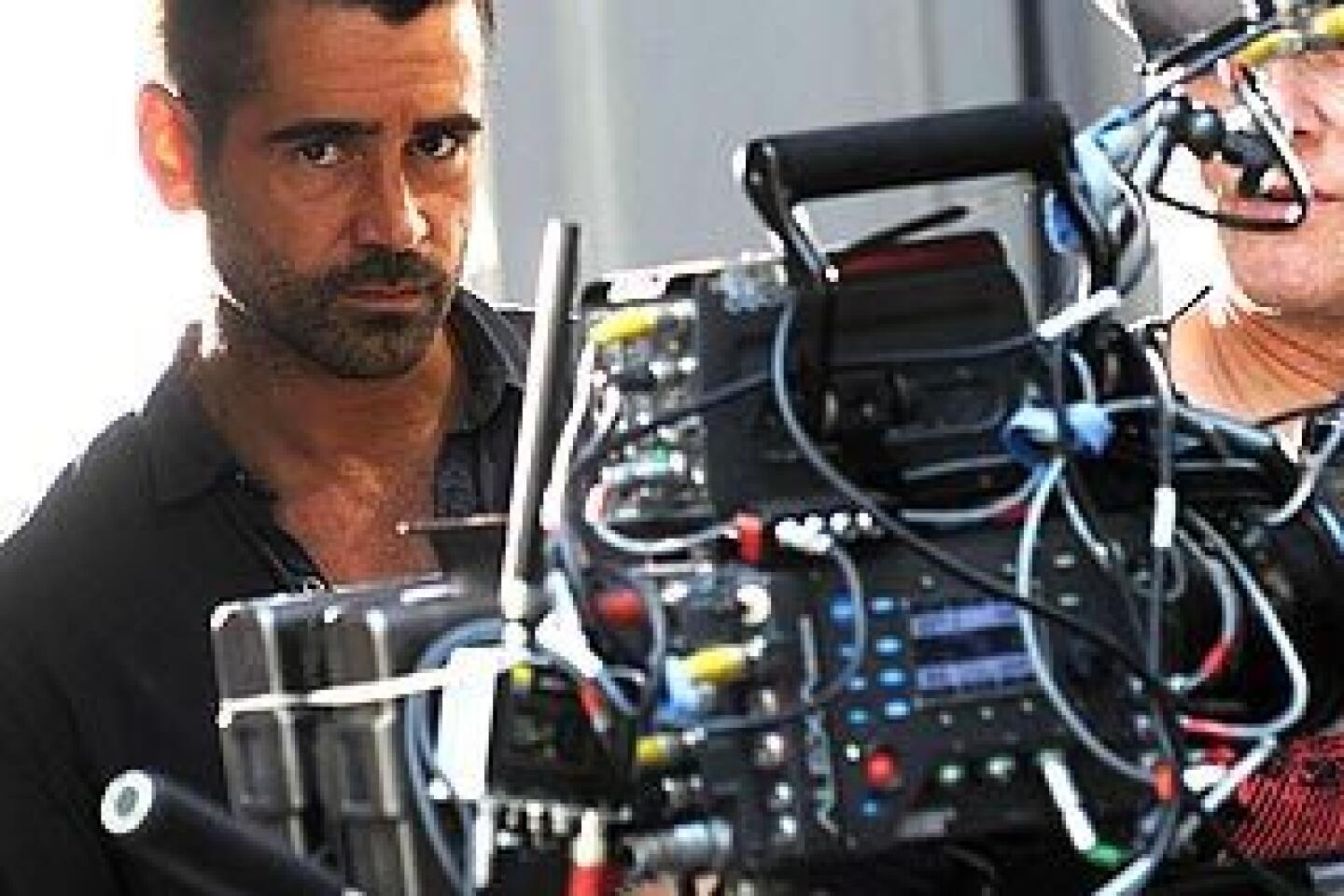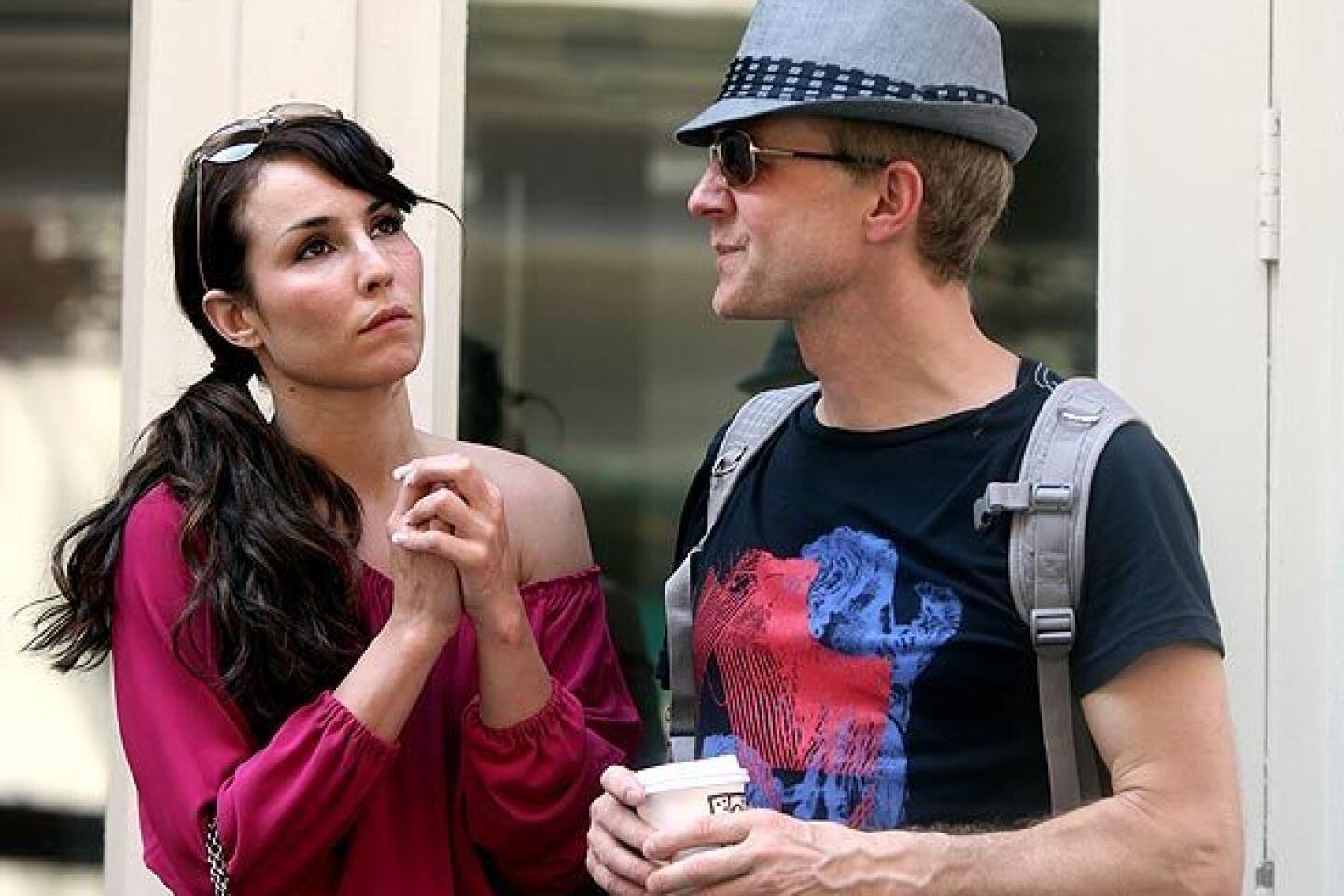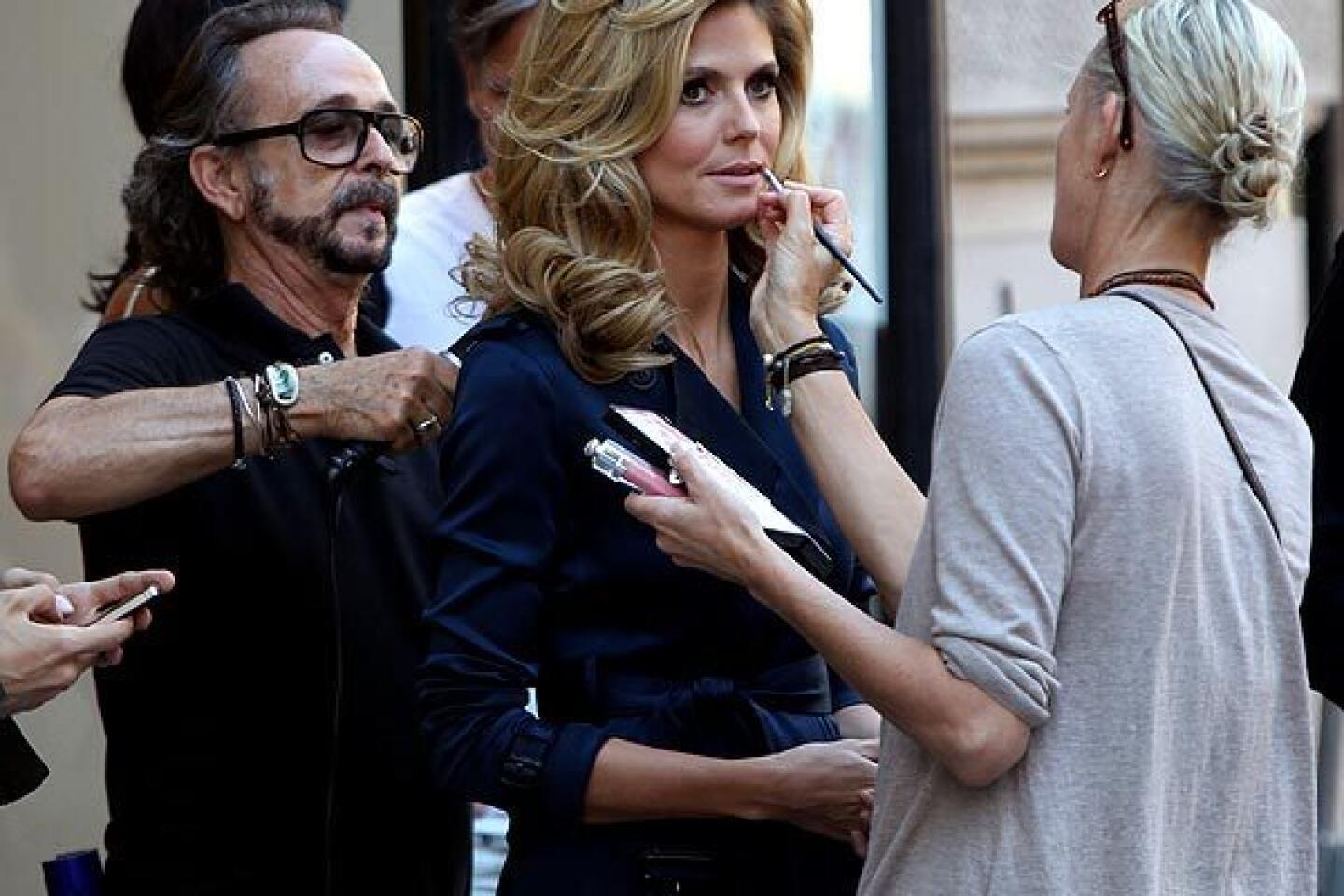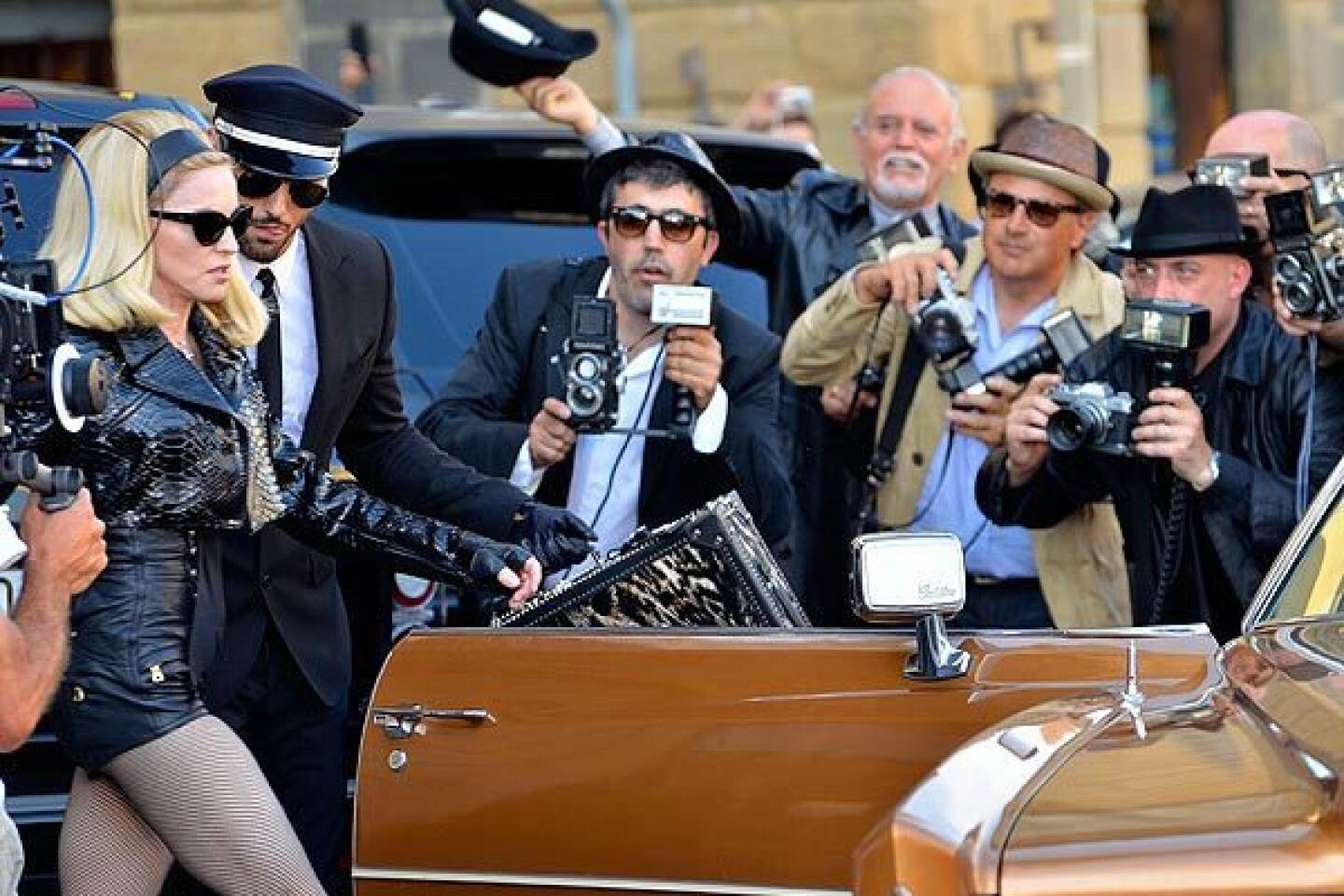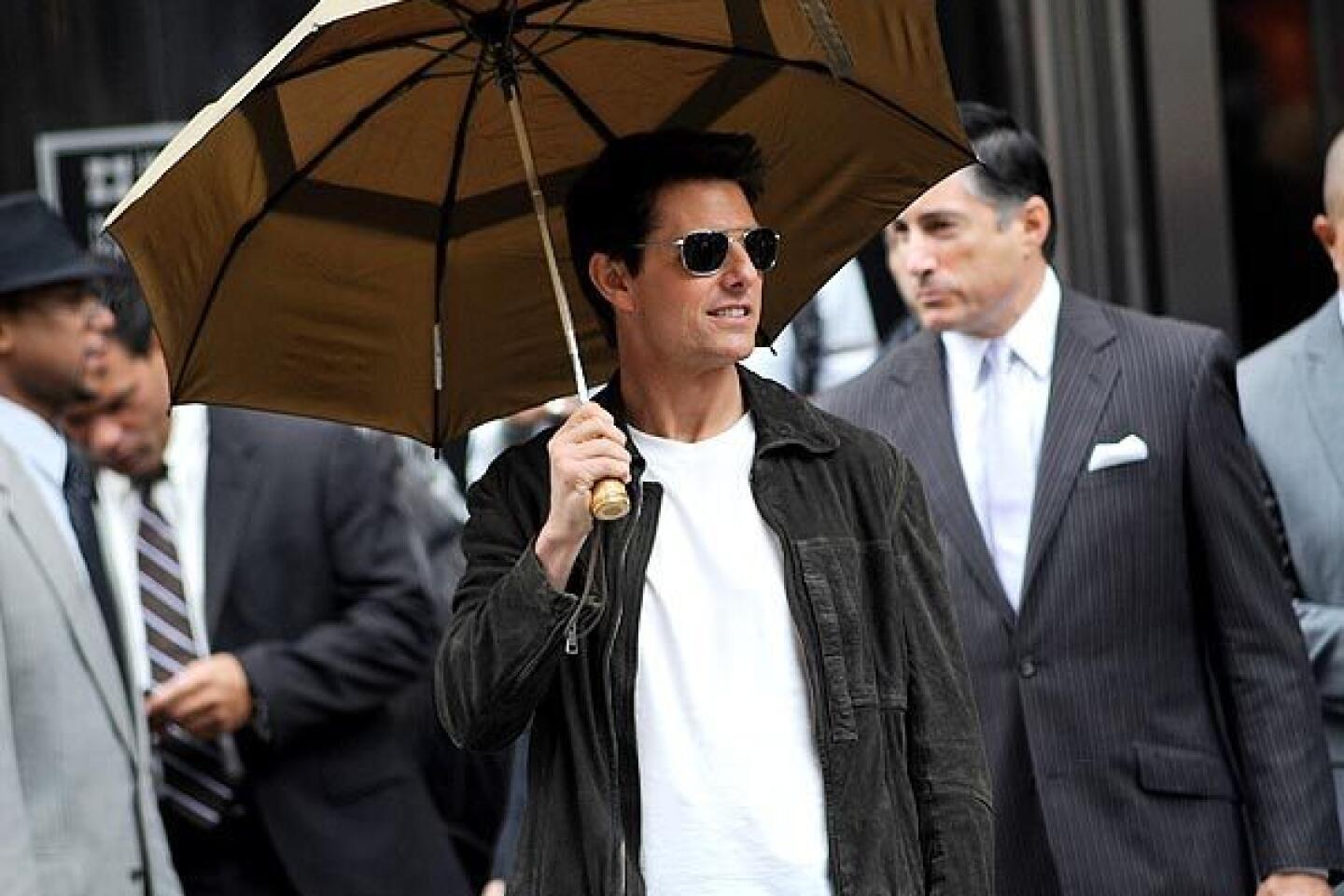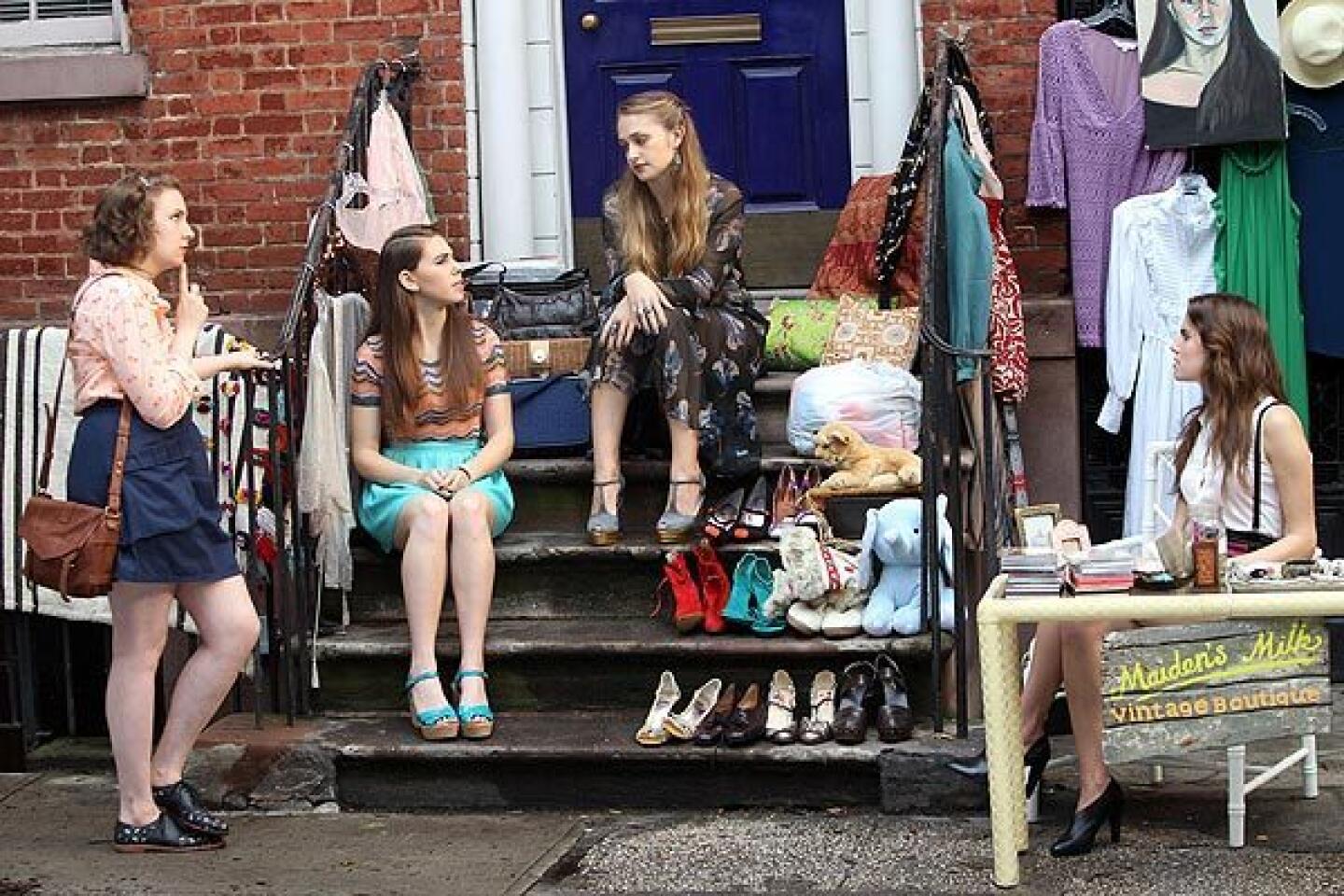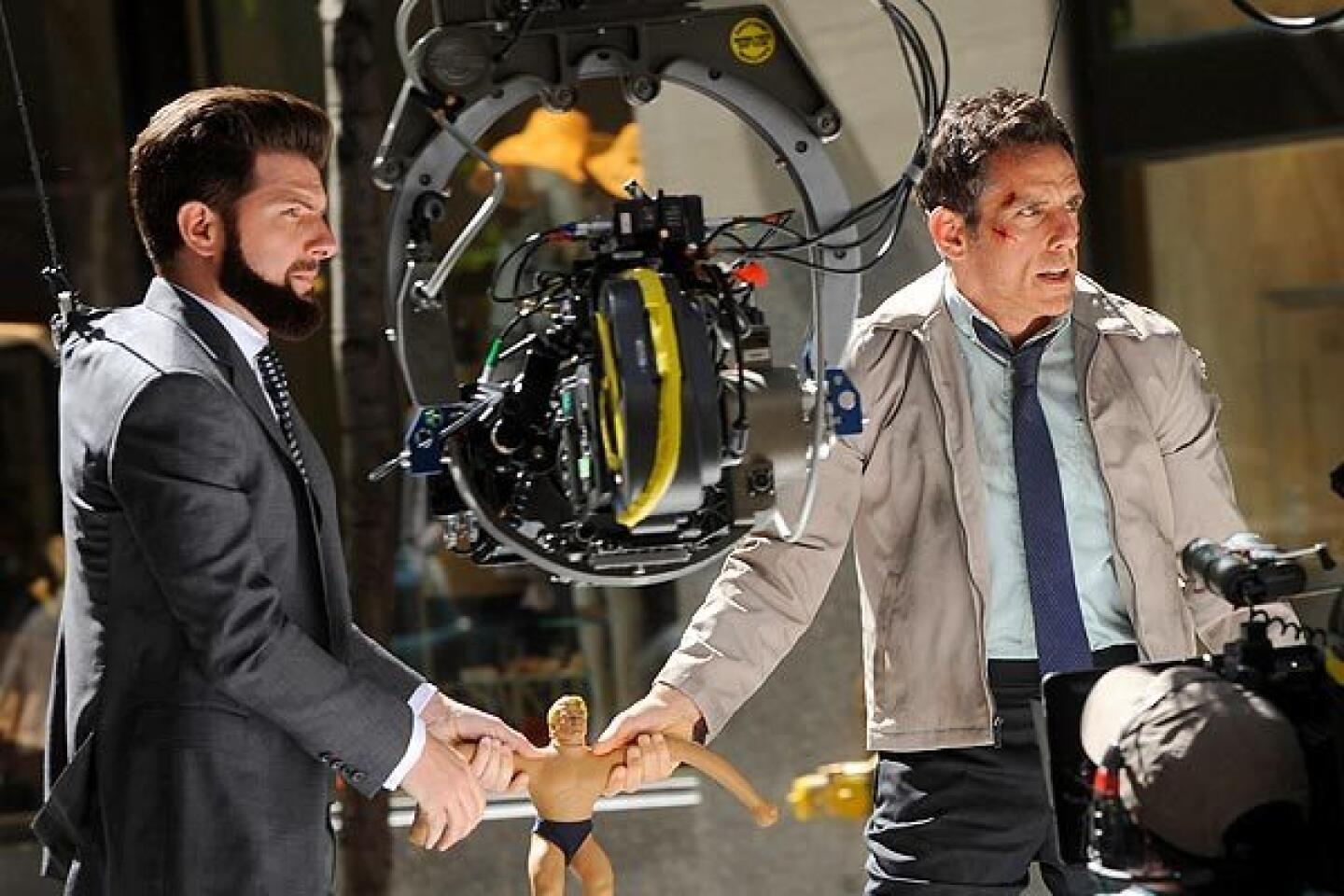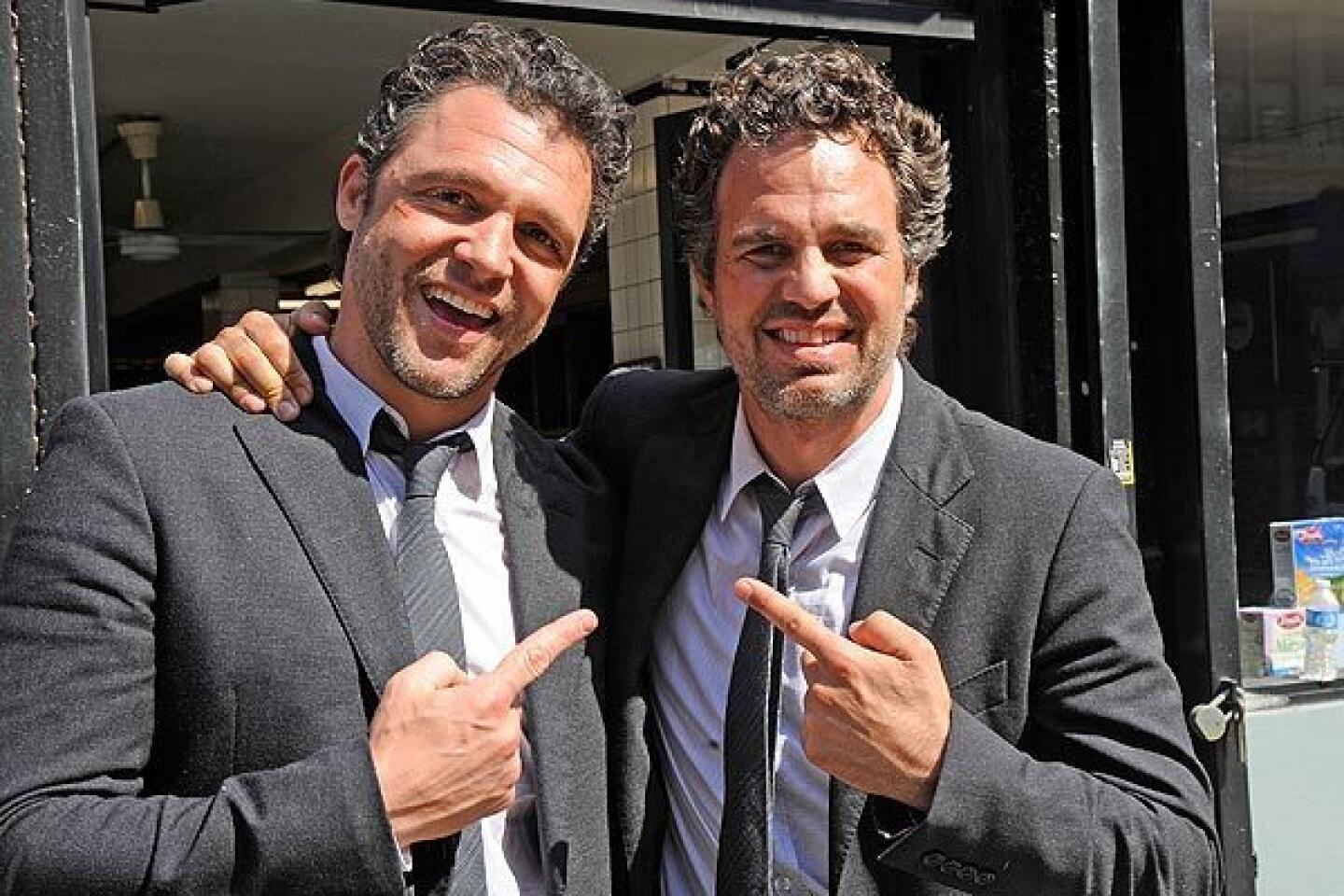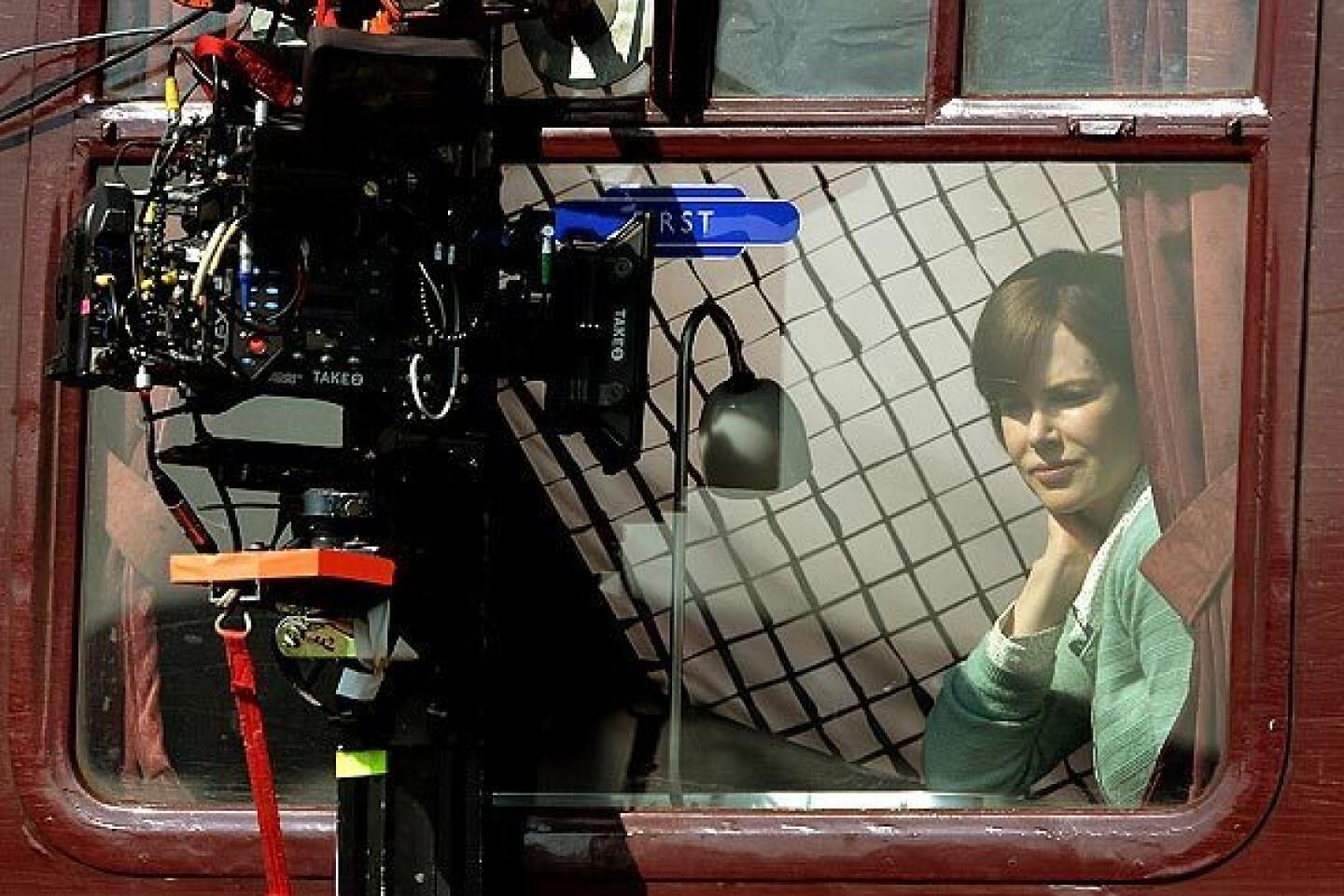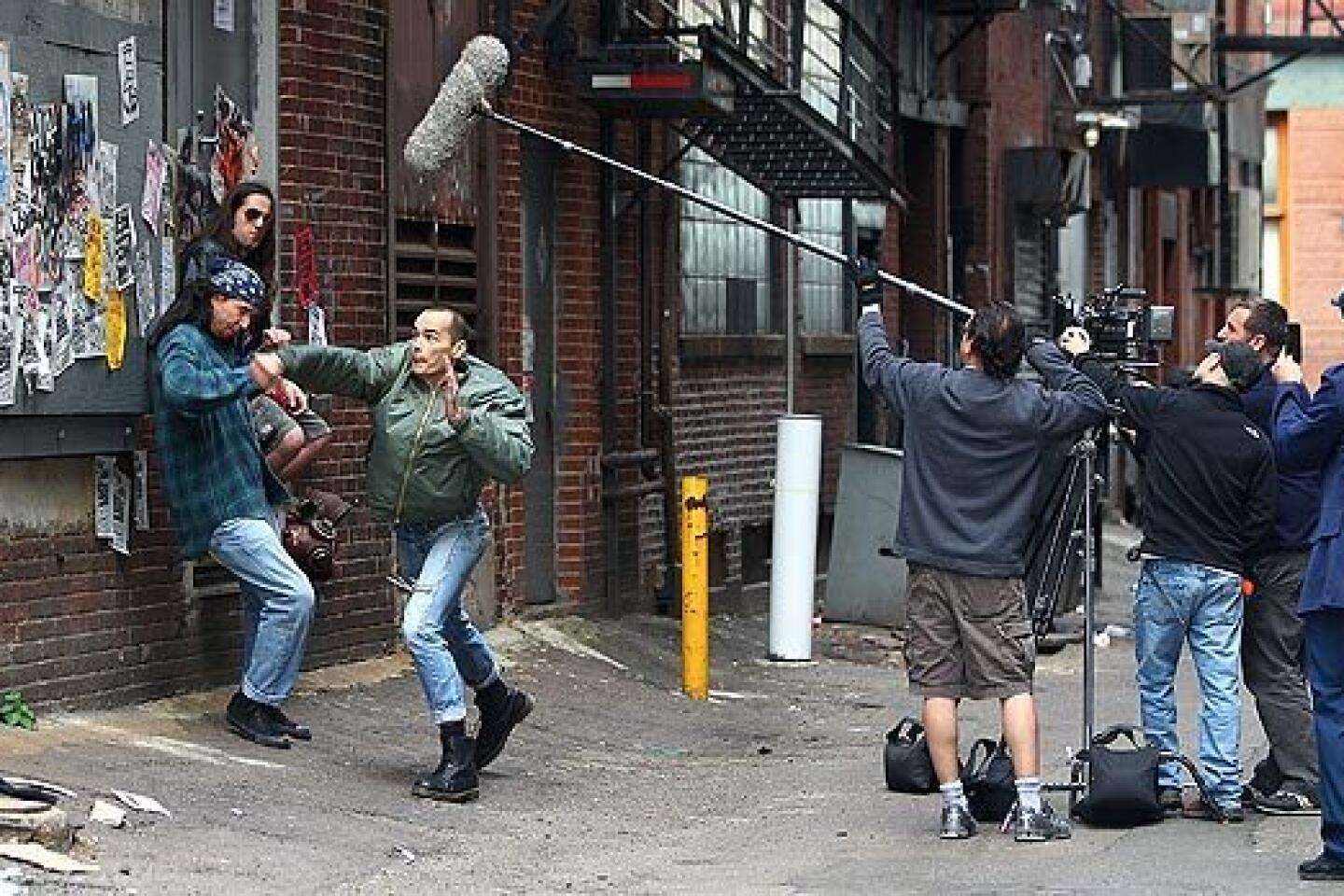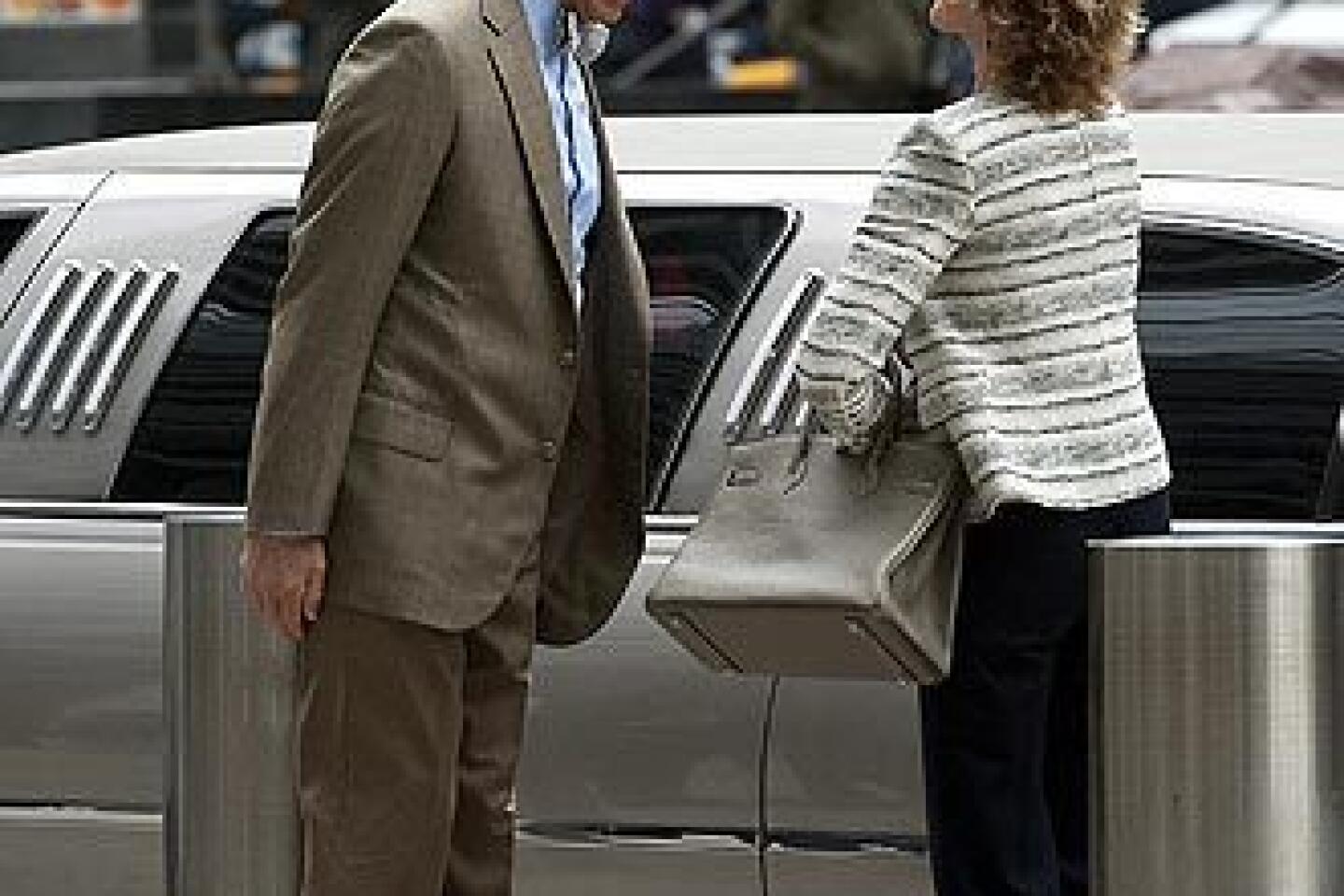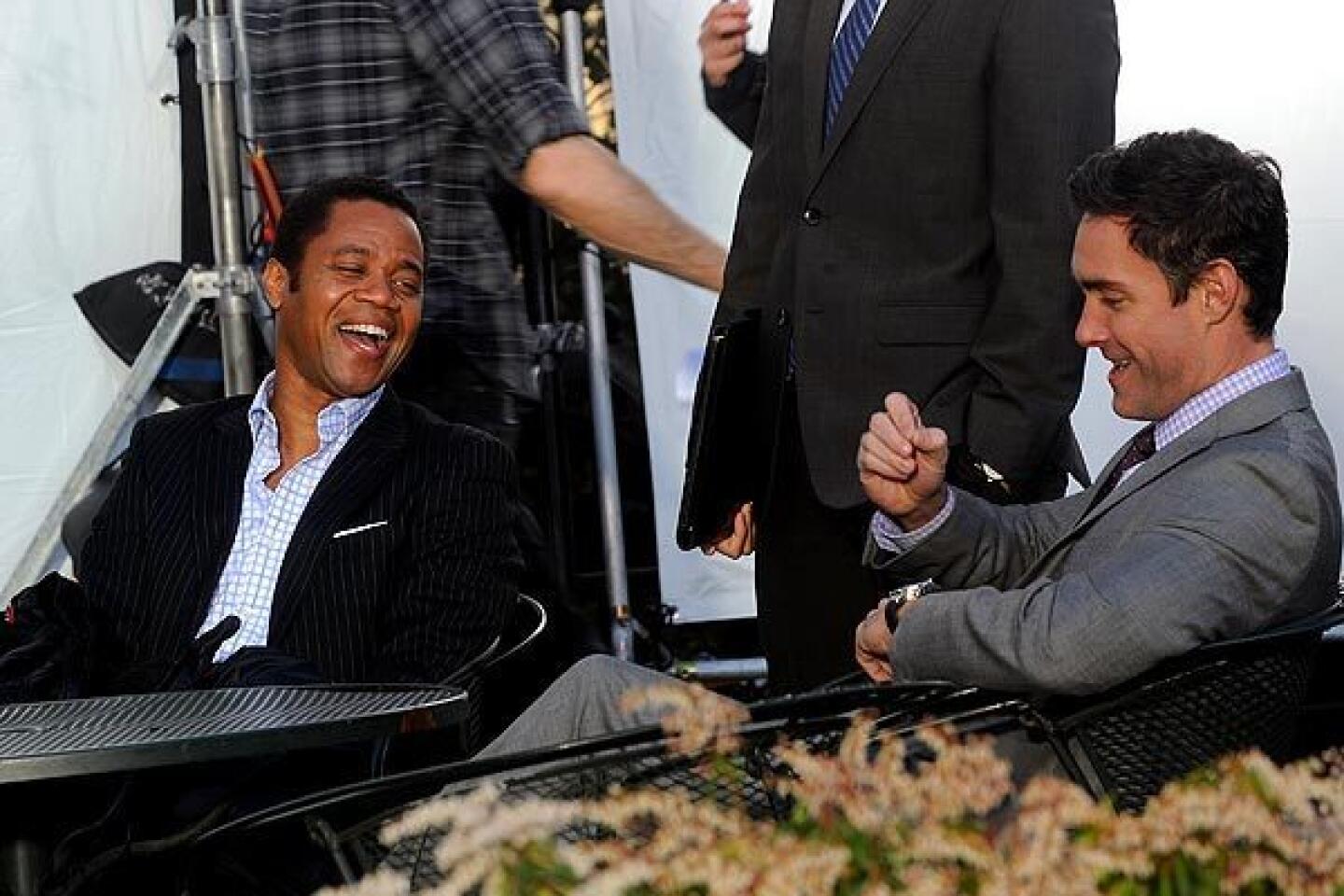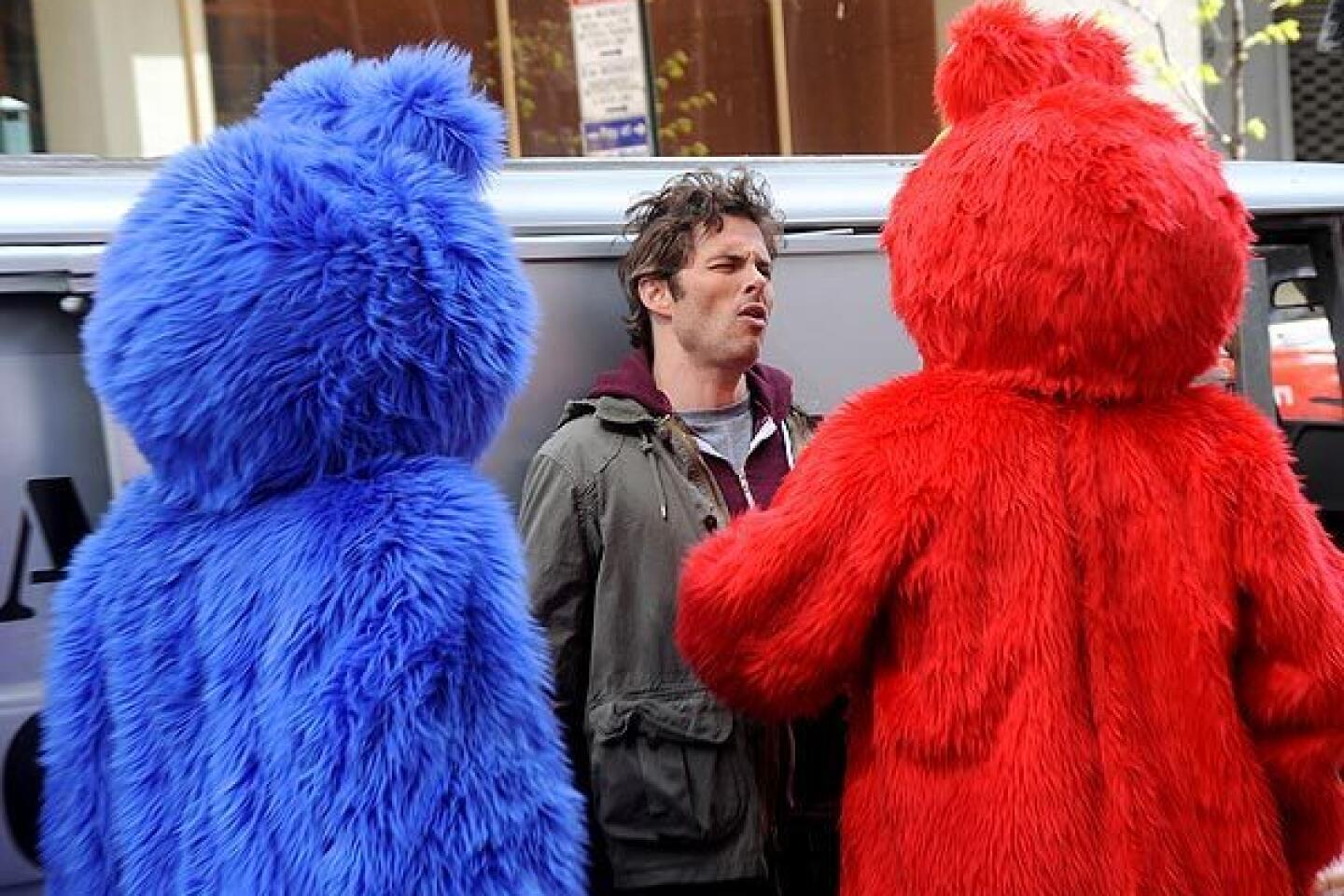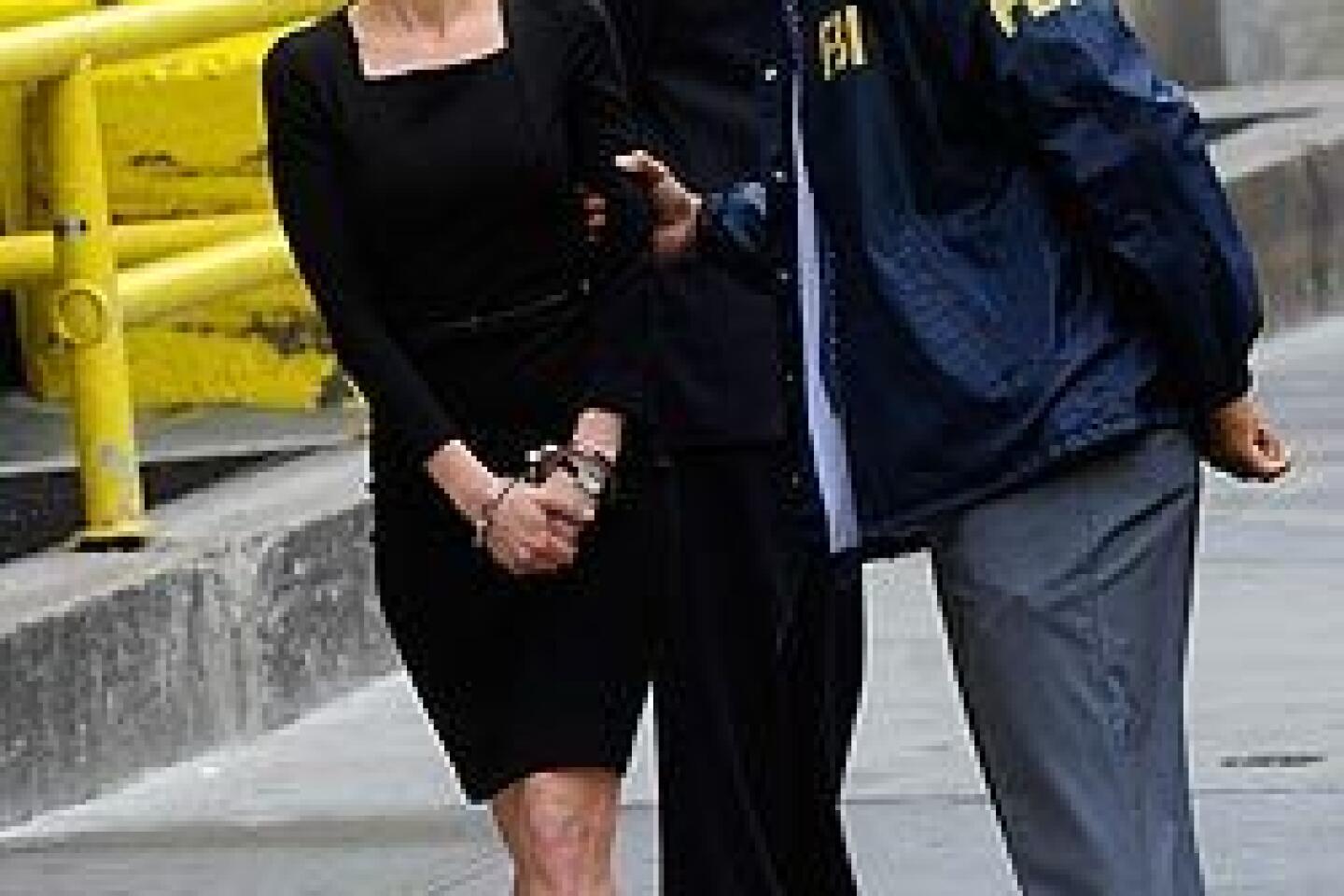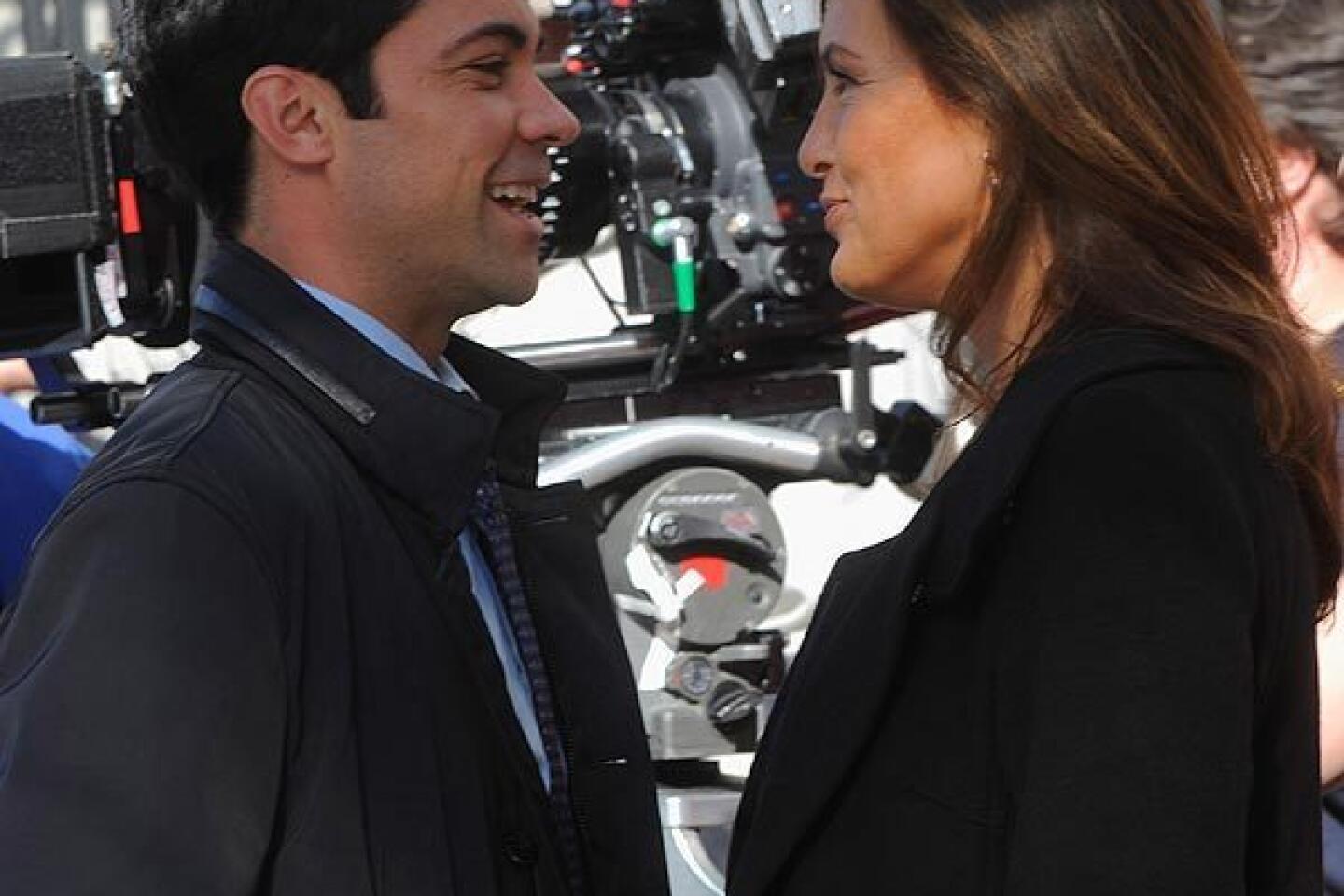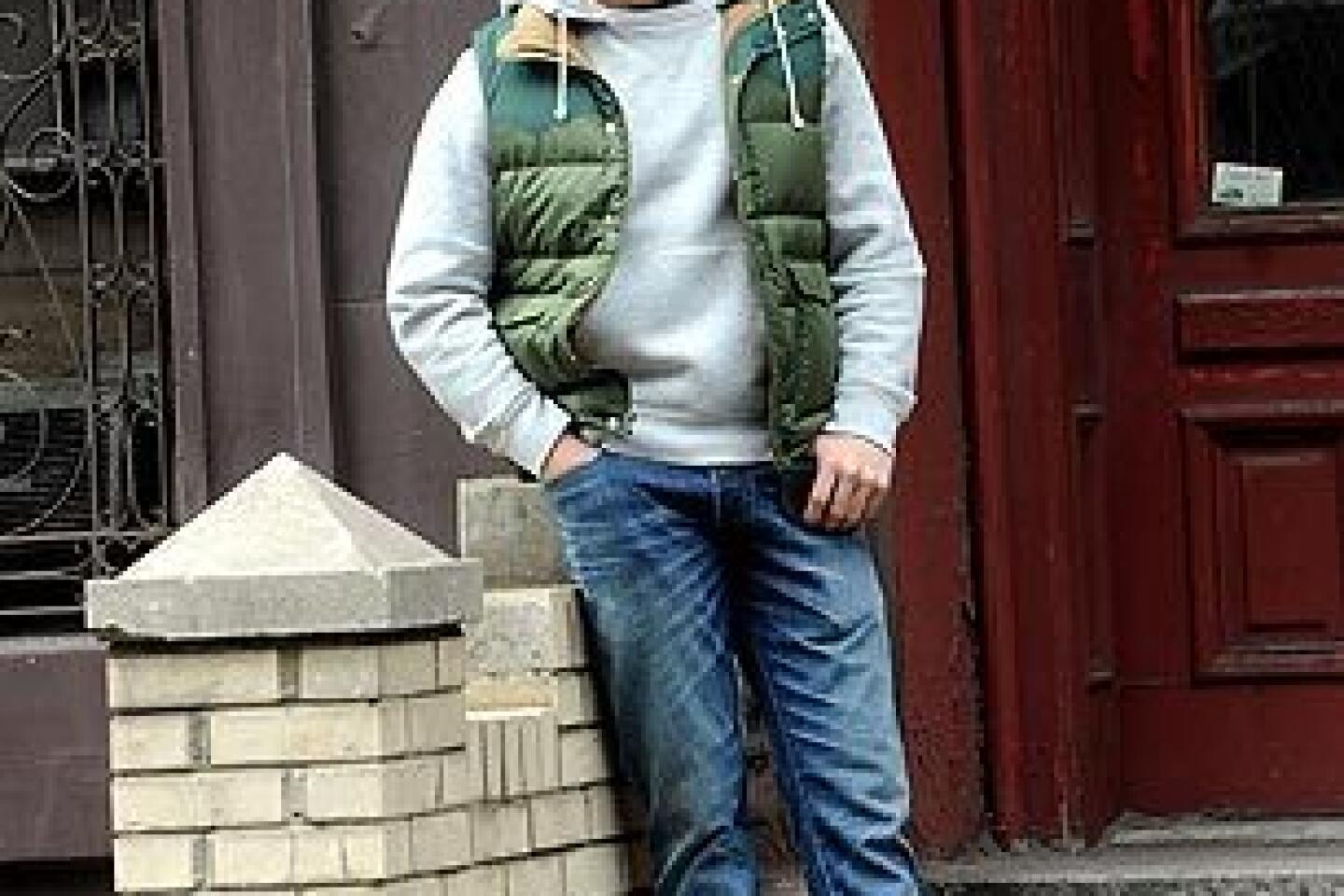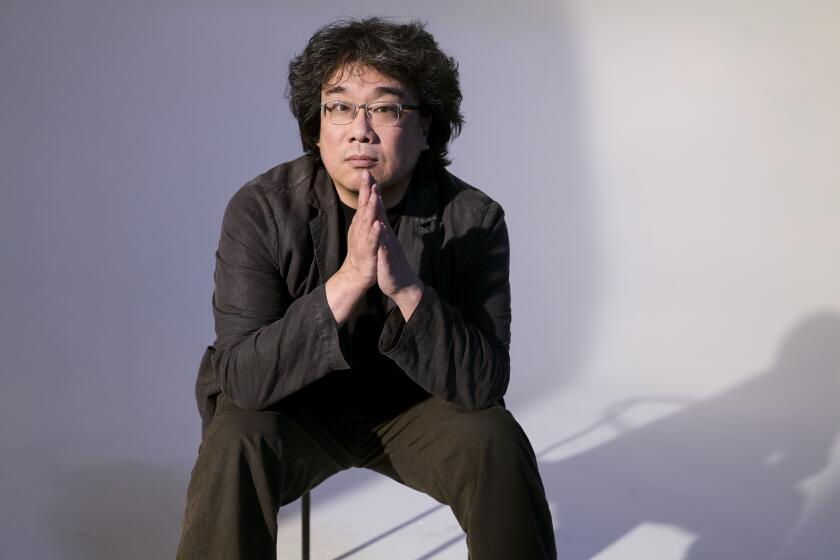Westdoc gives boost to documentary filmmakers
- Share via
A film on the life and adventures of burlesque performer Tempest Storm — an 85-year-old dancer who passed through the orbits of Elvis Presley and John F. Kennedy — won a $7,500 prize at this week’s Westdoc conference for documentaries and reality television, giving a huge boost of encouragement to its two young filmmakers.
“The competition is fierce here. There are some remarkable projects. Everyone’s bringing it,” said Kaitlyn Regehr, 28, the Toronto-based producer of “Tempest Storm: Burlesque Queen.” The work-in-progress is planned as a mixture of interviews and cinema verité.
The money will help. “We’re independent documentary filmmakers,” director Nimisha Mukerji, 29, said with a smile. “We’ve maxxed out our credit cards.”
PHOTOS: Billion-dollar movie club
The award was the final act of three days at the annual Westdoc, held at the Landmark Theatres in West Los Angeles. It was fourth gathering of new and established filmmakers and producers, network executives, distributors and others, there to discuss a medium exploding with new venues, opportunities and audience interest.
“There’s a real power in the real,” said Mark Samels, executive producer of PBS’ “American Experience,” now in its 25th year. “It’s always a good thing that the documentary community in Los Angeles gather to discuss the issues and feel a sense of community.”
Founded by producer Chuck Braverman and distributor Richard Propper, Westdoc is designed to fill a gap in Los Angeles. “There were big events on the East Coast and other cities, and there was nothing here,” said Propper, a former president of the International Documentary Assn. “How can you have a city that is so rich in talent and production companies and yet not have an event here?”
PHOTOS: Hollywood backlot moments
In the conference’s first year, the founders sought industry executives to participate, but this time found they were just as often approached by decision-makers looking for an invitation. “This is great for them too,” said Braverman, chair of the film department at the Brooks Institute. “They meet a lot of filmmakers. They get just as much out of it as producers and filmmakers.”
One evangelist for the explosion of new online assets available to documentarians is director Ondi Timoner, twice the winner of the Grand Jury Prize at Sundance — for 2004’s “Dig!” and 2009’s “We Live in Public.” She hosts “BYOD” (for “Bring Your Own Doc”), a weekly online talk show.
During her keynote talk on Tuesday morning, Timoner noted that “videos of cats are what goes viral on YouTube. How do we compete? How do we get above the noise?”
PHOTOS: Celebrities by The Times
Afterward, she added that “my mission is to inspire and educate my fellow filmmakers to really embrace online and all the opportunities that we have at our fingertips. It’s overwhelming.
“Where I spend my time is looking for innovation in technology and entrepreneurship.”
New forms of distribution have blurred the distinctions between theatrical, television and digital formats, said Roger Jackson, co-founder of Kinonation, an aggregator of content for 250 platforms looking for material around the world. According to the Internet Movie Database, he said, about 25,000 features are made every year, yet most are largely unseen.
“Less than 5% get any form of distribution,” said Jackson, a former executive at MTV. “Video-on-demand is the savior because it can get global distribution, and they can find their niche audience.”
SNEAKS: Movie trailers, full coverage
A veteran of more than 25 documentaries as director and producer, Rory Kennedy said the audience is expanding just as quickly. She is currently at work on a documentary for PBS on the final days of the Vietnam War.
“People have realized that documentaries aren’t just spinach,” Kennedy said. “They can be both educational and enormously entertaining, and open their eyes to issues and perspectives they aren’t exposed to in their own lives. That’s opened it up to a much broader population.”
Funding for a fast-growing segment of this work is coming through a collection of online crowdfunding sources, including Indiegogo, whose executive, Adam Chapnick, declared this week, “I believe documentaries save the world.”
While already sparking a revolution in financing of independent film, crowdfunding sites have only begun to be felt in the industry, Chapnick said.
PHOTOS: Fall movie sneaks 2013
“I’m still waiting for it to explode,” he said. “We have thousands of films on Indiegogo that have been made possible through raising money for production, pre-production, post-production, distribution, the whole enchilada. But people are only just starting to grasp how powerful it is to dis-intermediate all of the processes that have got in the way of films reaching their audience. Filmmakers can tap the passion of their audience according to their passion to participate.”
Coming in second place at Wednesday’s “Pitchfest” competition by a difference of a single vote was Stephanie Seldin Howard for her doc, “The Caregivers,” about families dealing with the return of U.S. soldiers wounded in Iraq and Afghanistan. The concept for her film has been germinating for years, she said, but it was at last year’s Westdoc that she got the needed encouragement to move forward.
“I met some people who inspired me to go ahead and start shooting,” said Howard, already filming families in Kansas, Texas and various cities on East Coast. “All this time I thought I have to wait until I find funding. But you can’t get the money unless you can show something.”
She is director, producer and writer on the film, and she hopes to partner with an established production company. She called the pitching experience exciting but “unnerving.” Howard said after, “I spoke from the heart. The film lends itself to that.”
PHOTOS: Behind-the-scenes Classic Hollywood
Among the week’s panelists was producer Tom Jennings, a former newspaper journalist who moved into television in the ‘90s and won a Peabody Award for last year’s “MLK: The Assassination Tapes.” The hourlong Smithsonian Channel documentary drew on local television news footage surrounding the 1968 assassination of Martin Luther King Jr. in Memphis, most of it unseen since the event.
Jennings drew a distinction between the “docu-tainment” of “Housewives of Beverly Hills” and the more serious likes of Showtime’s “The World According to Dick Cheney,” and both forms were represented at Westdoc.
“There is a delineation between what you’ll see in the theater, what you’ll see on some of the premium cable networks and everyone else,” said Jennings, whose company is based in Venice. “Everyone else is looking for television shows, whereas those niche networks are looking for films. And therein lies the difference.”
Ahead of the official opening of the conference, attendees crowded into a restaurant banquet room on Sunday for an optional “master class” on how to secure a network green light.
“What we should really call this session is, ‘What they say about you after you leave,’” media strategist and co-host Ed Hersh said to laughs of the trials of pitching to network executives. “There are more people watching more content on more screens than any time in history. The business model hasn’t yet caught up. How do you monetize that?”
Some habits are harder to break. Hersh noted that as soon as “Duck Dynasty” became a massive cable hit, cable network offices began the process of handwringing and looking for a version of the same show.
Added co-host Peter Hamilton, who publishes Documentarytelevision.com, “You don’t get fired for imitating someone else’s success.”
More to Read
Only good movies
Get the Indie Focus newsletter, Mark Olsen's weekly guide to the world of cinema.
You may occasionally receive promotional content from the Los Angeles Times.
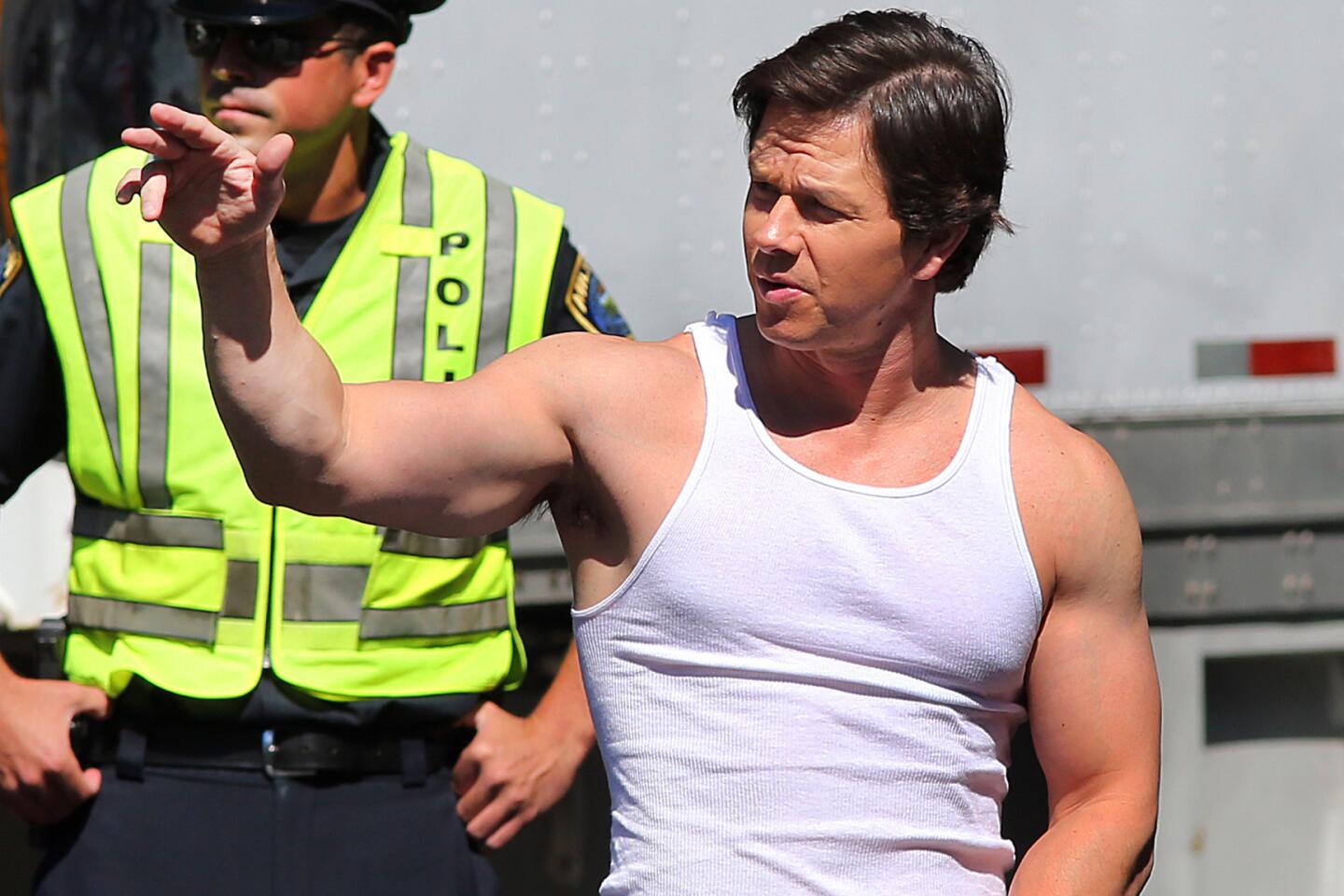
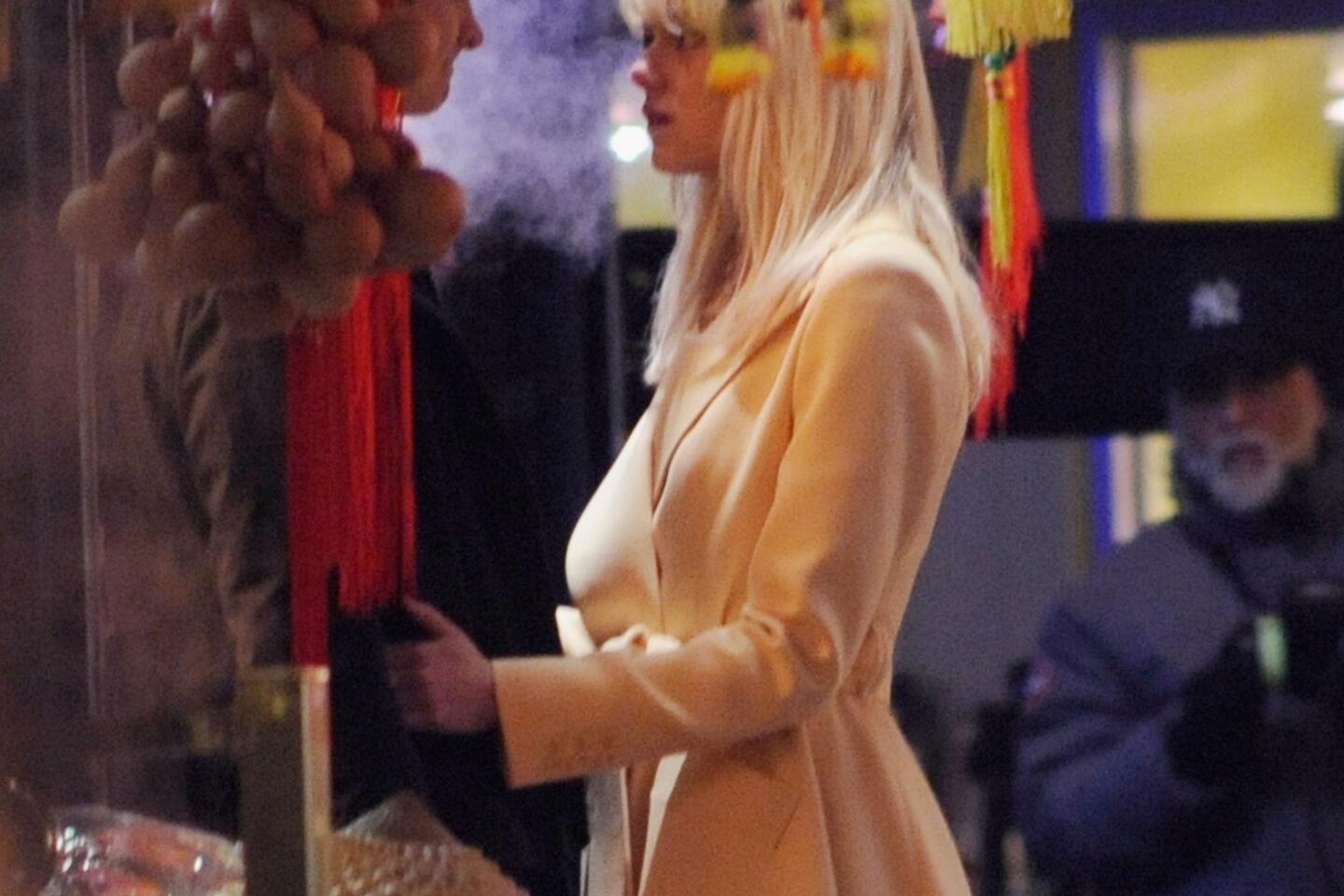
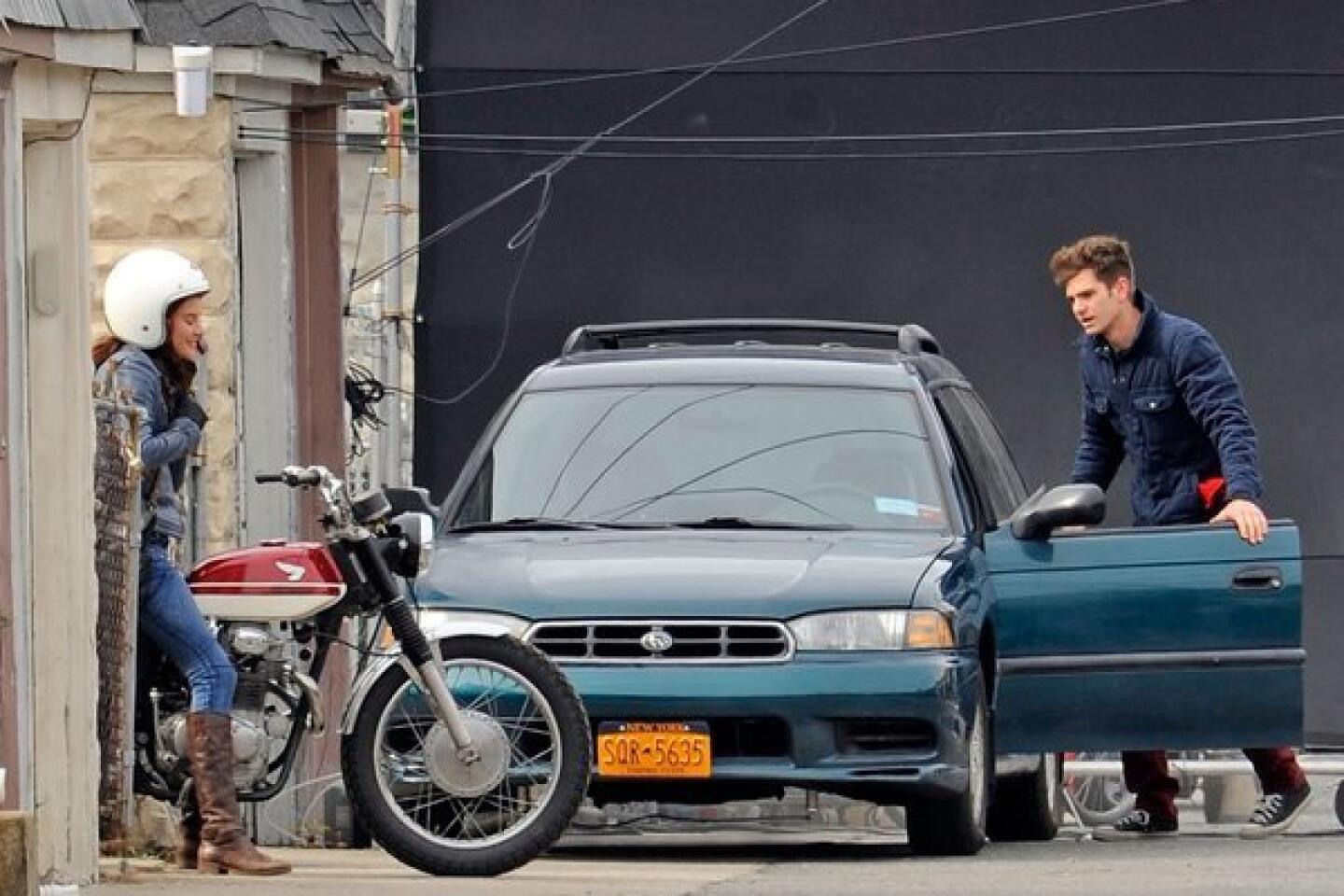
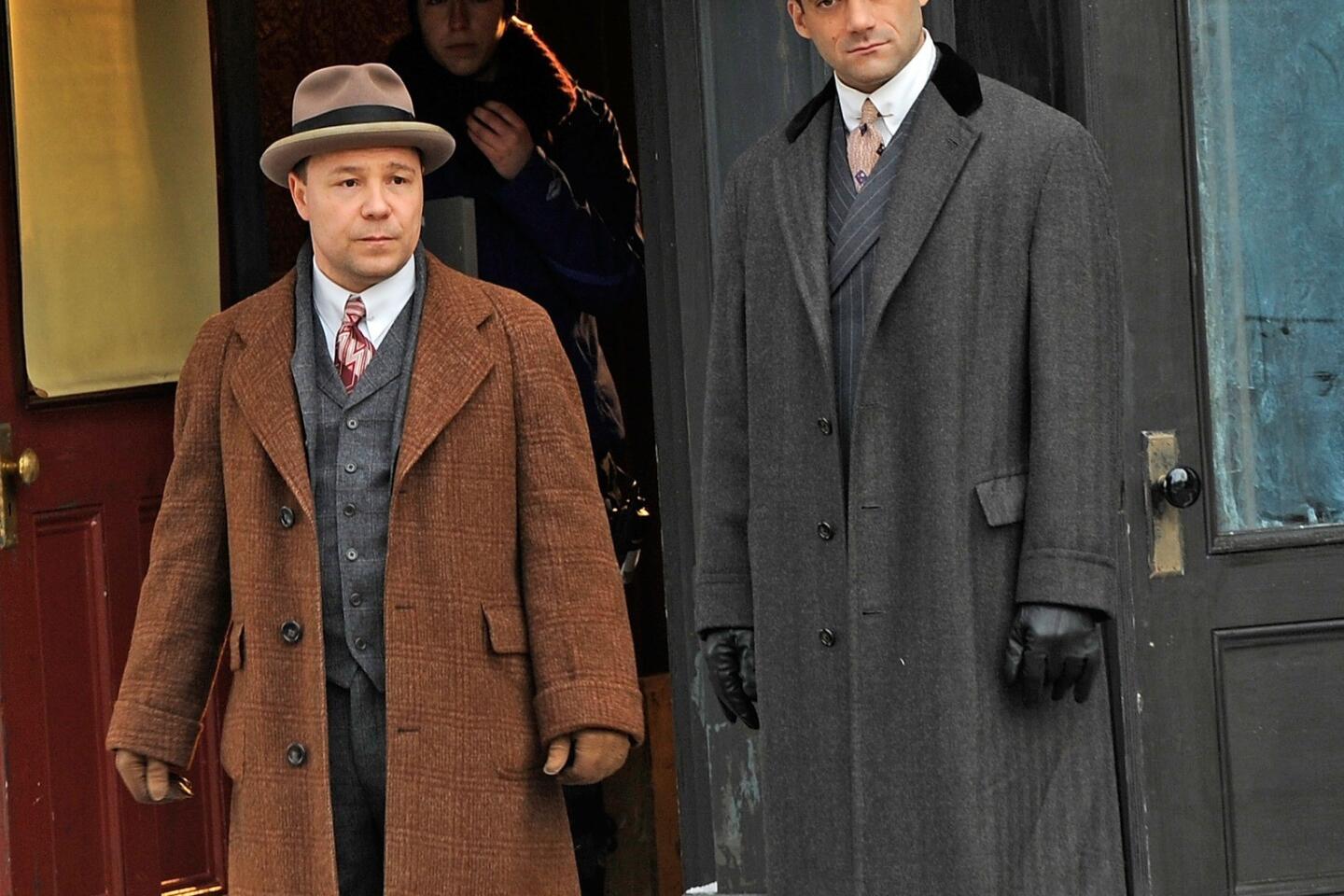
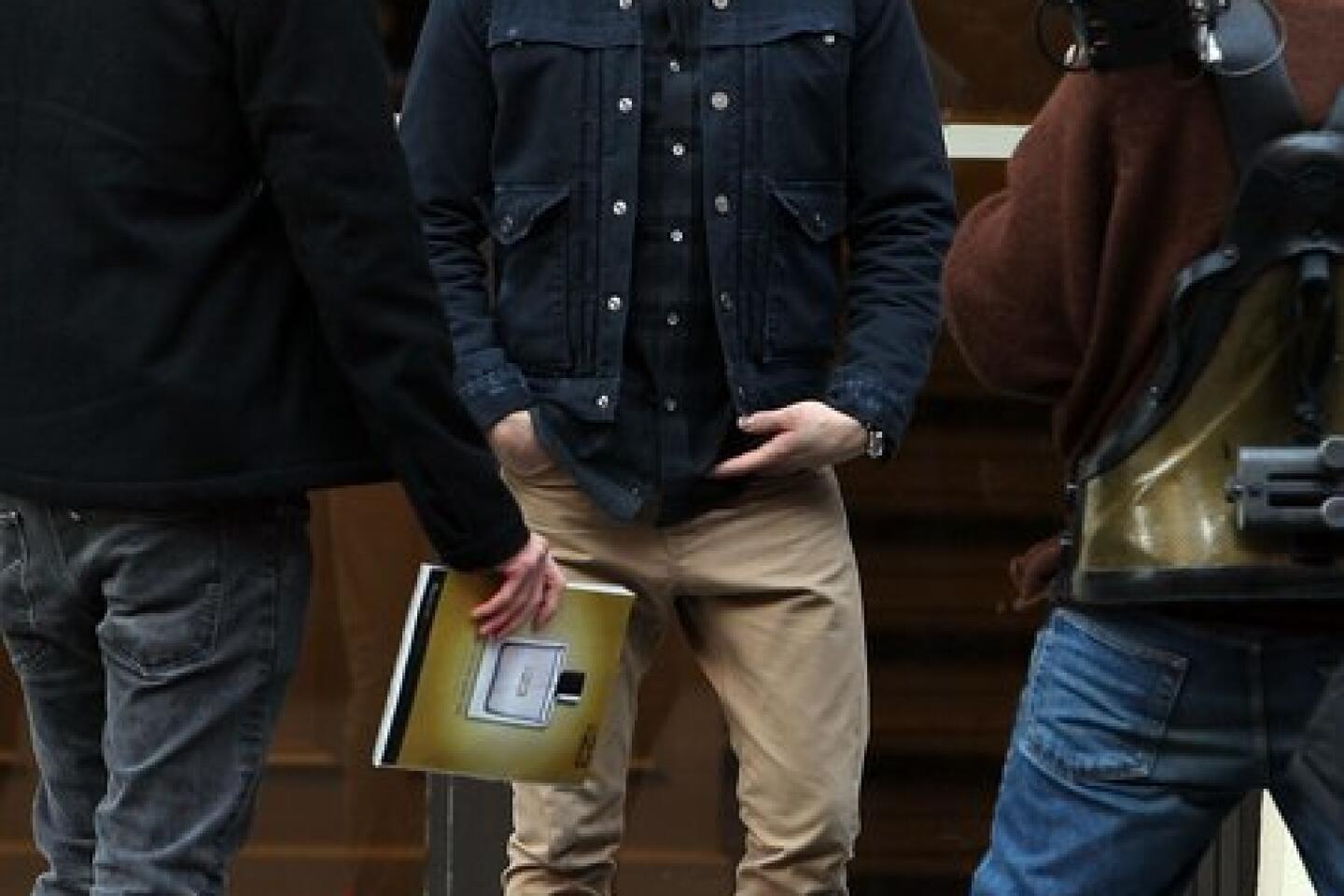
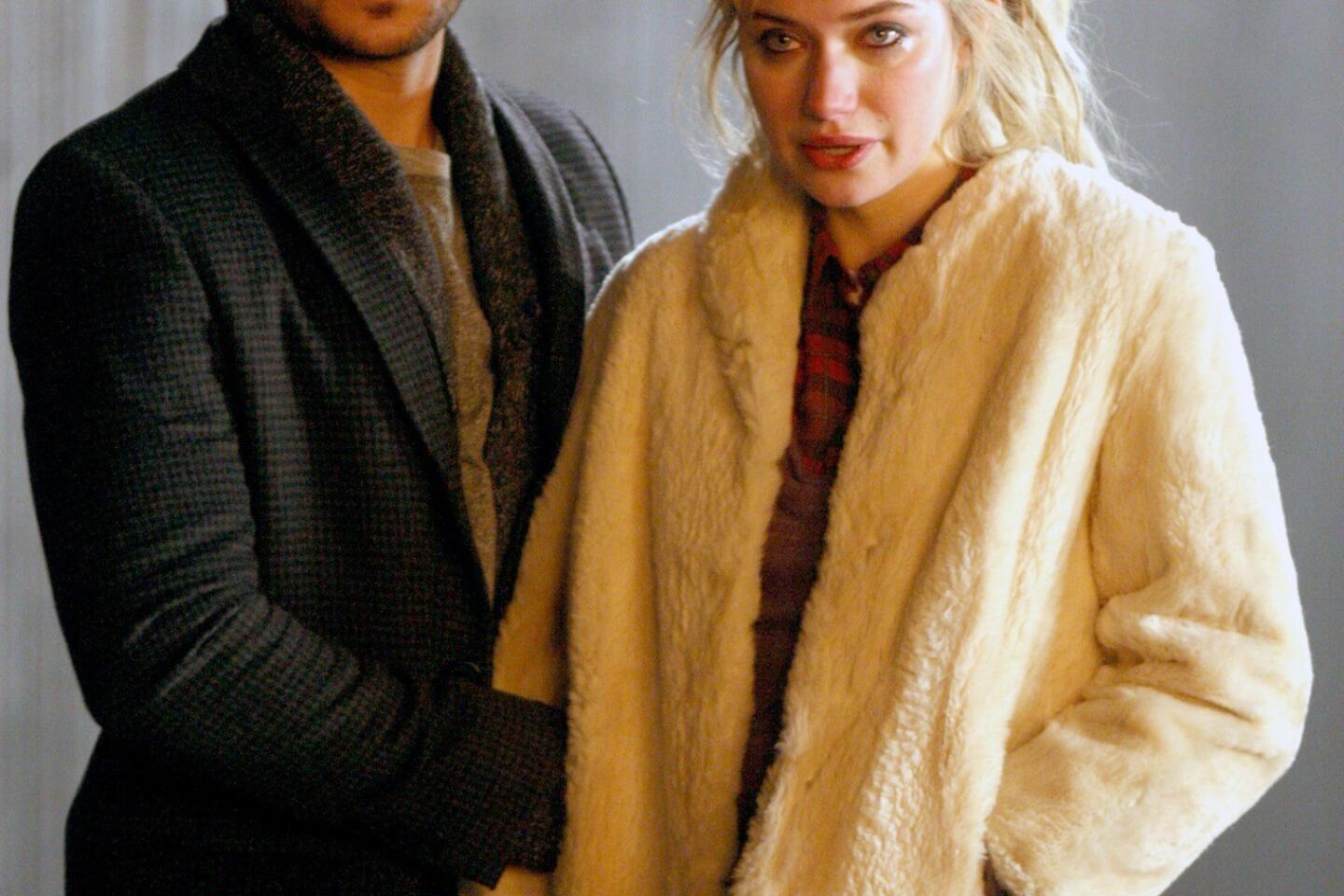
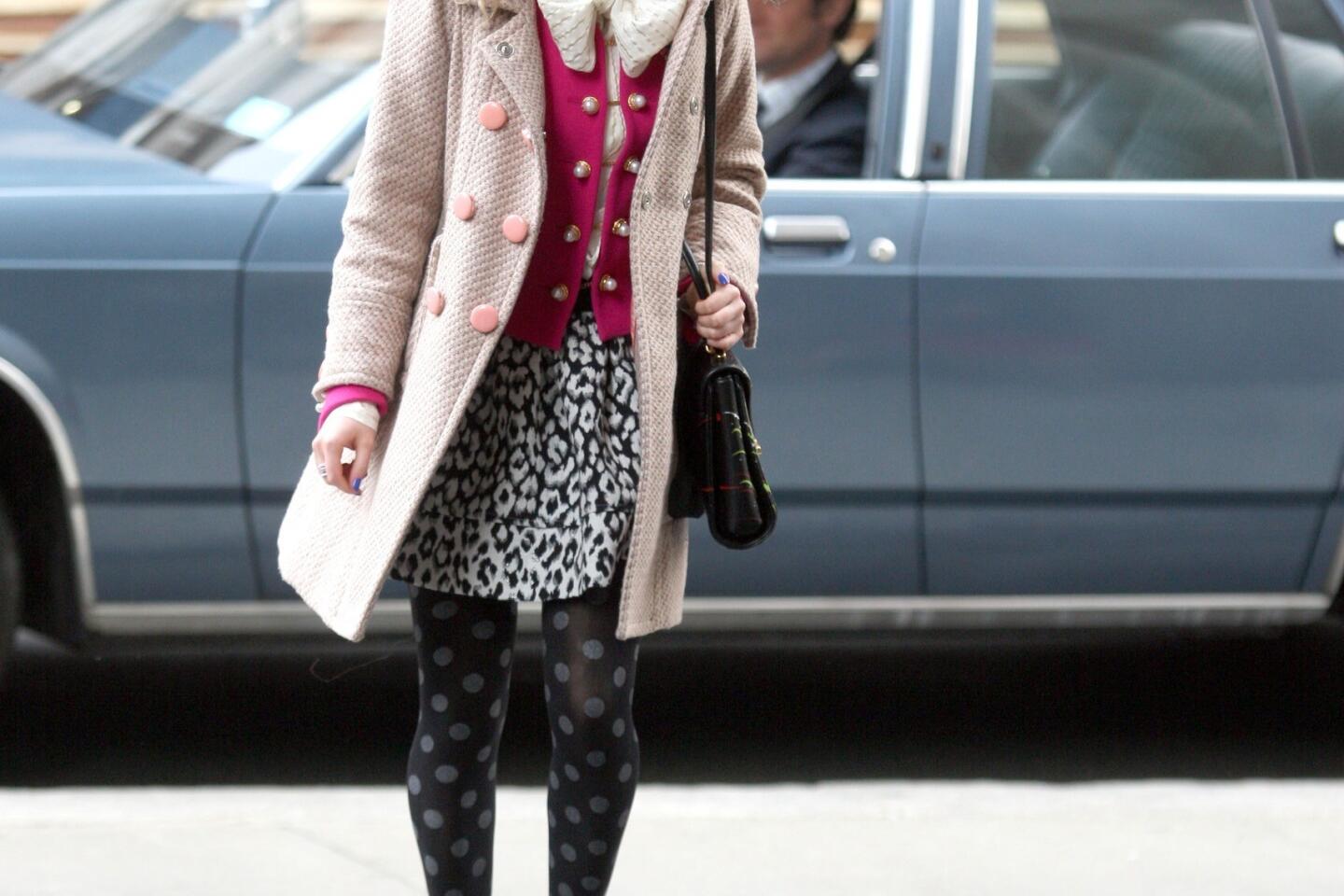
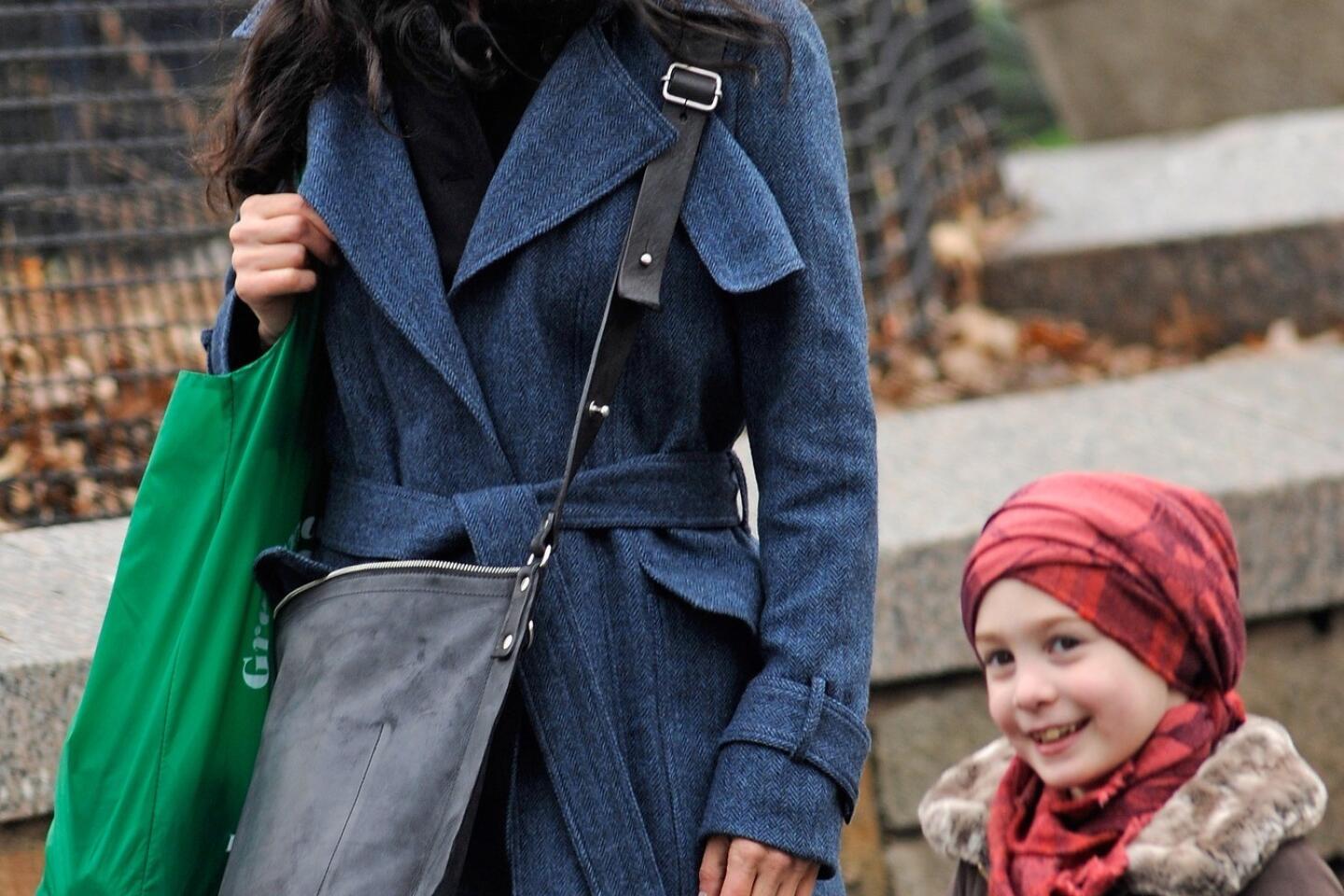
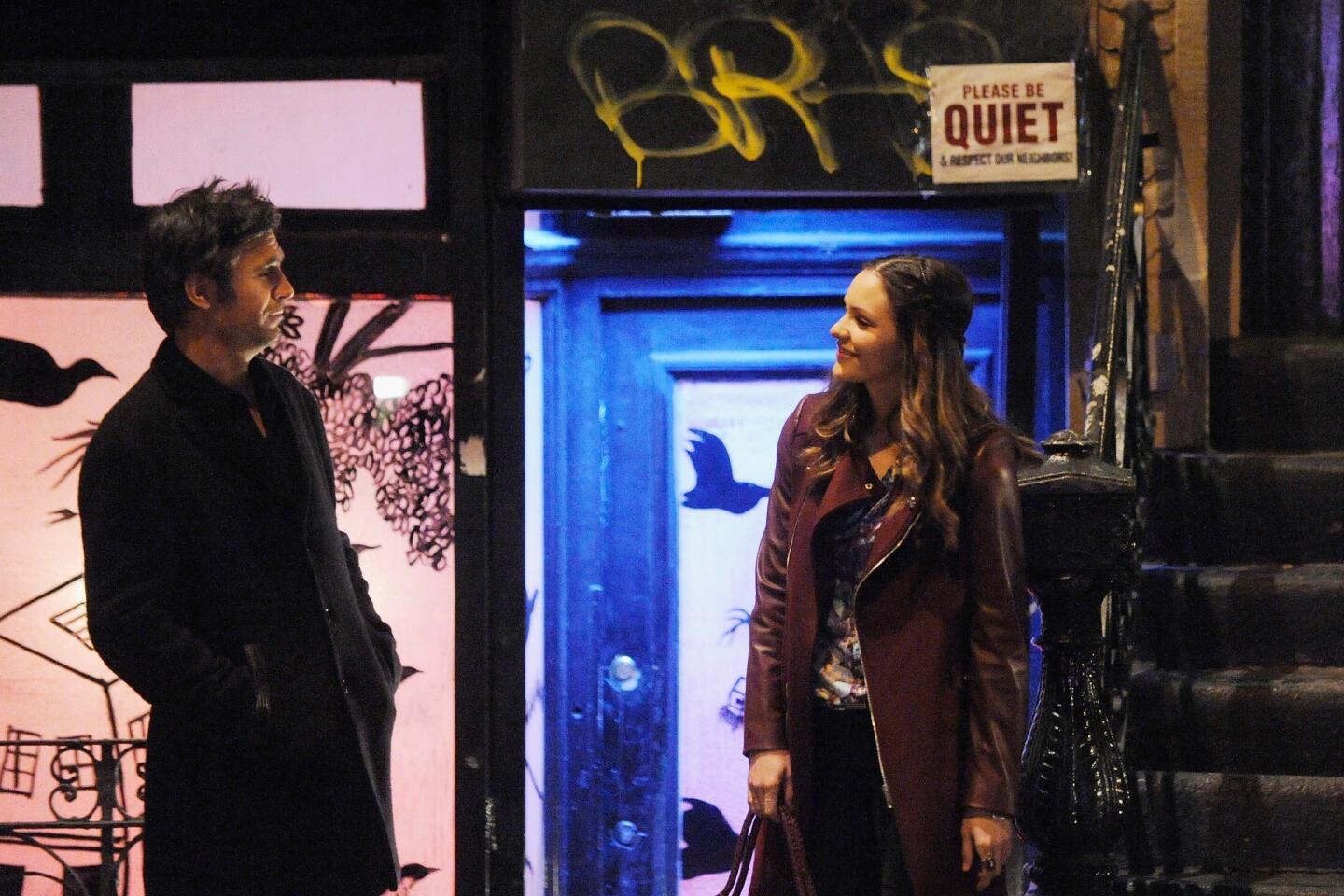
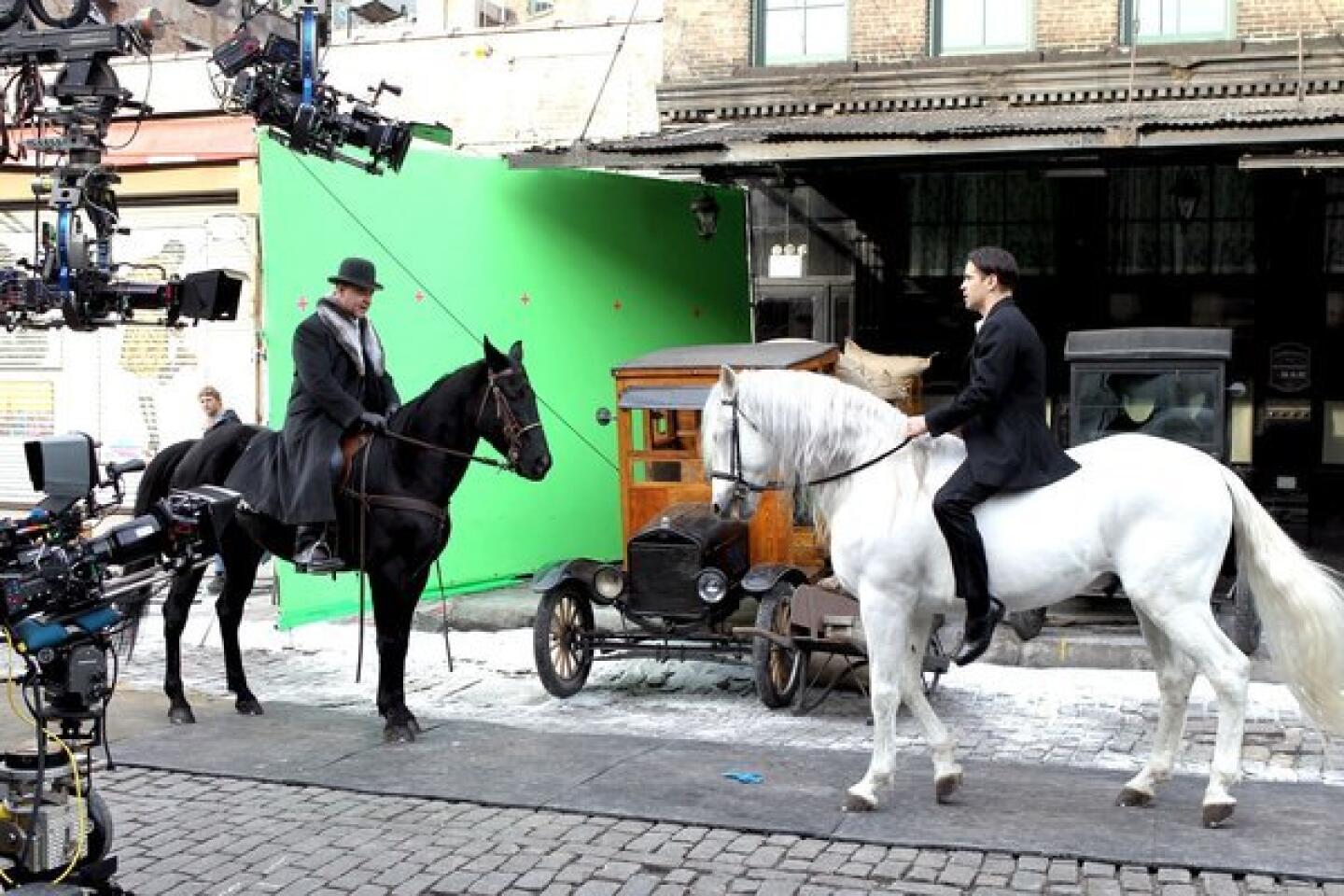
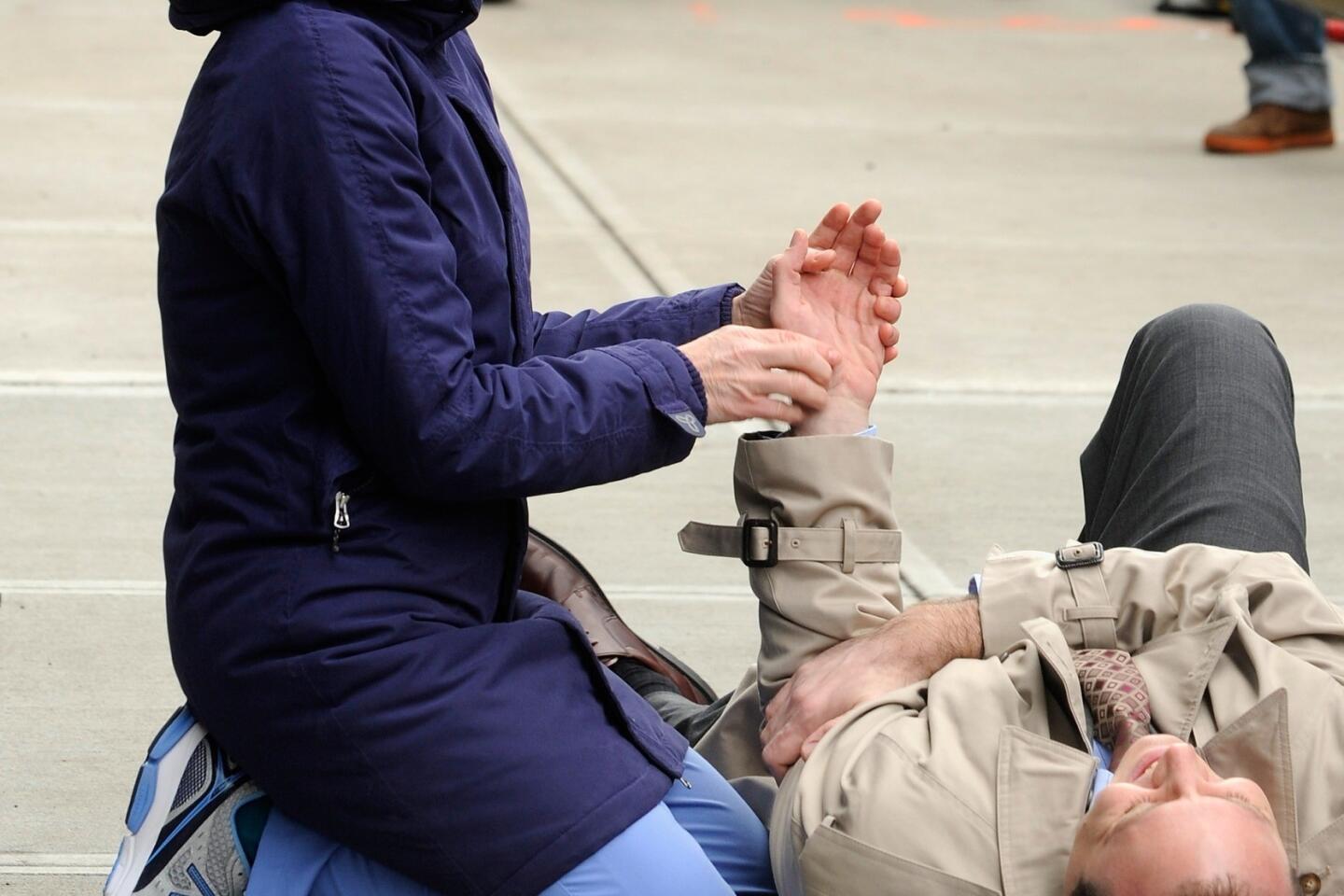
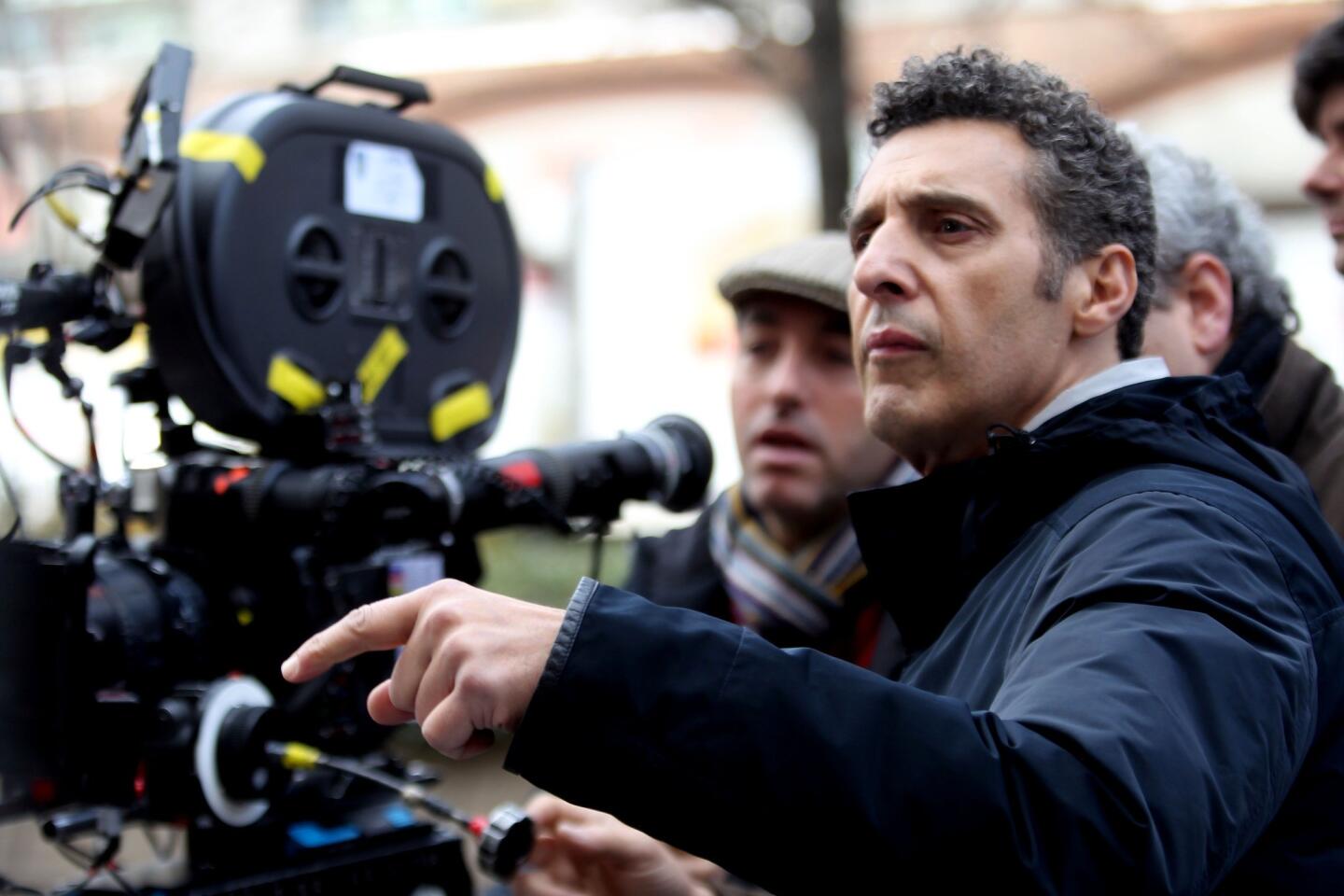
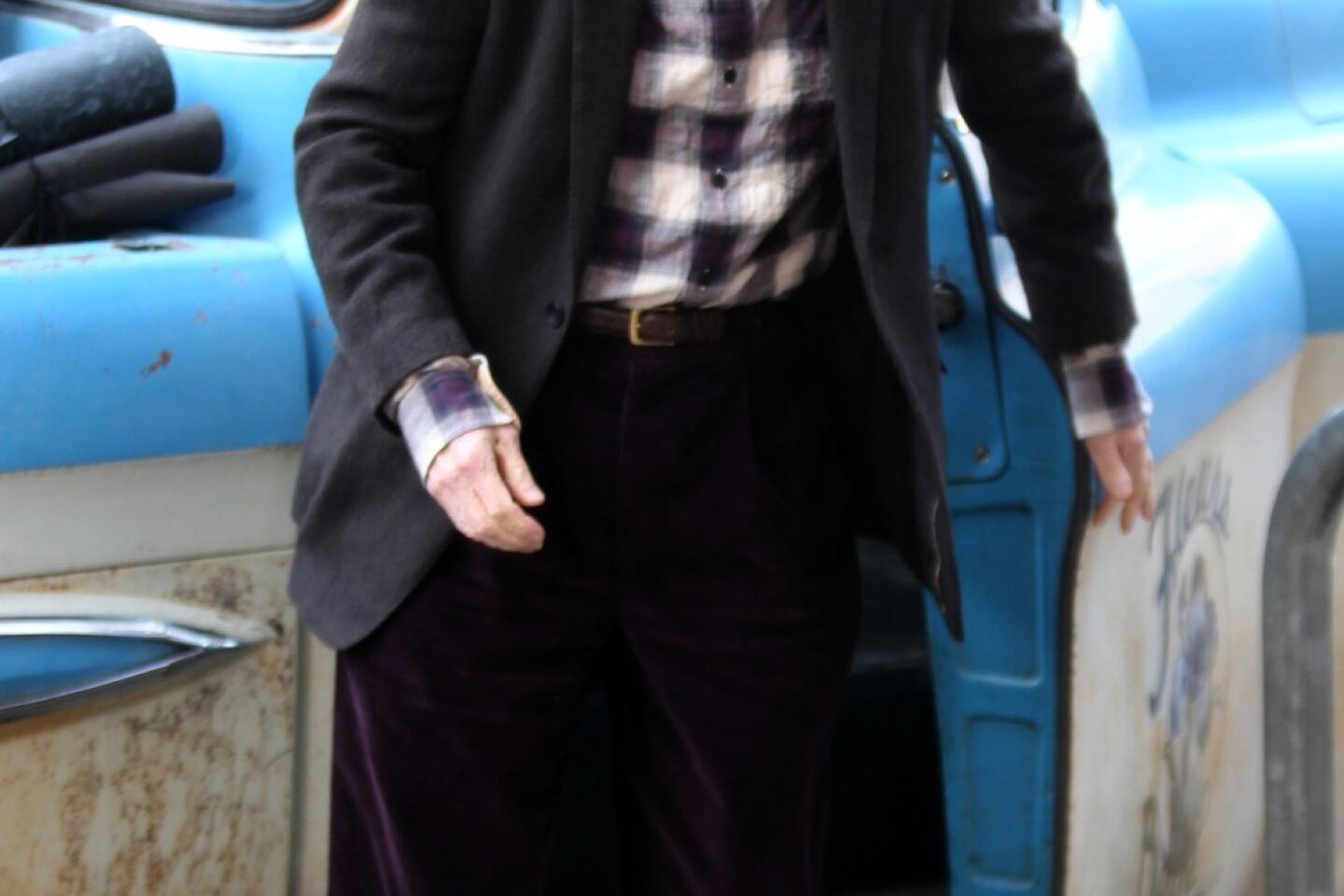
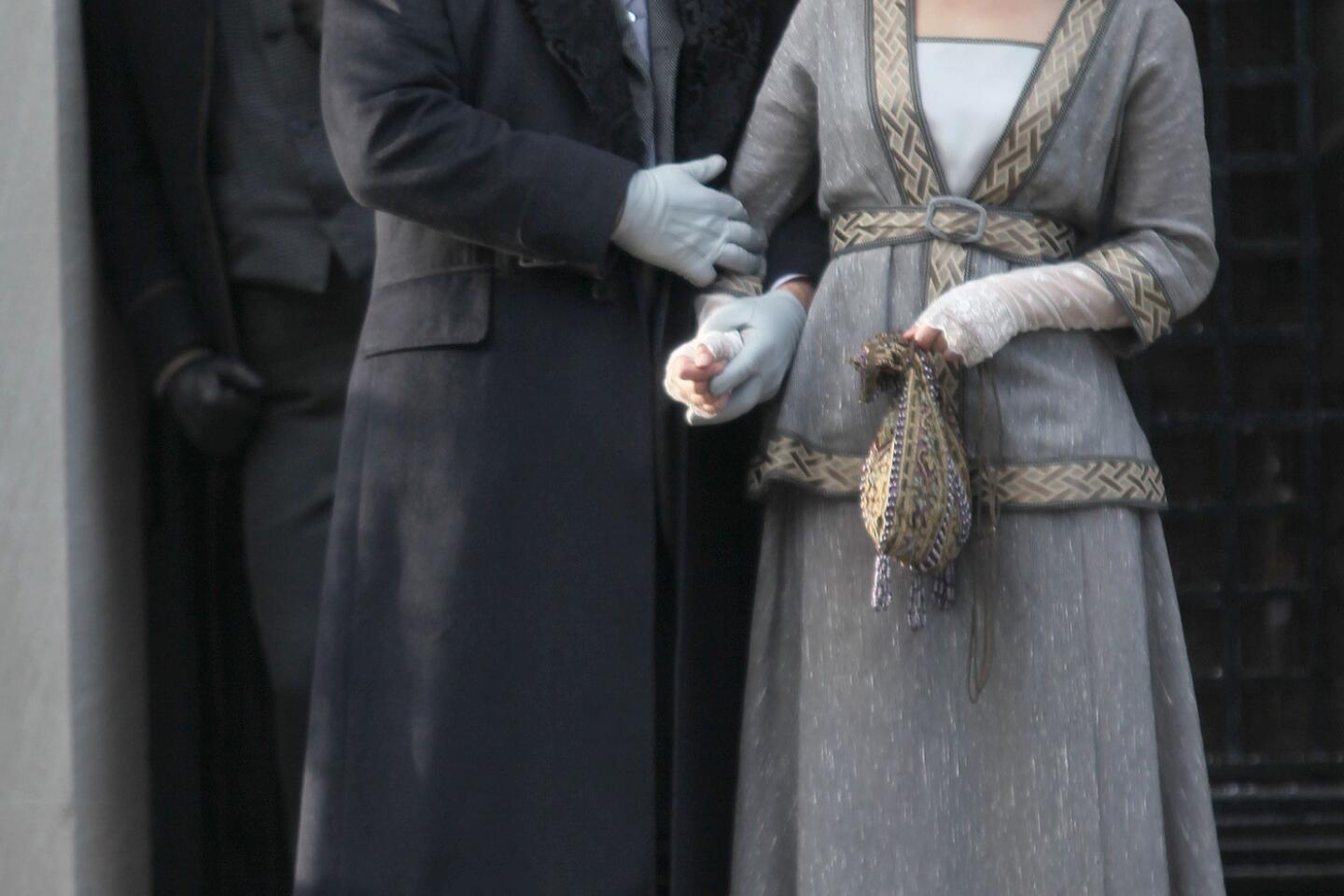

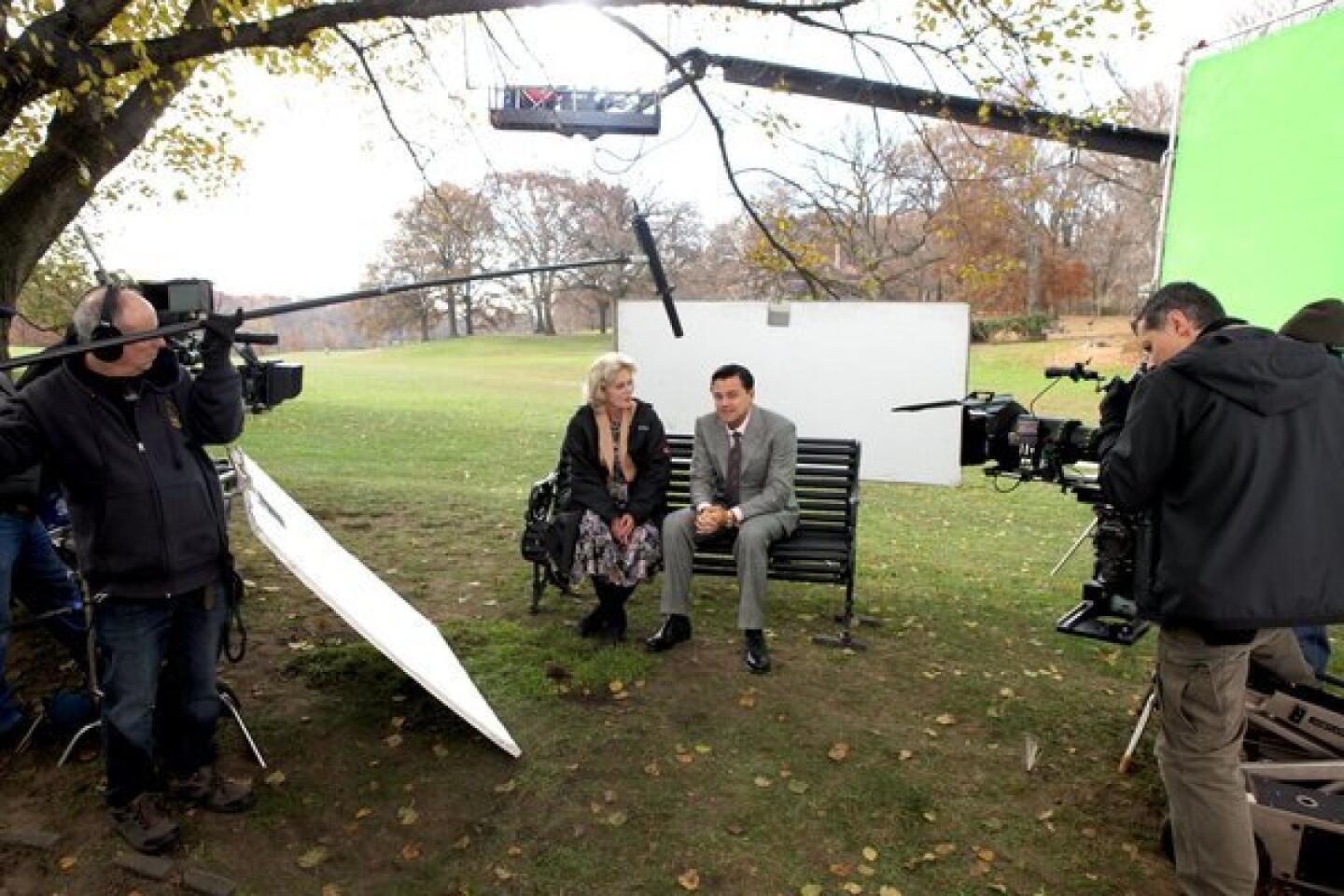
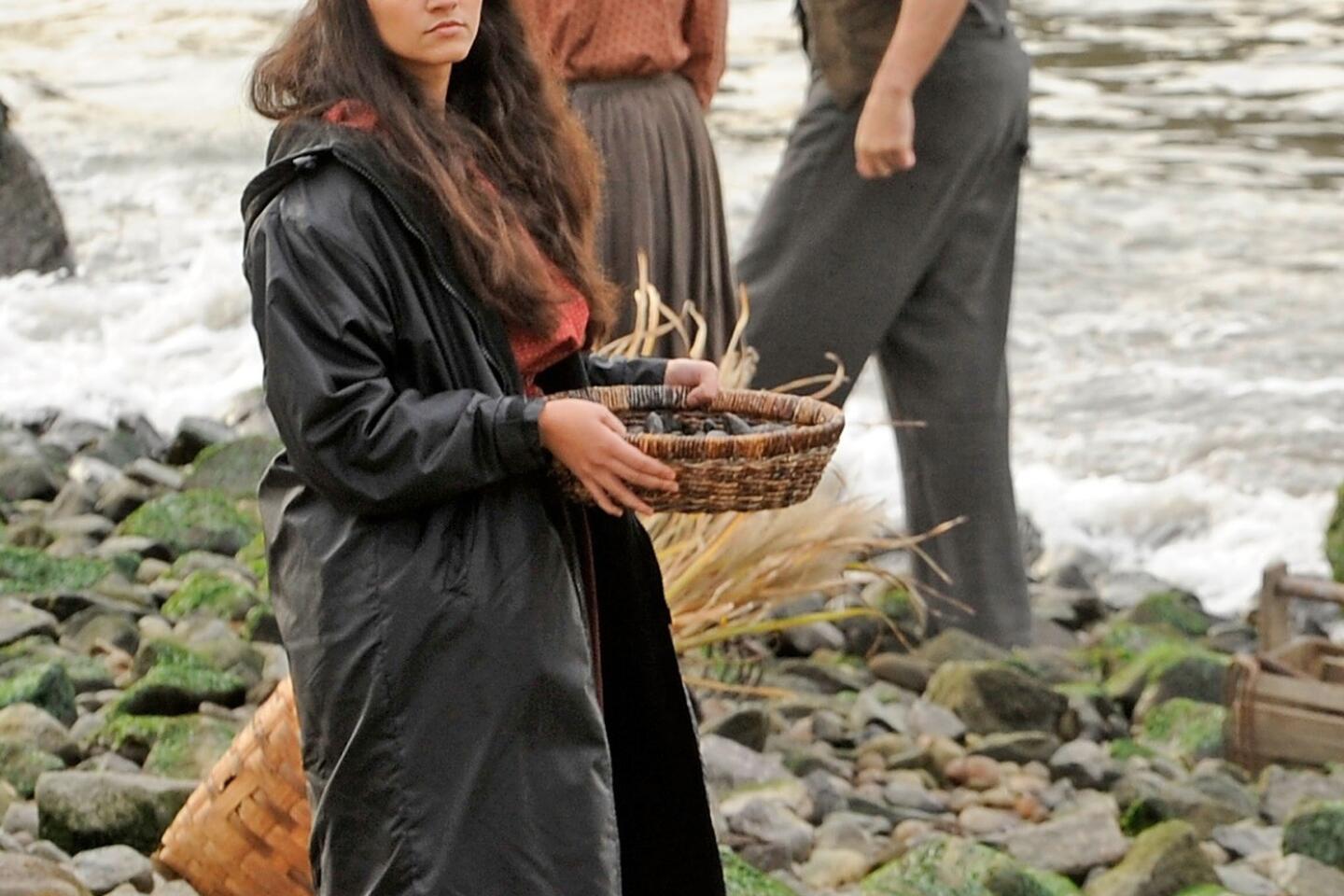
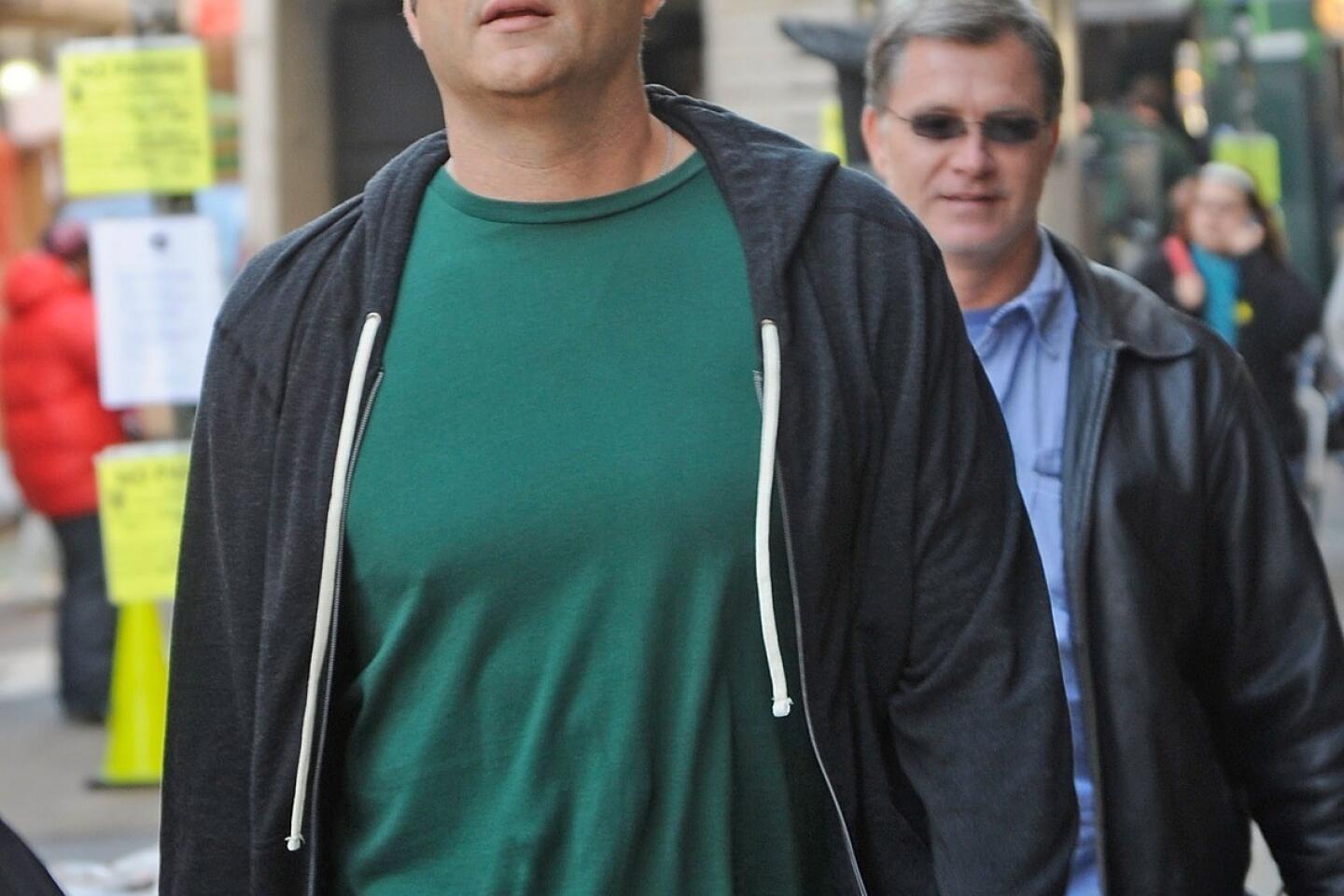
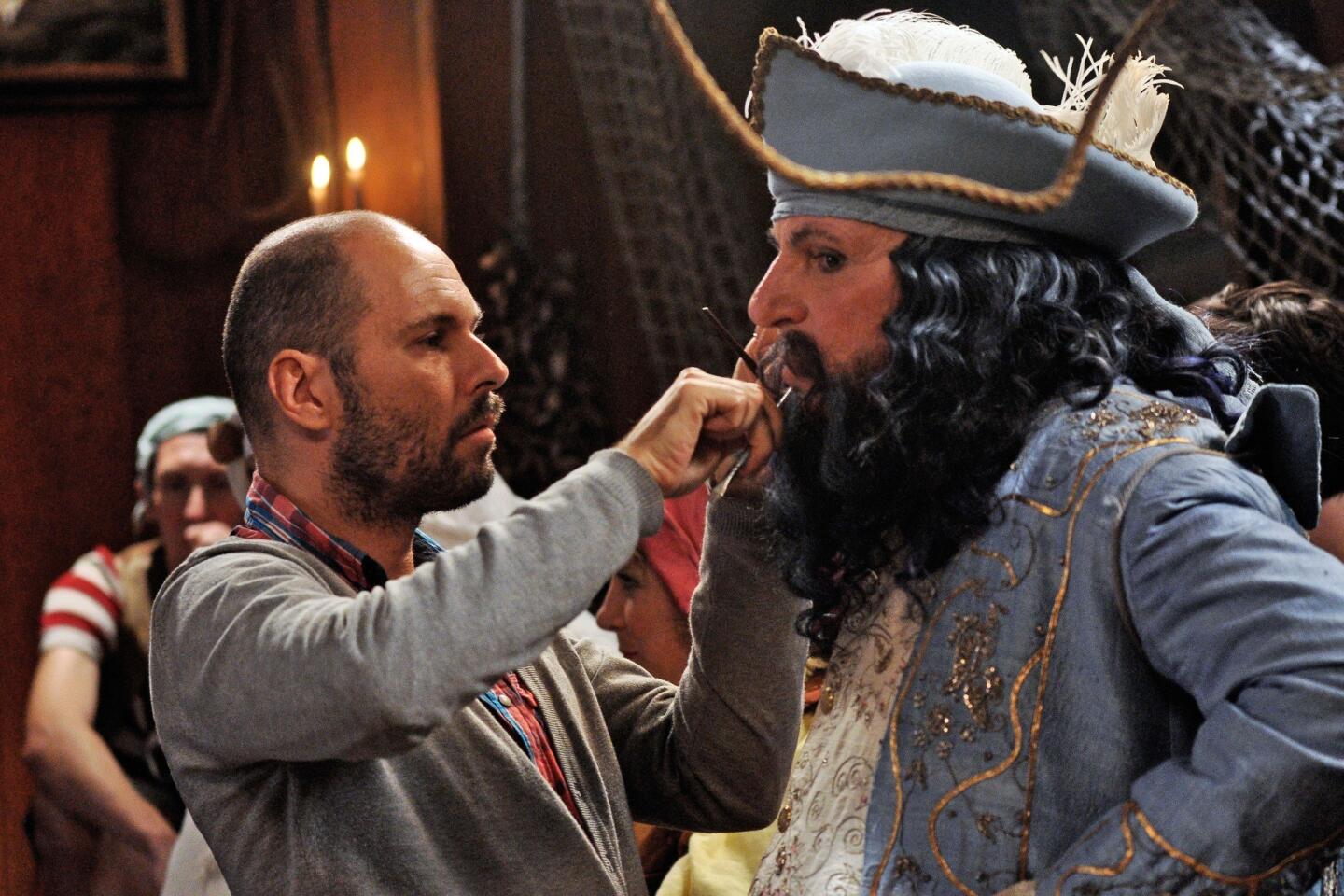
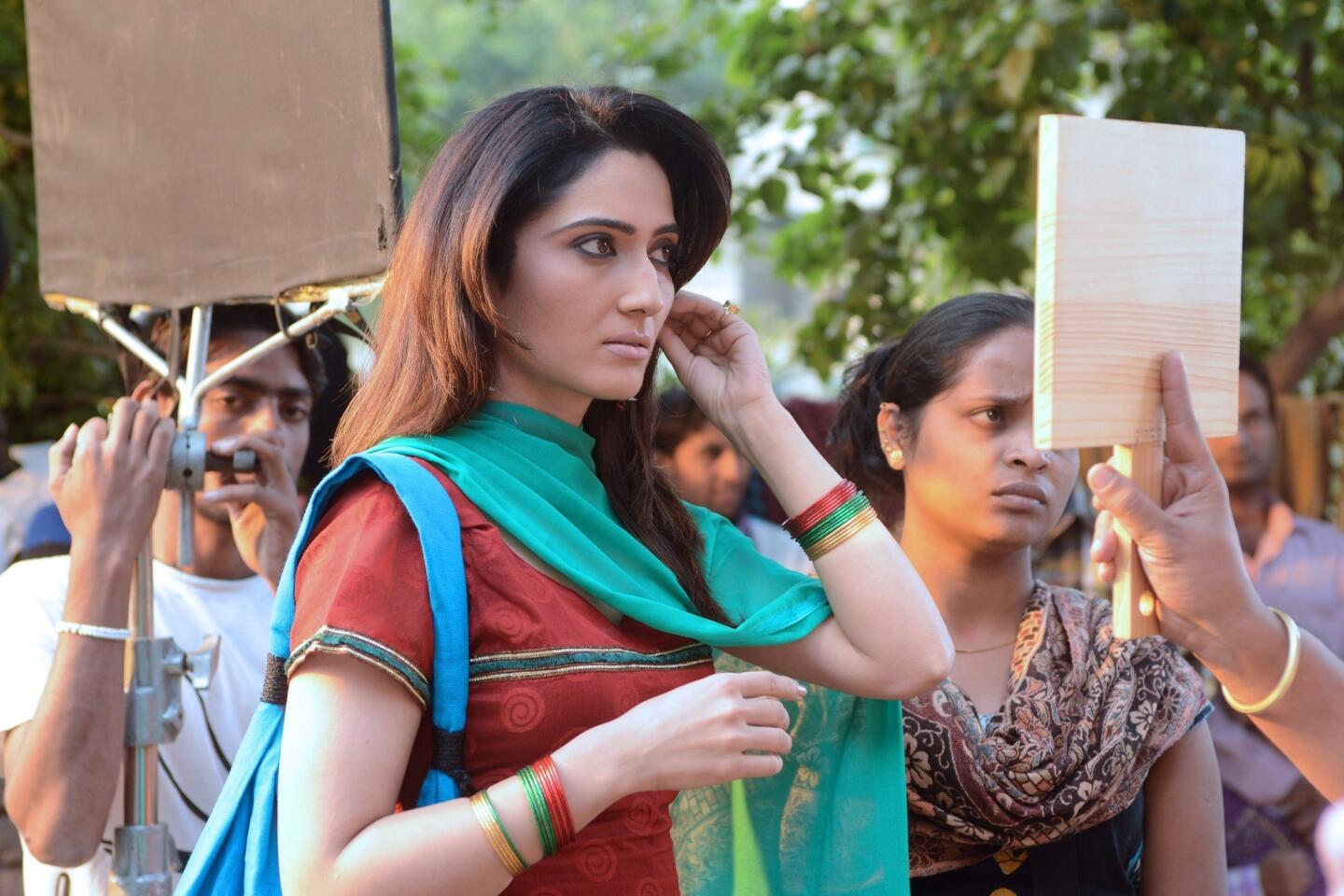
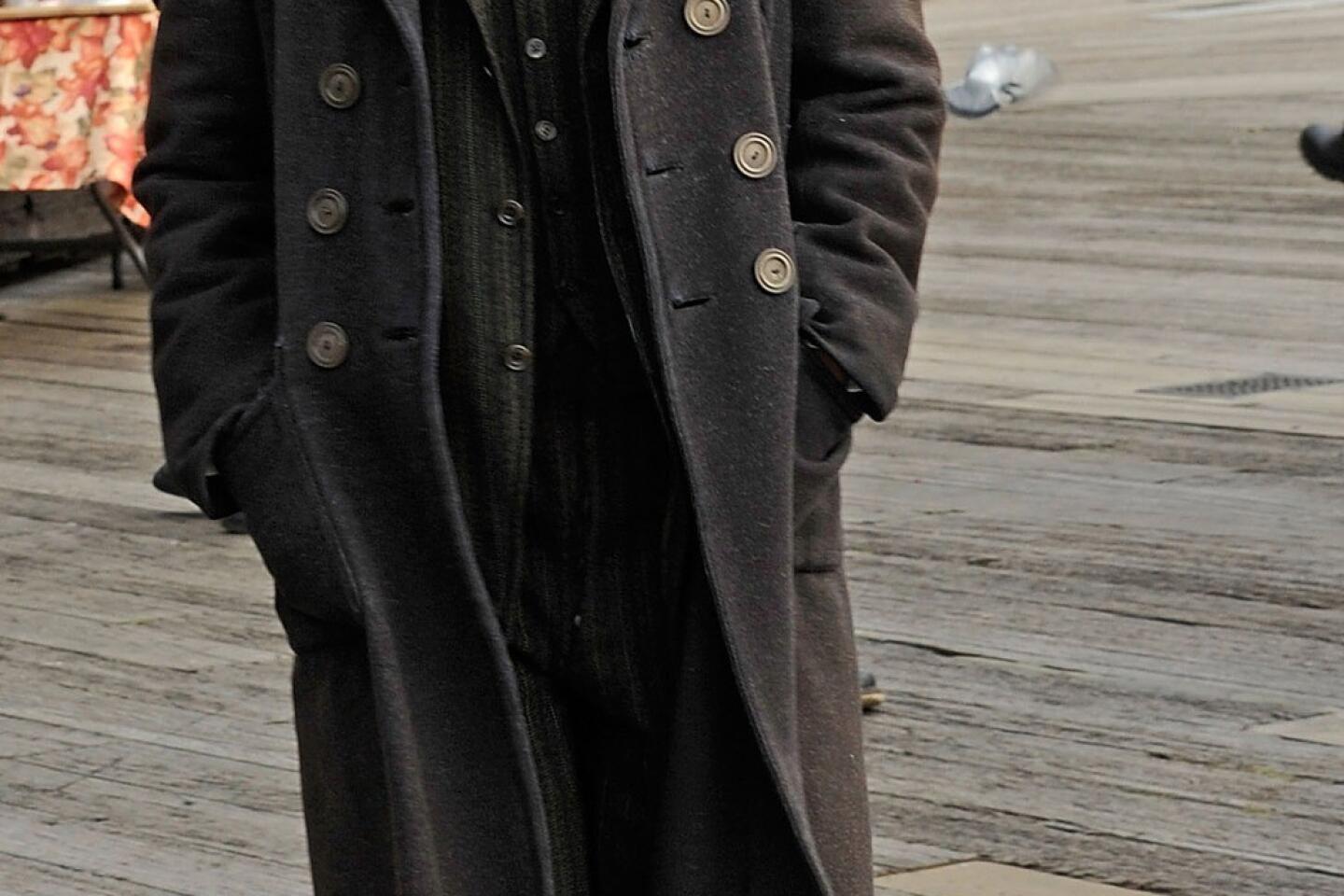
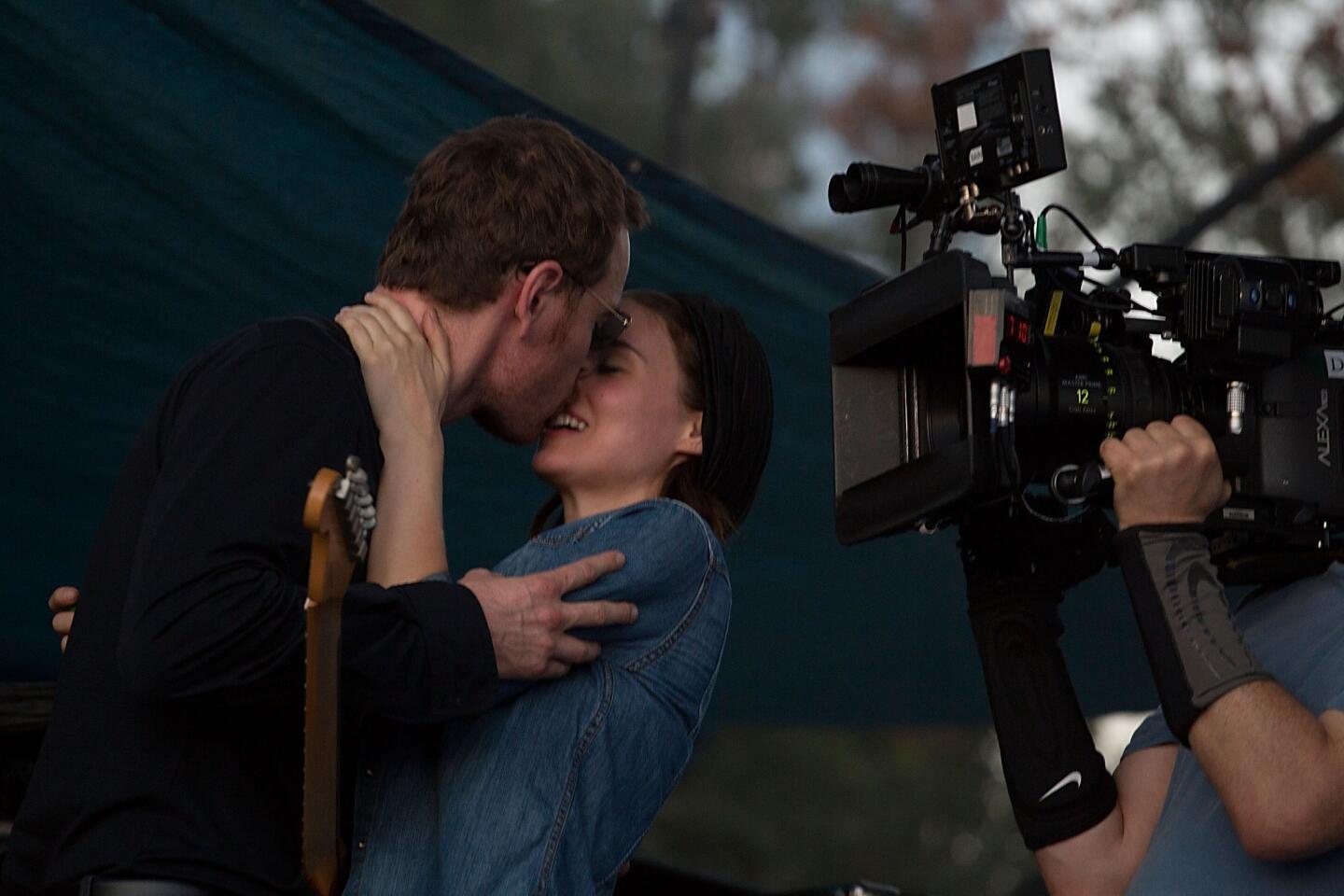
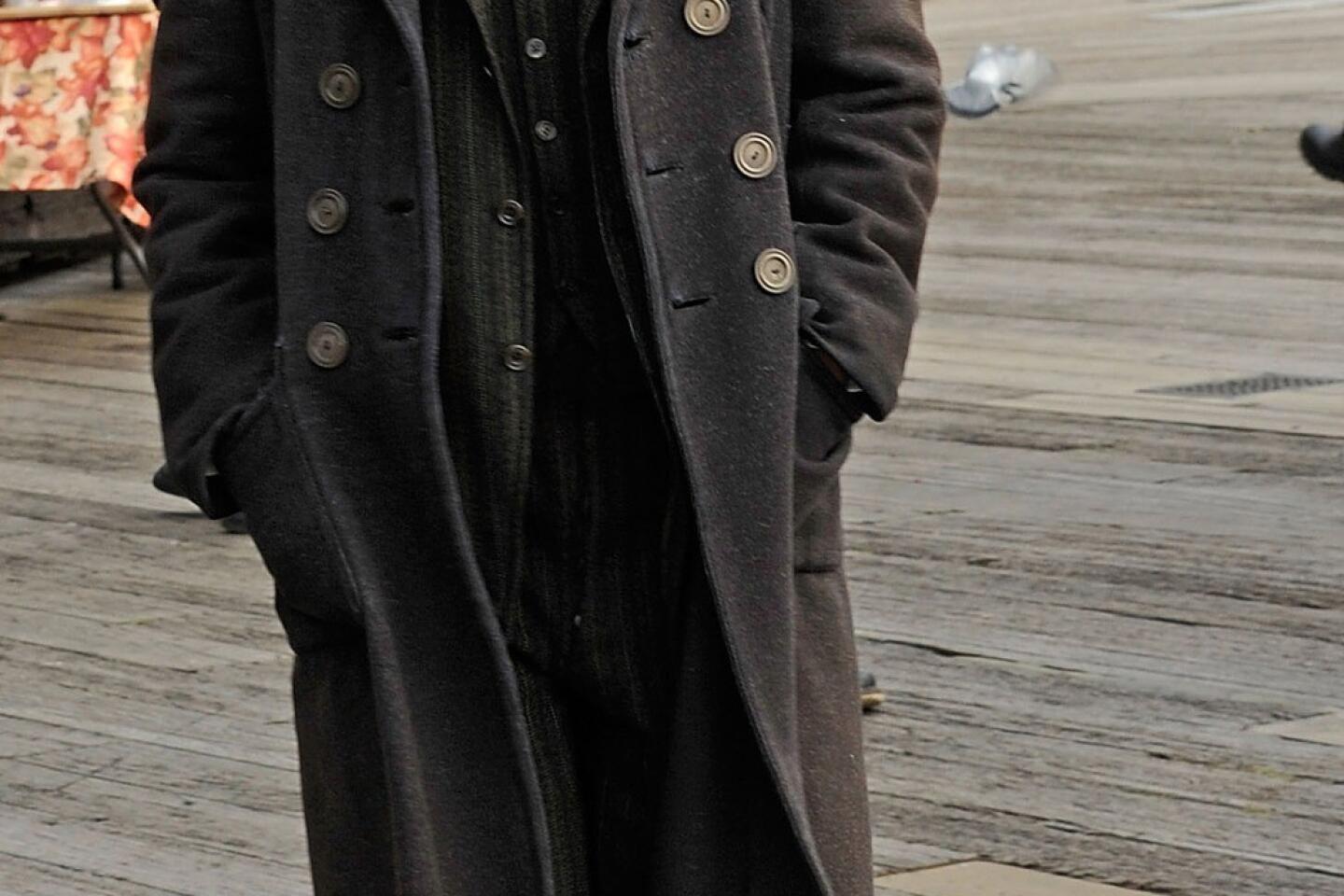
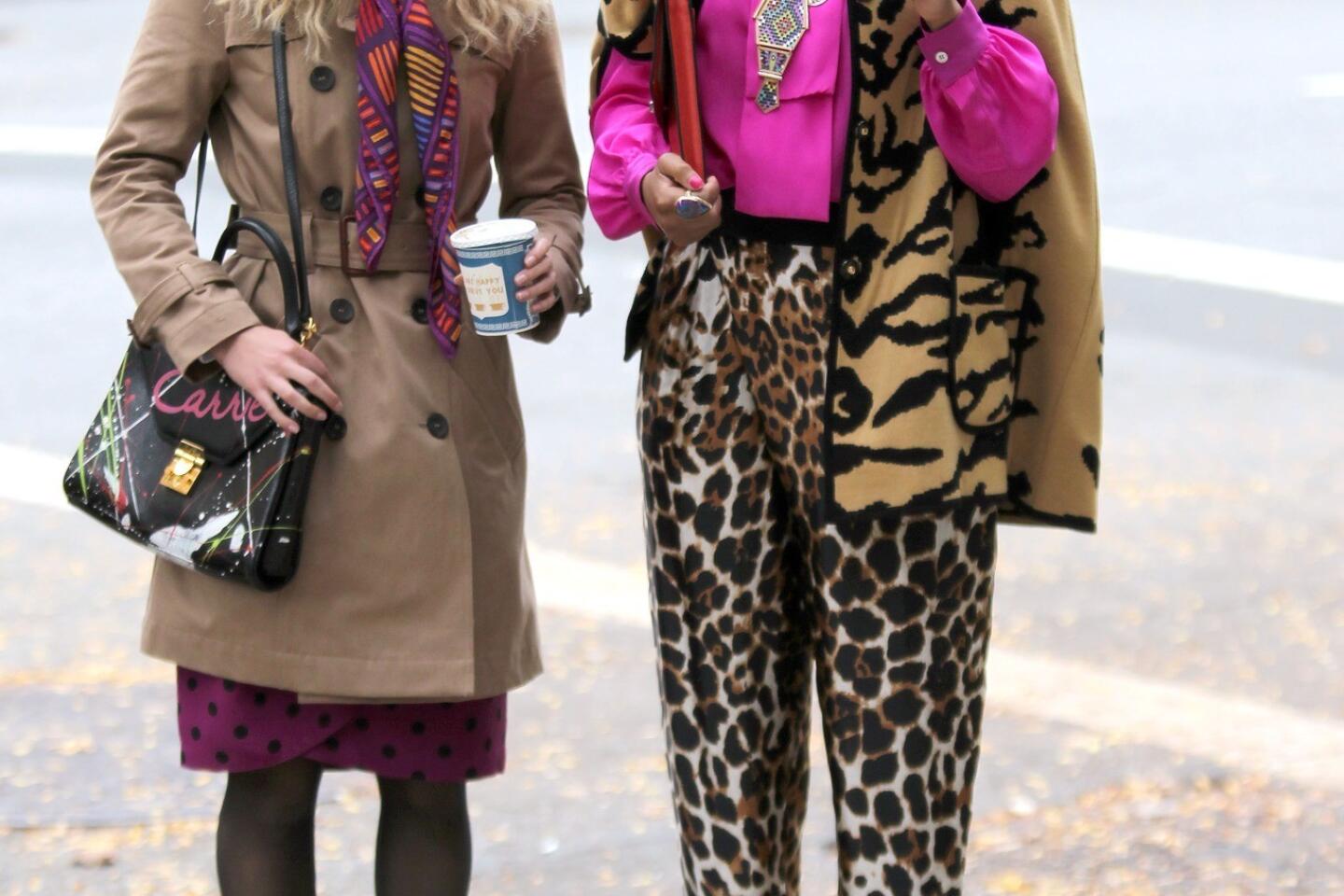
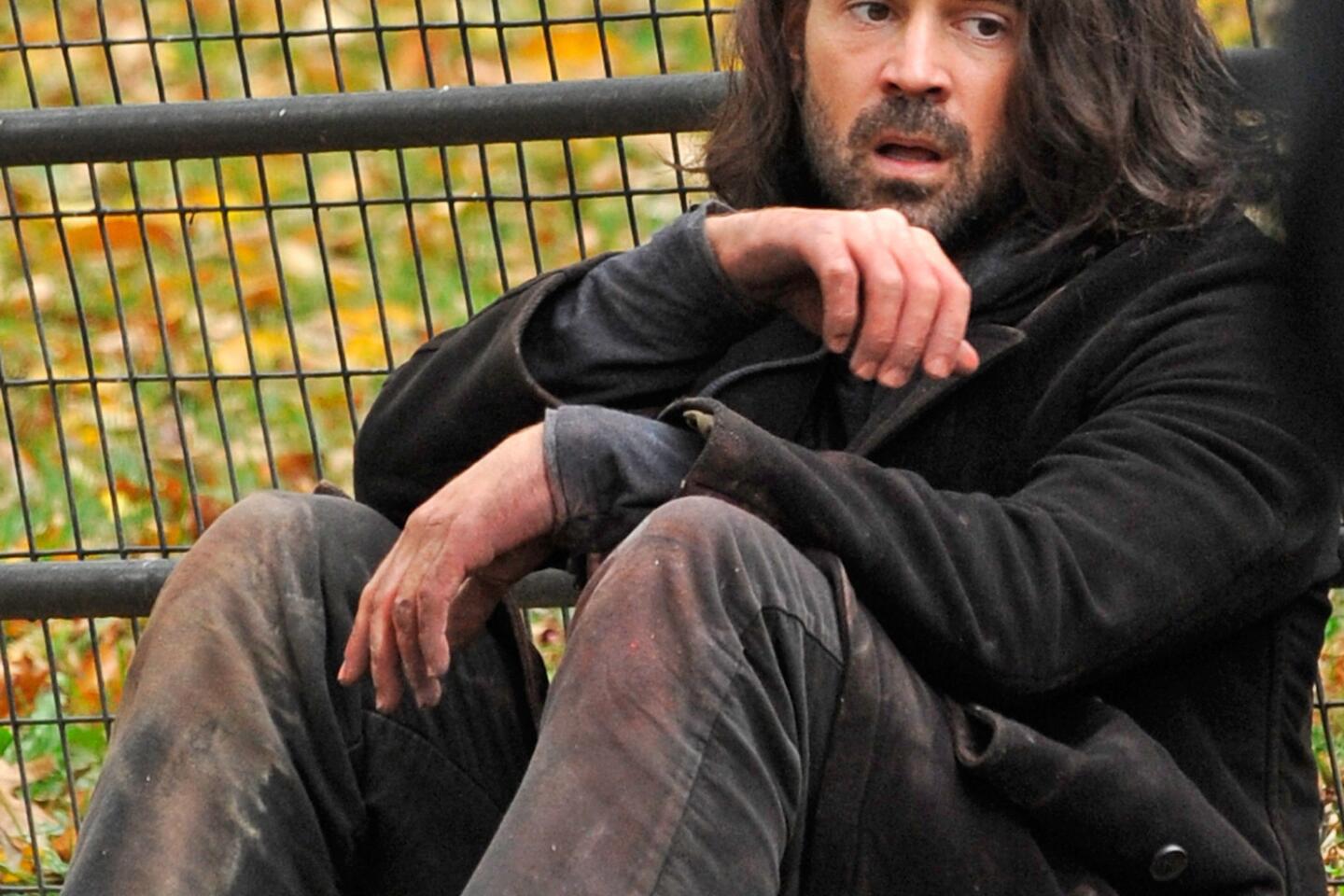
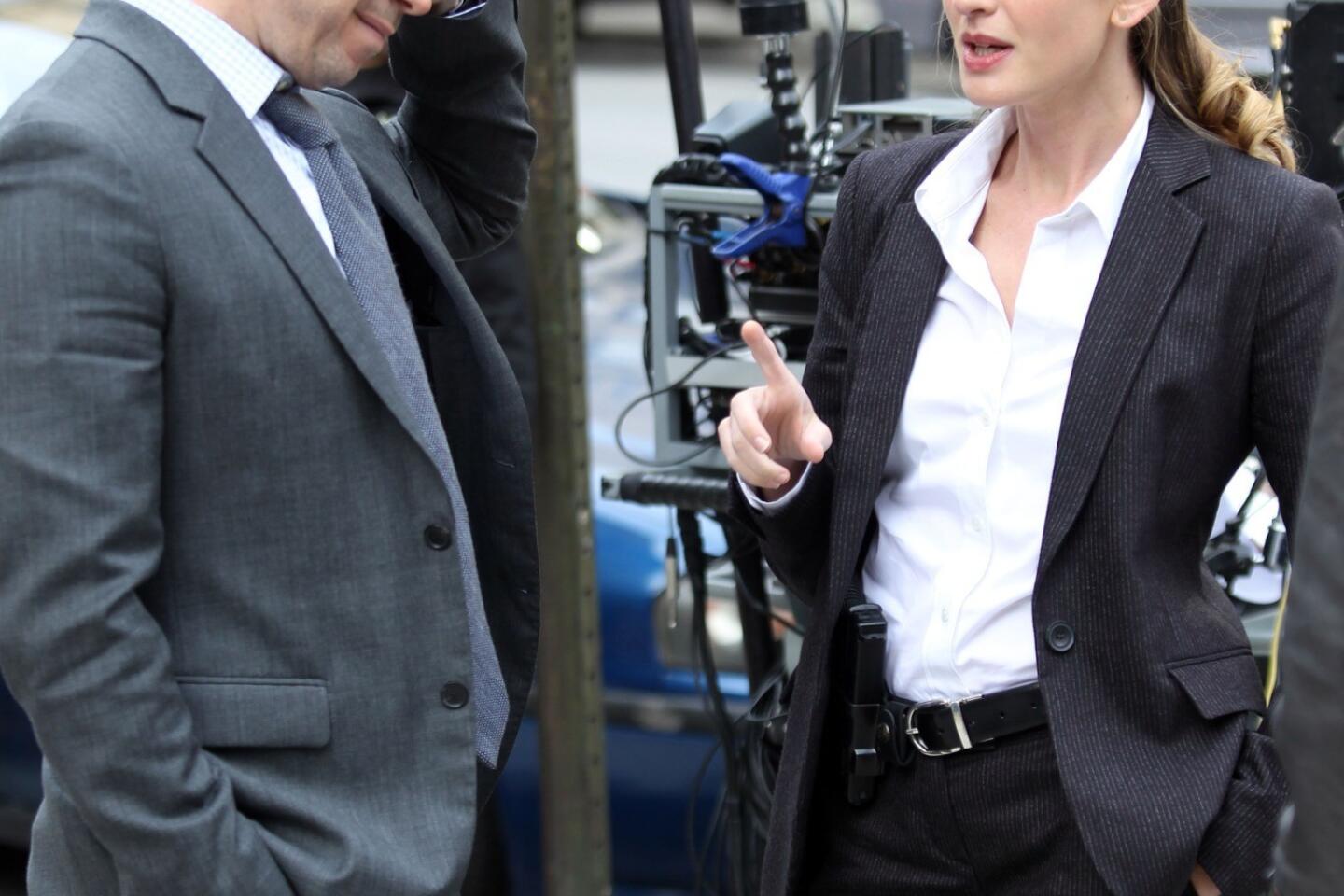
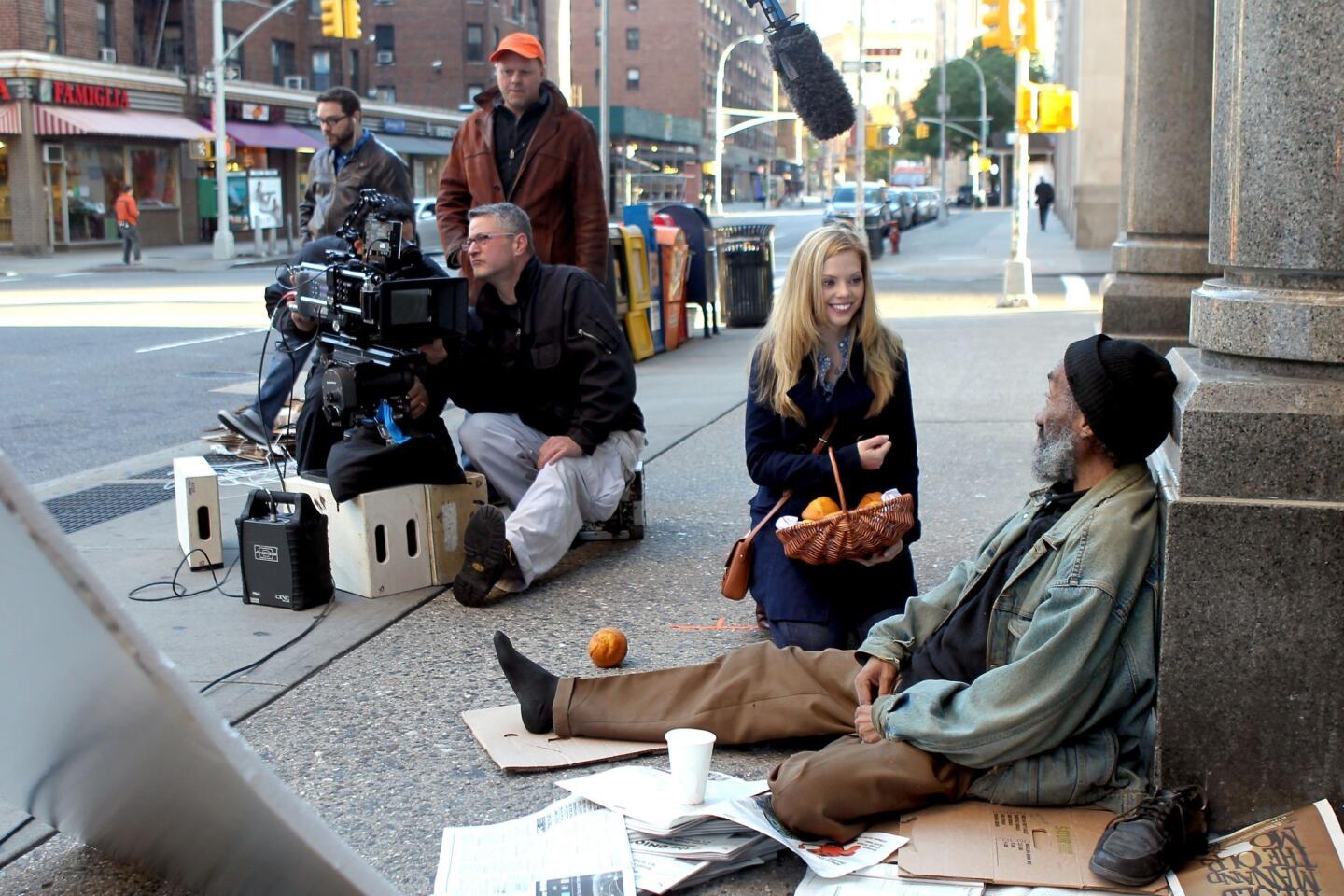

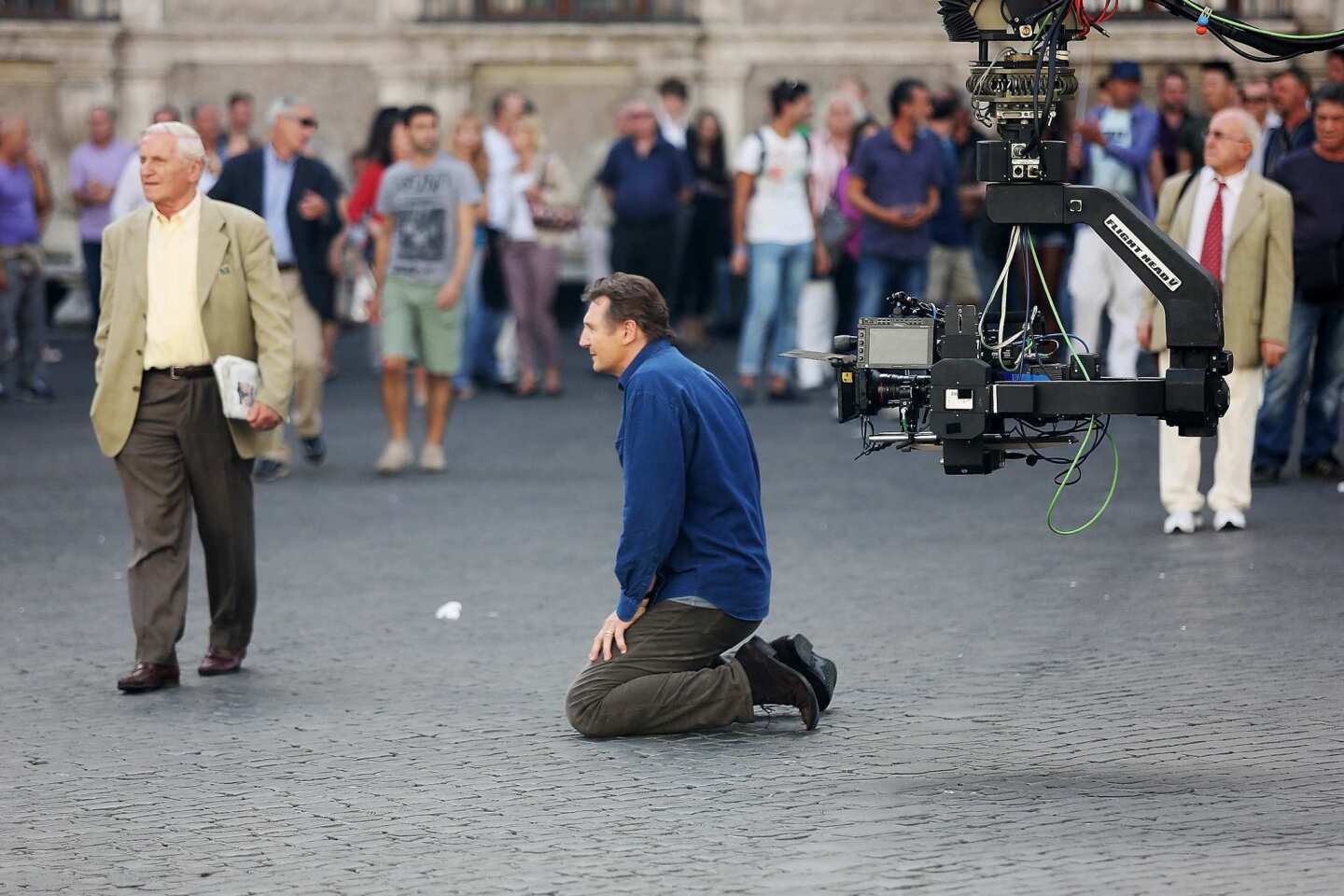
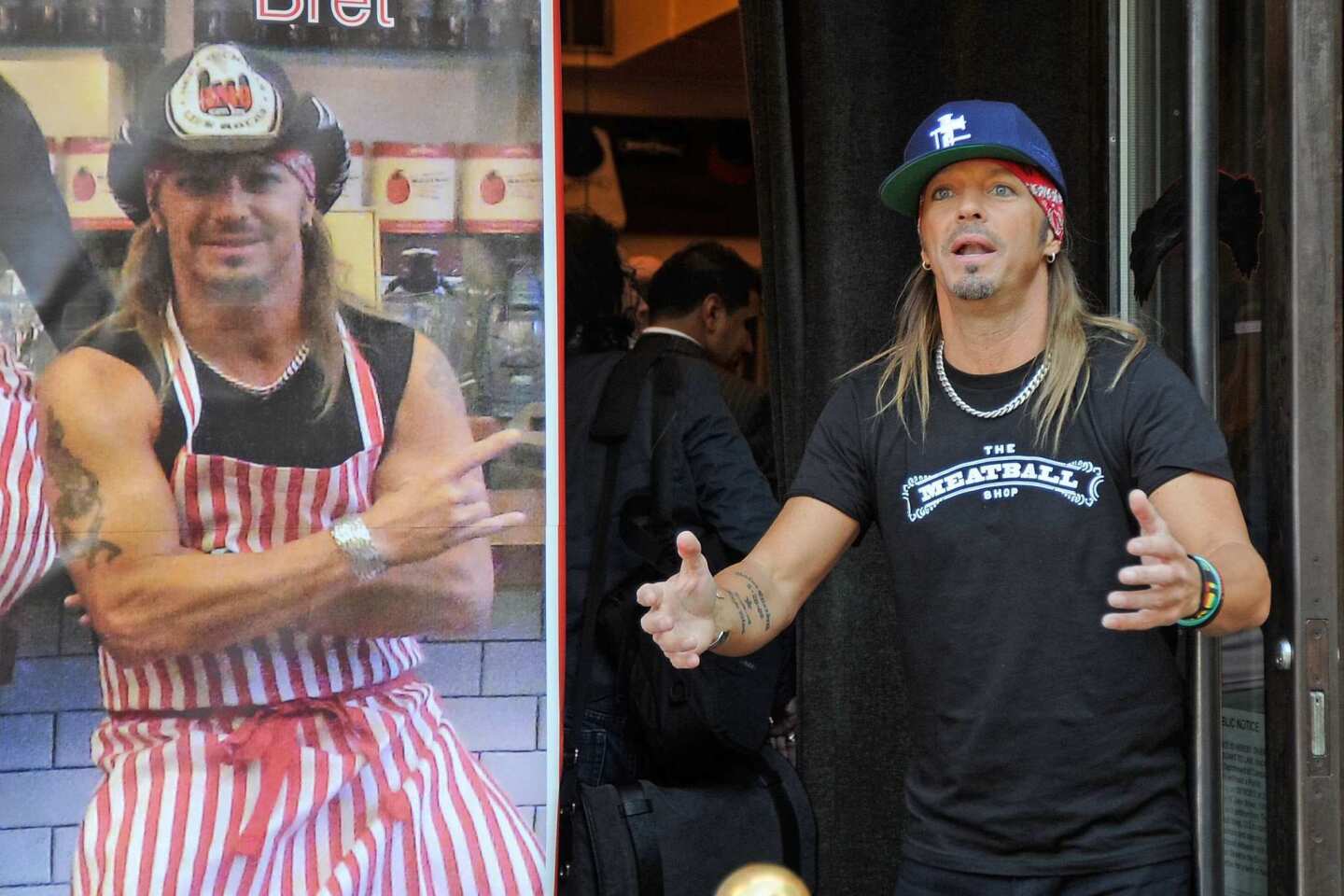
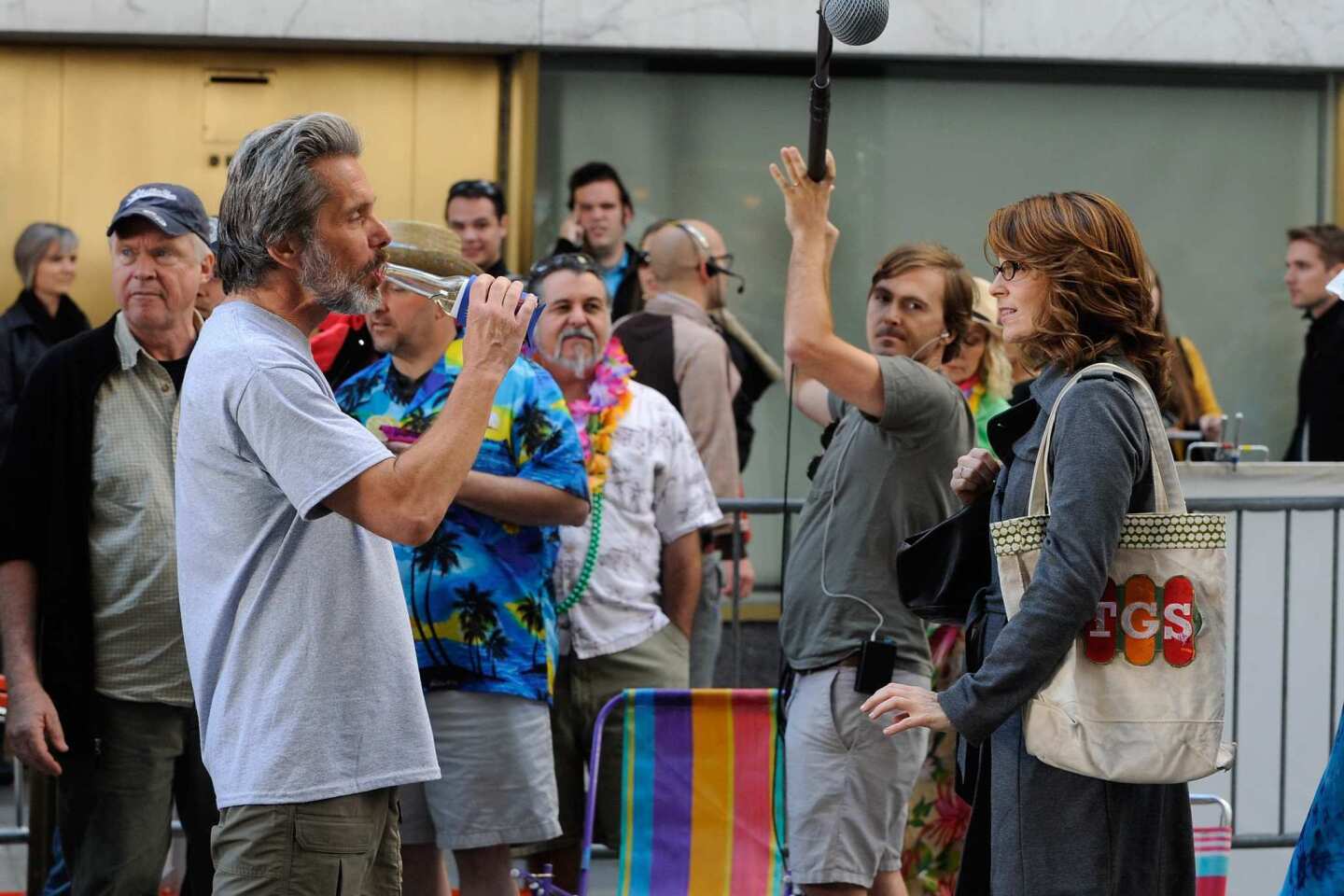
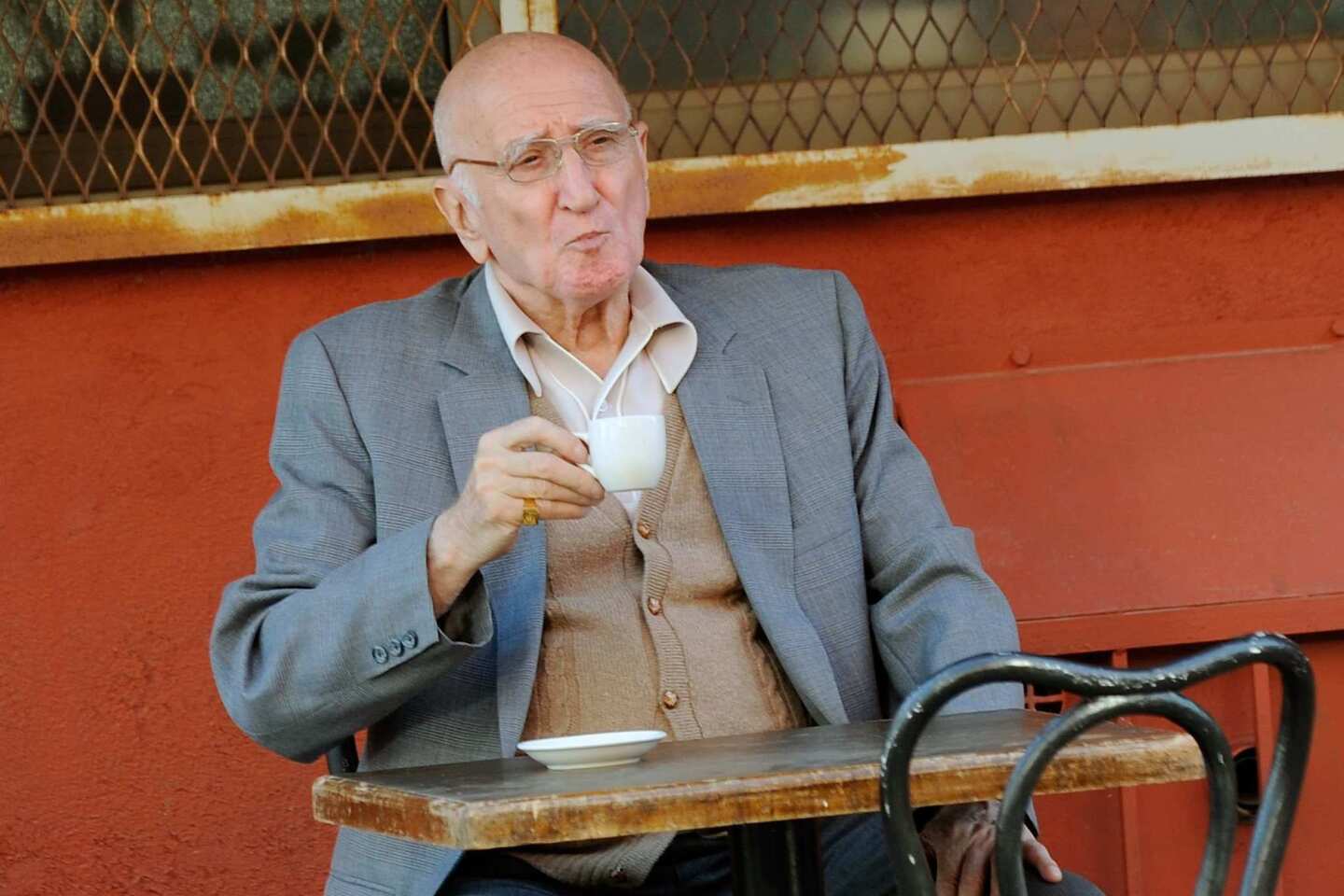

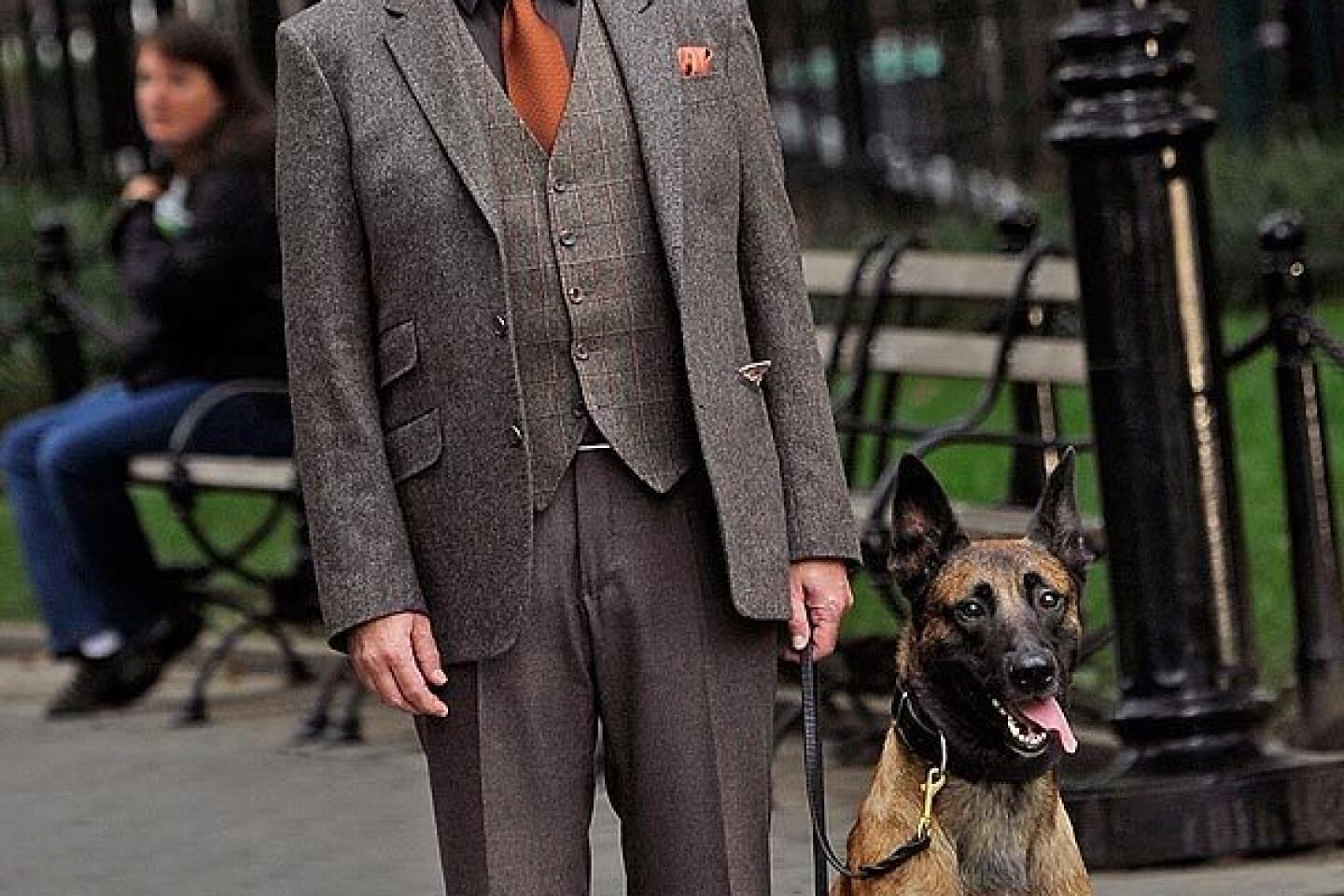
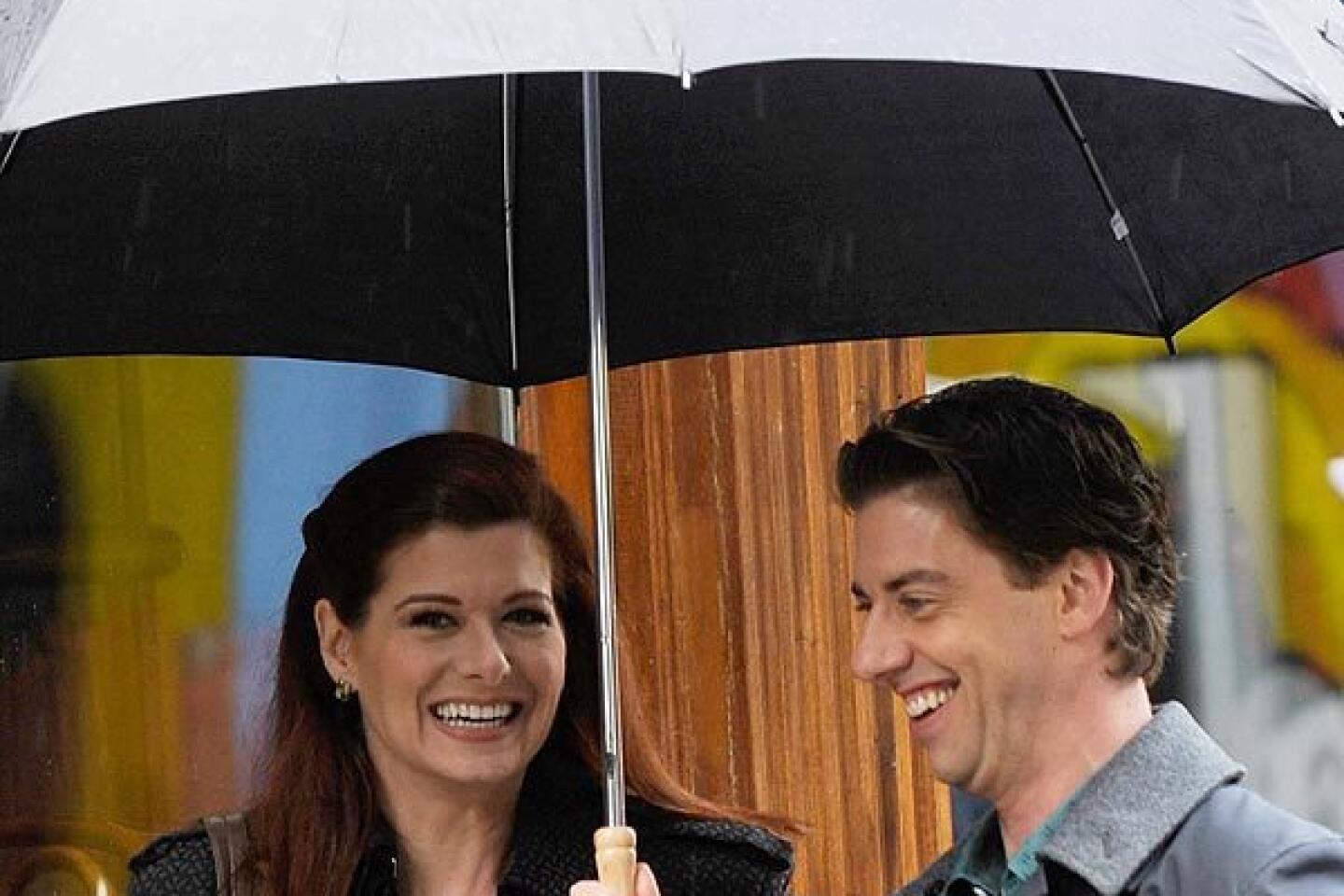
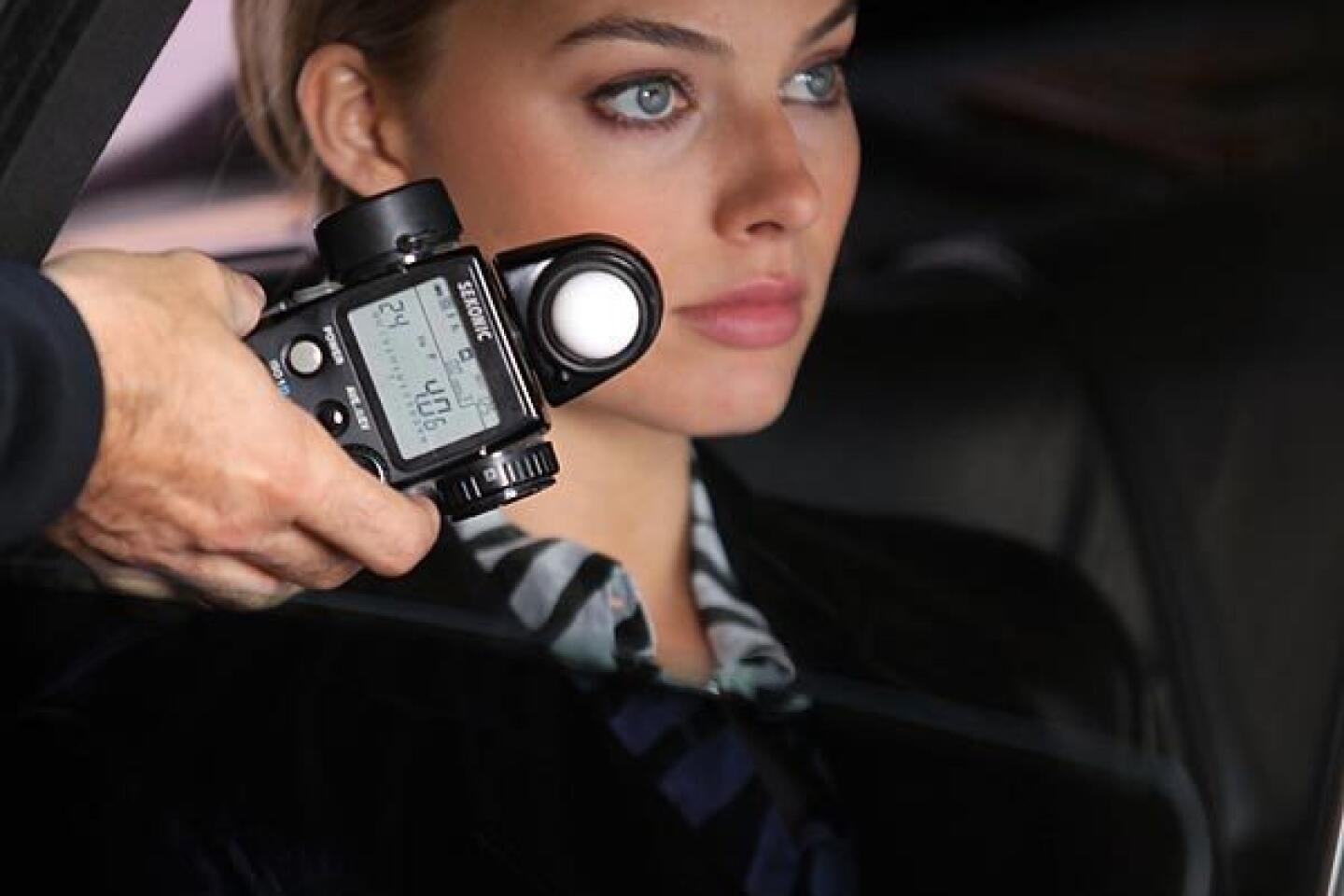
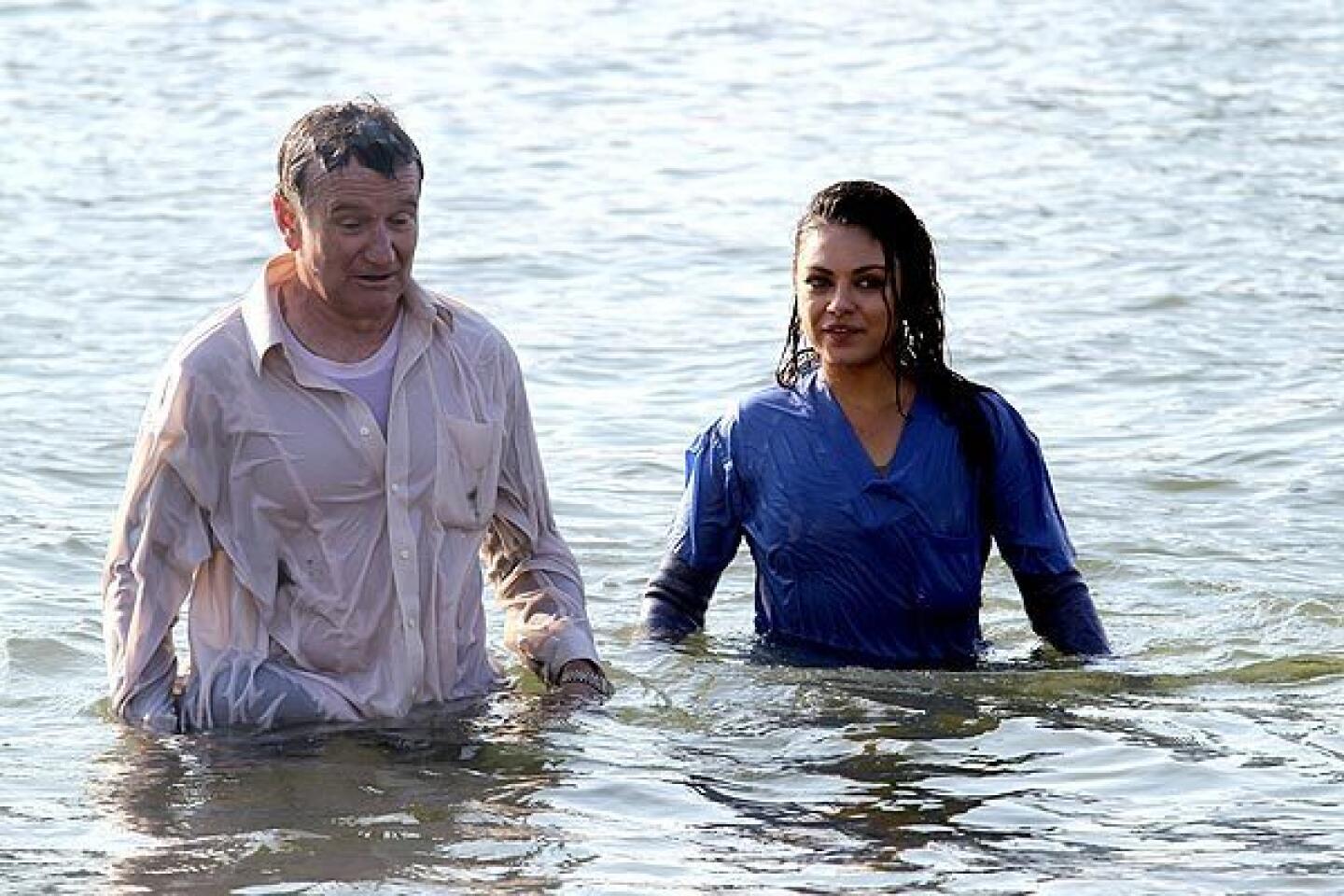
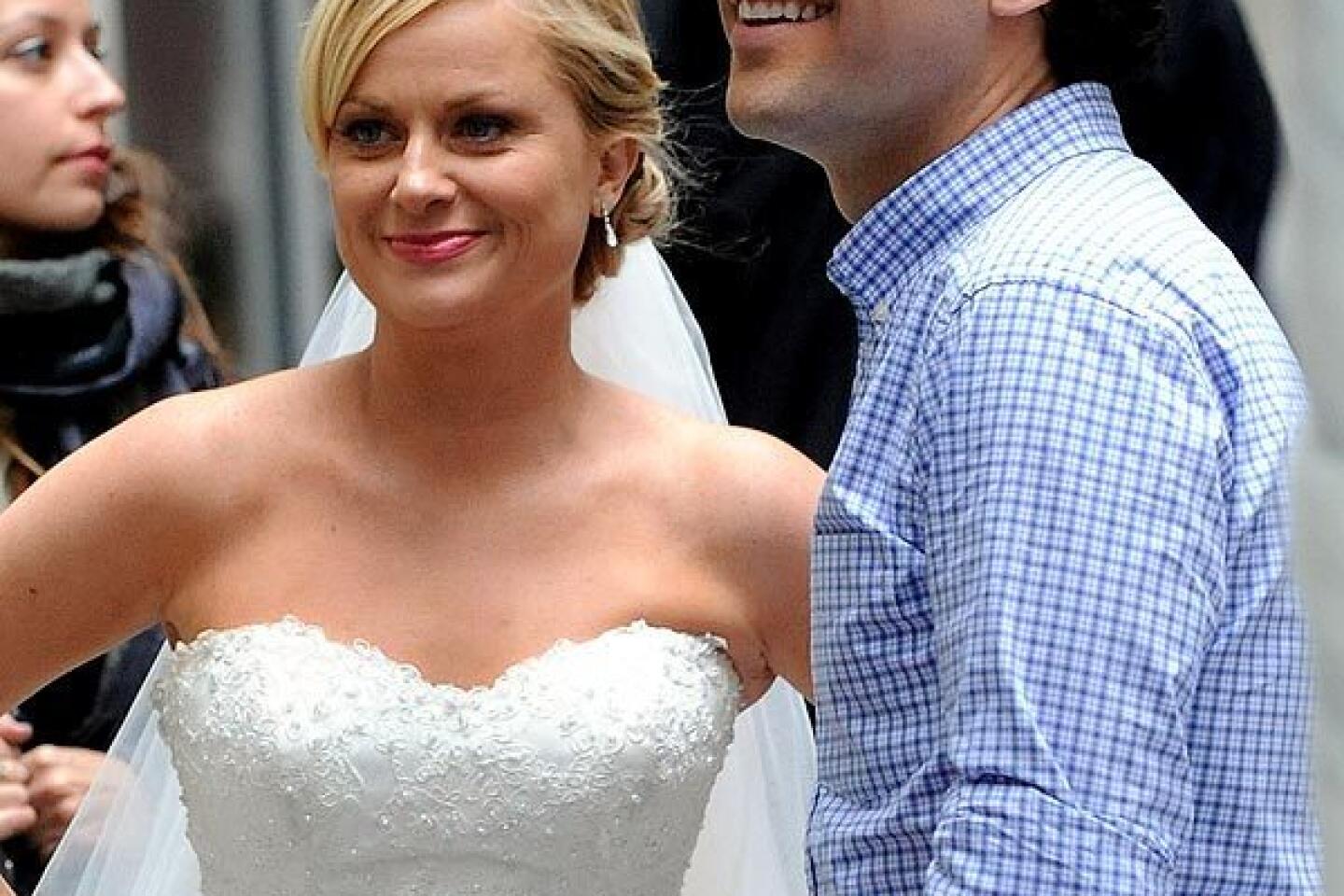
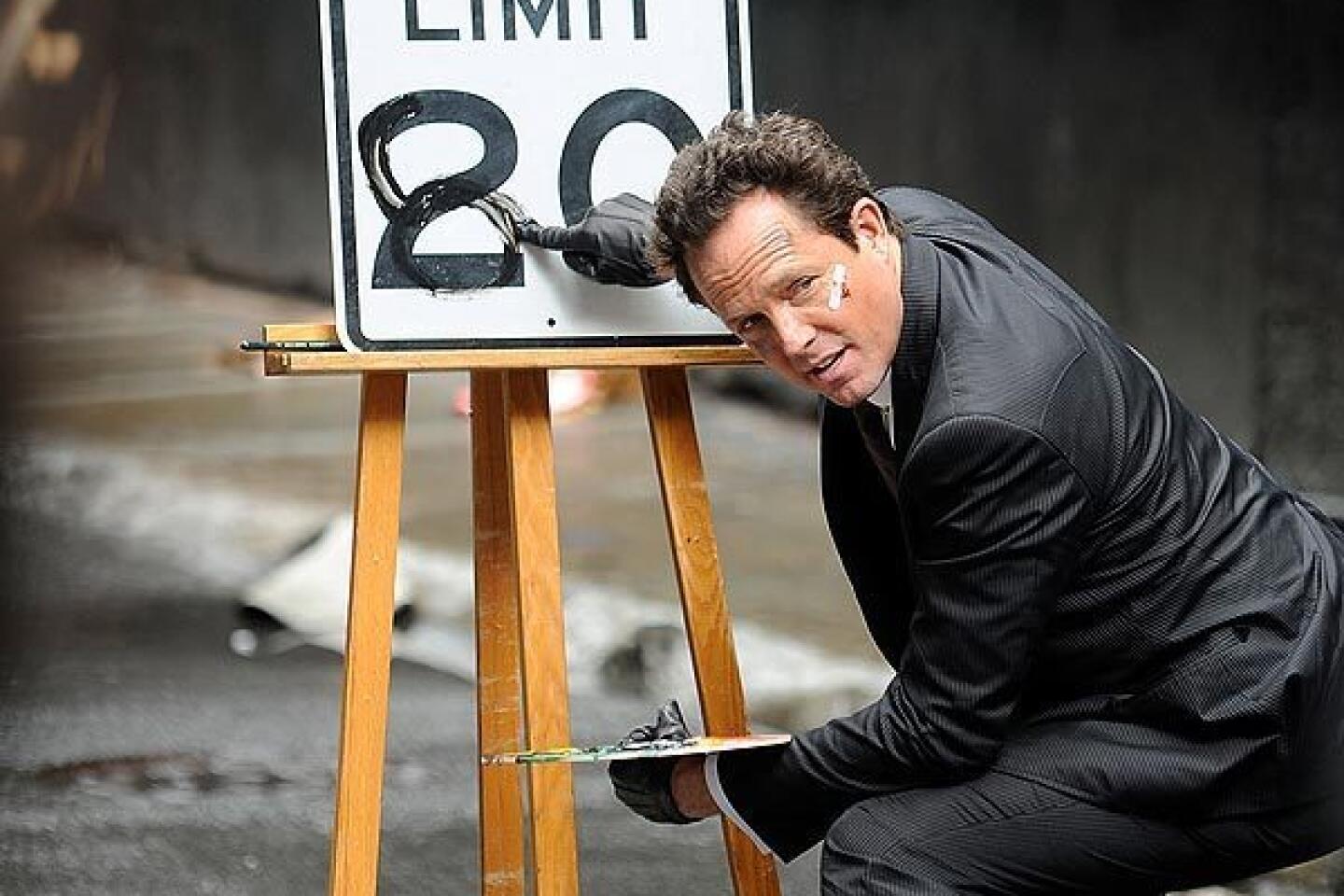
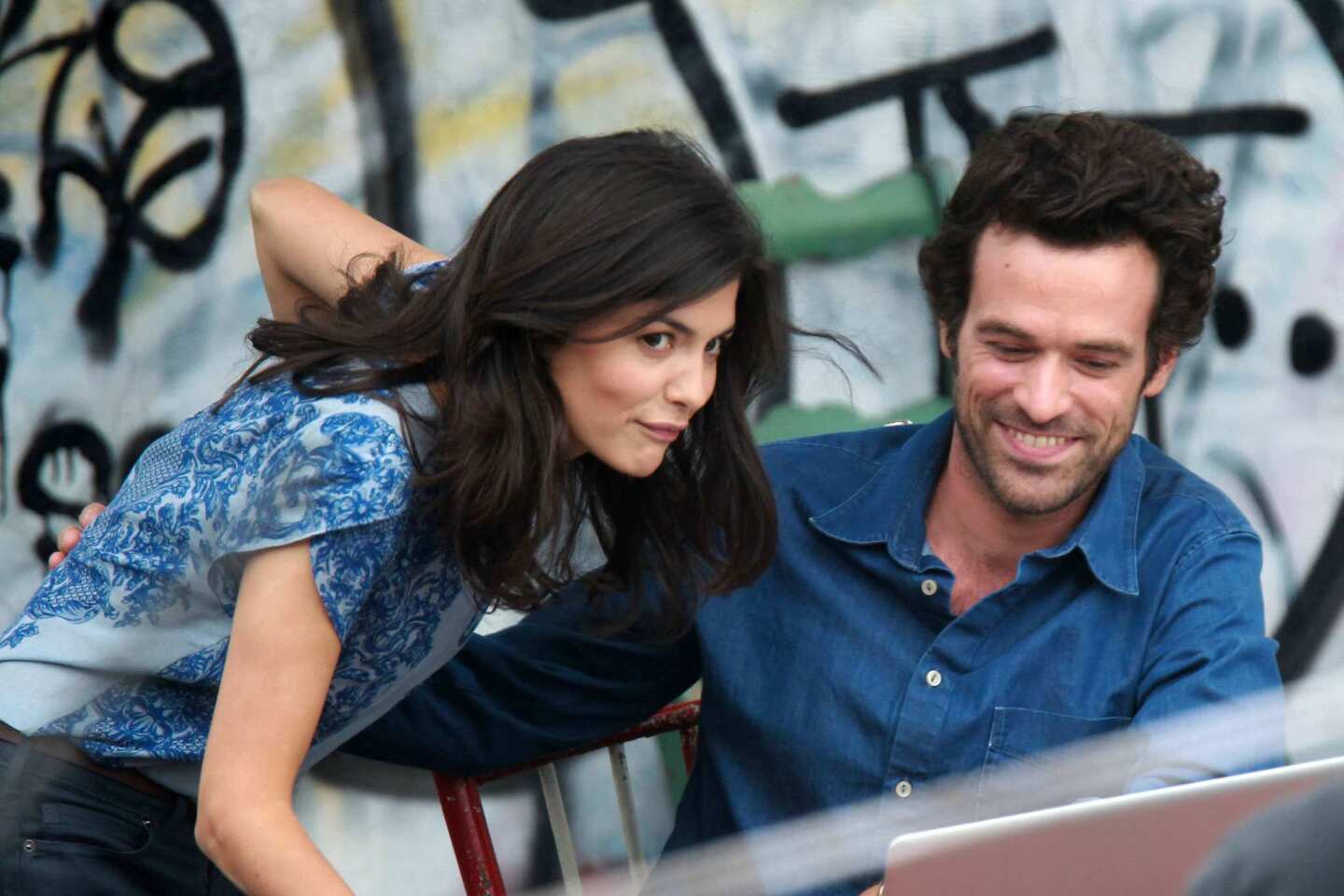

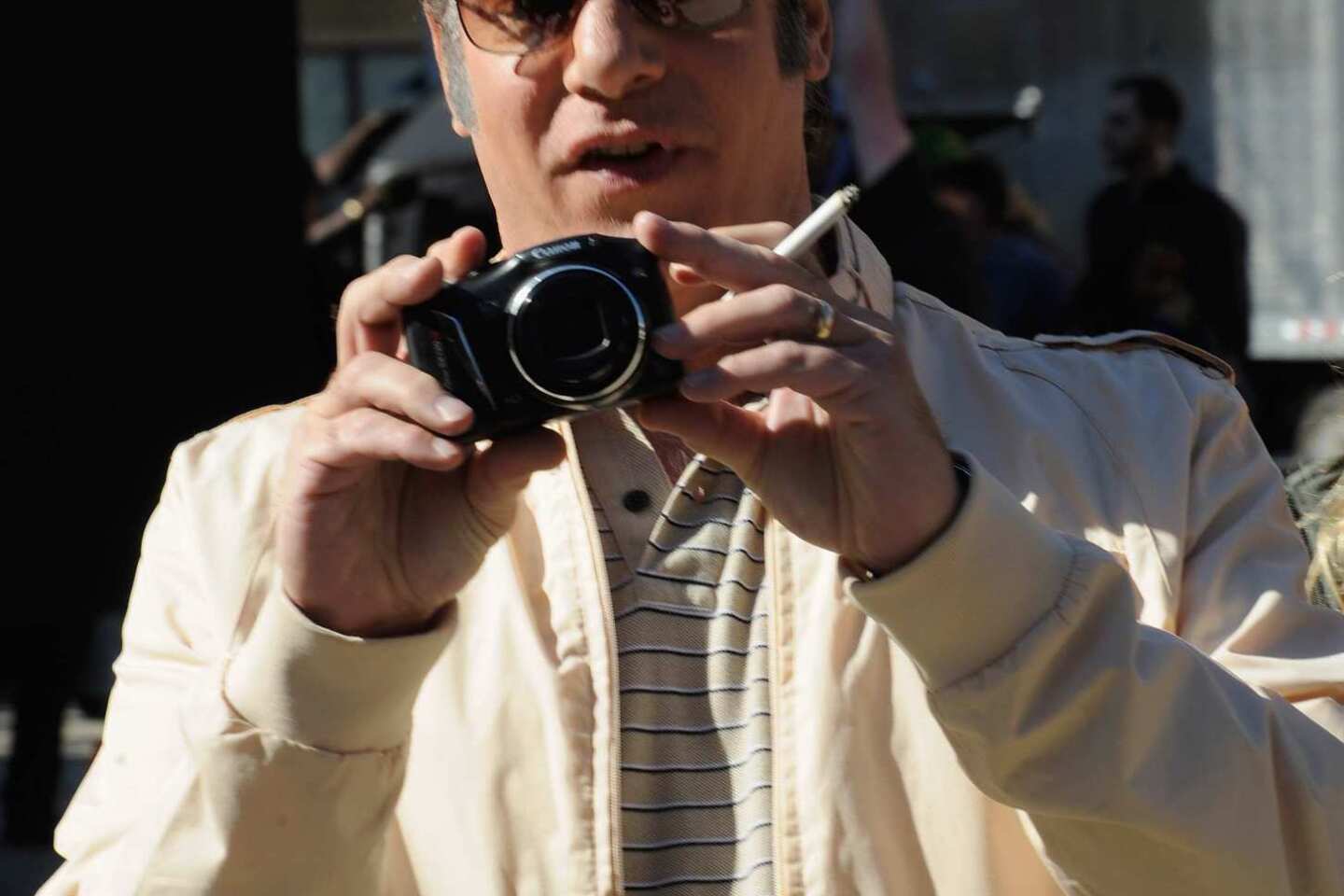
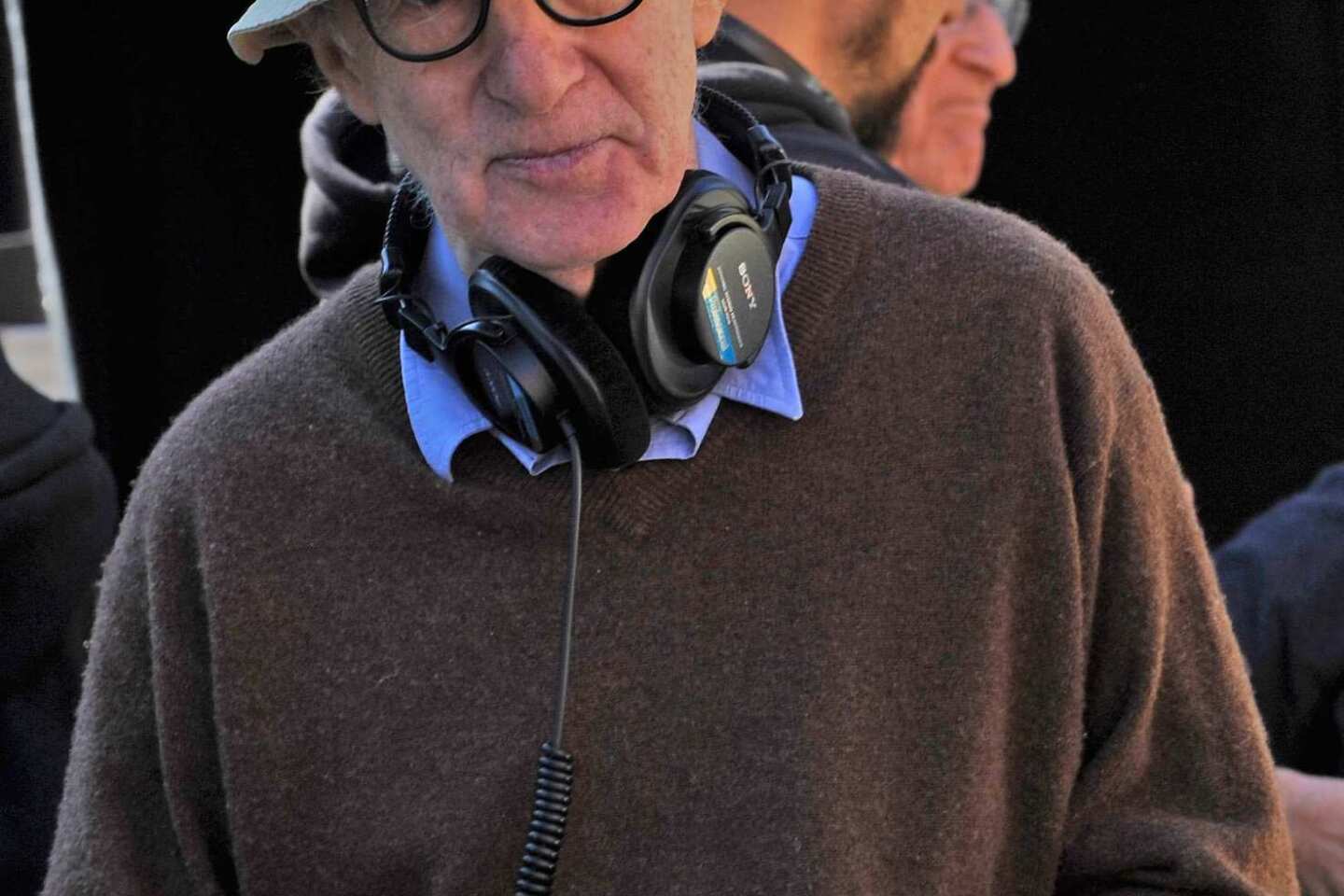
![[EMERSON, NJ - SEPTEMBER 17: Jonah Hill and Jon Bernthal filming on location for "The Wolf Of Wall Street" on September 17, 2012 in Emerson, New Jersey. (Photo by Bobby Bank/WireImage)] *** []](https://ca-times.brightspotcdn.com/dims4/default/2c5bd35/2147483647/strip/true/crop/2048x1365+0+132/resize/1440x960!/quality/75/?url=https%3A%2F%2Fcalifornia-times-brightspot.s3.amazonaws.com%2F15%2Ff0%2F109e6600a9f2db61df05af4ab423%2Flat-cindy-back-manx5bpd20120920122943)
